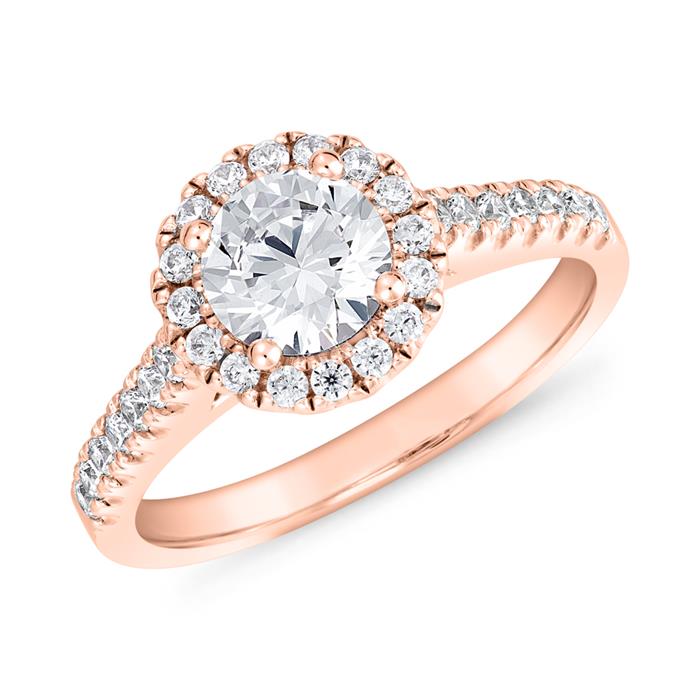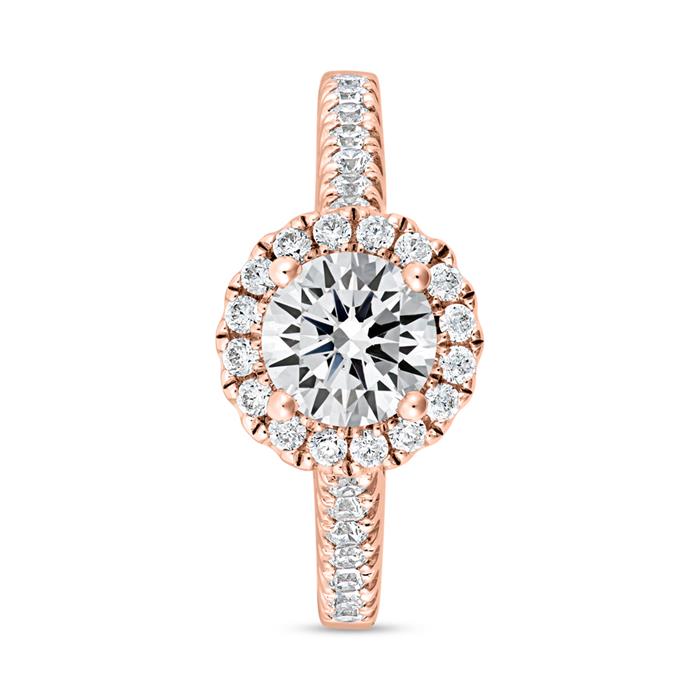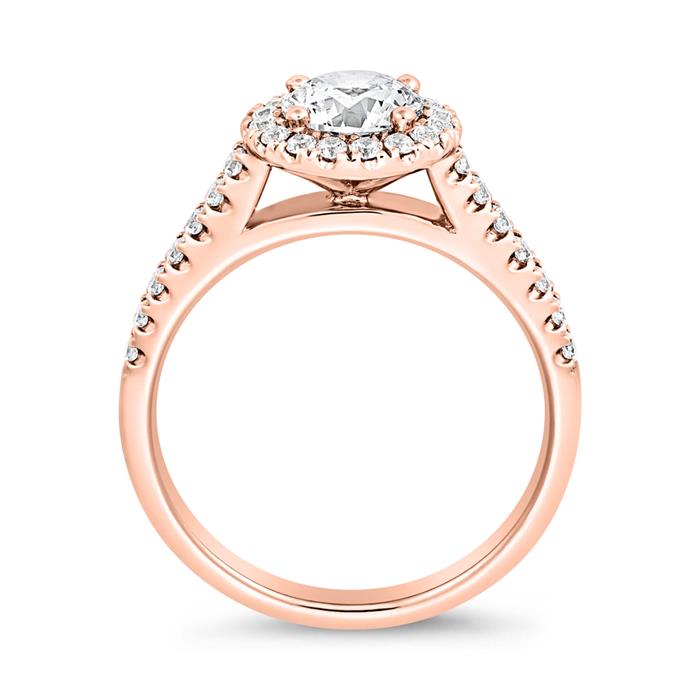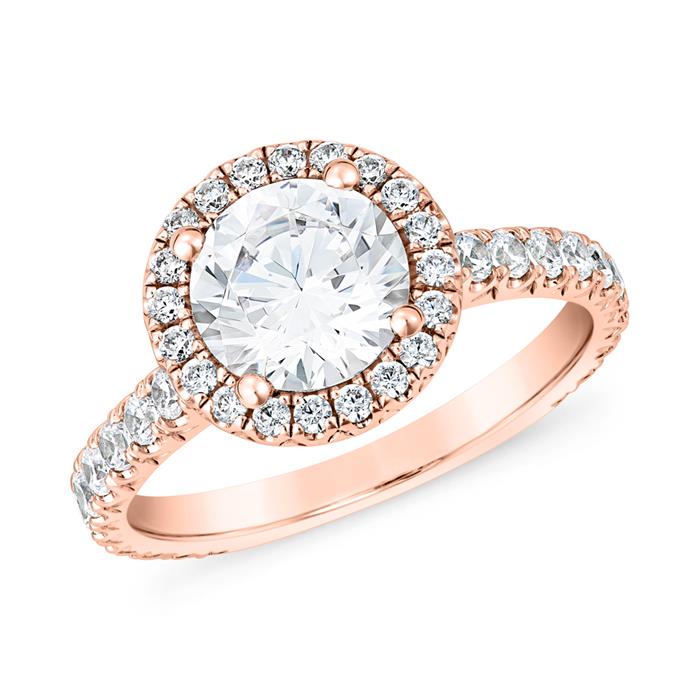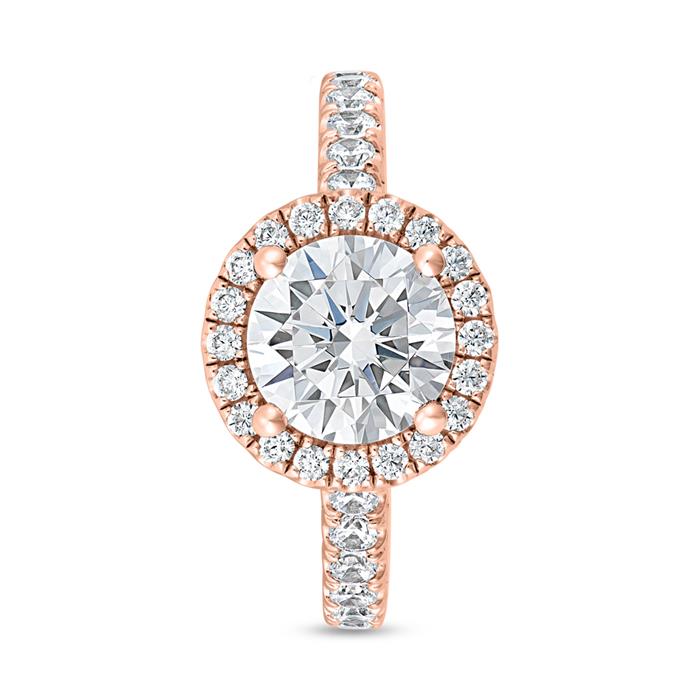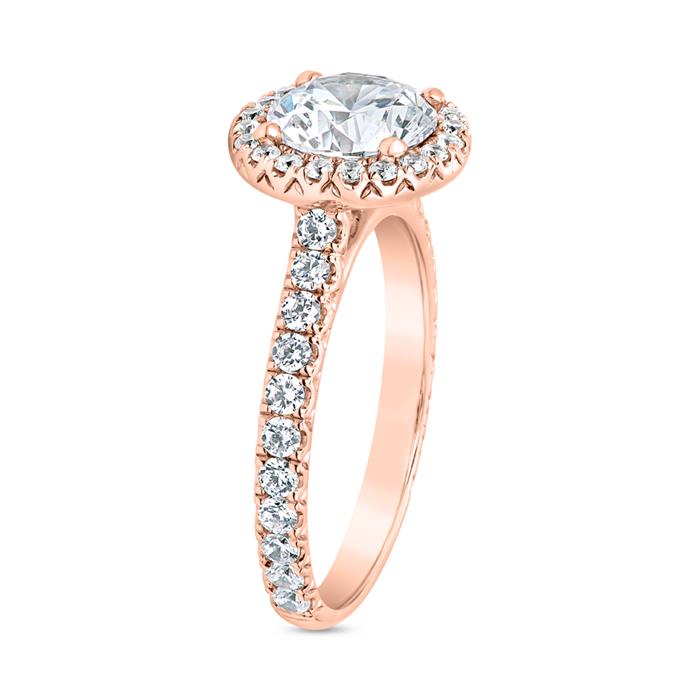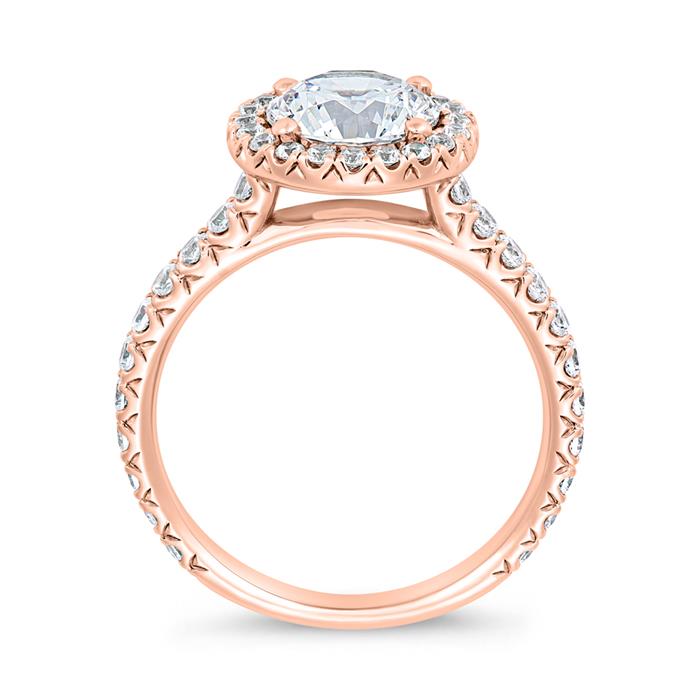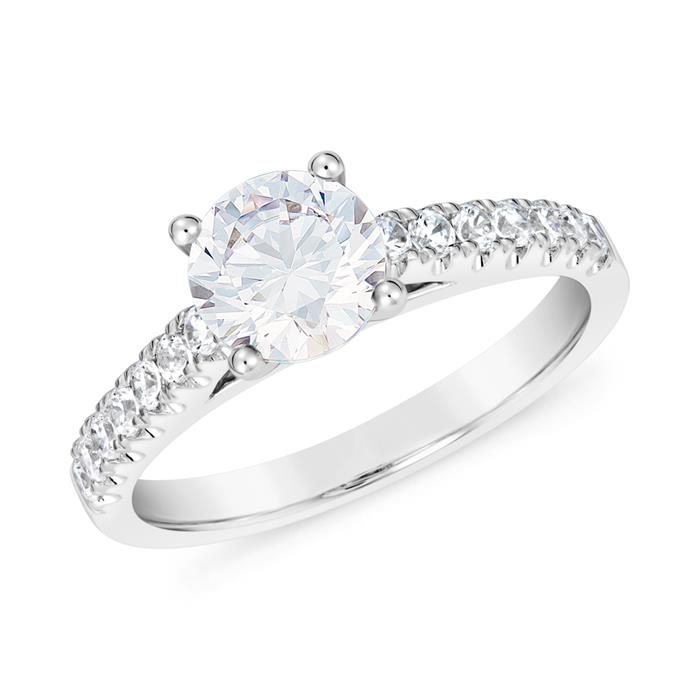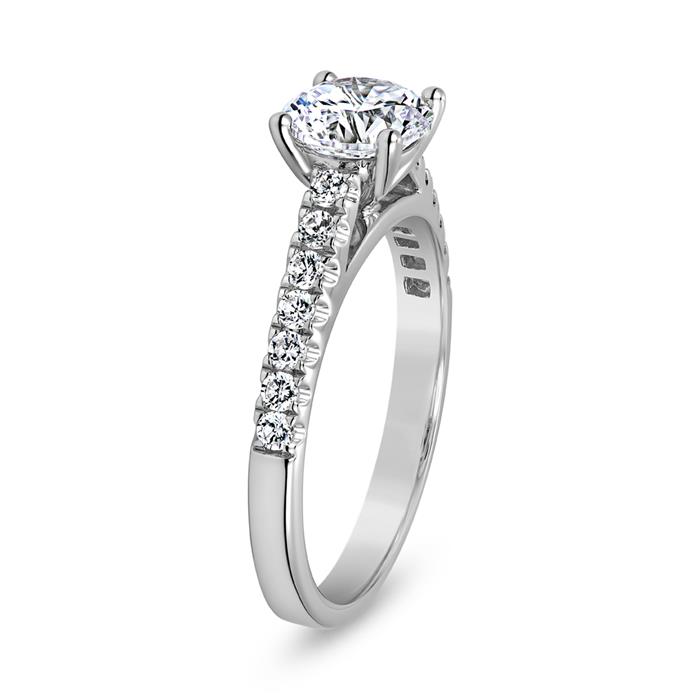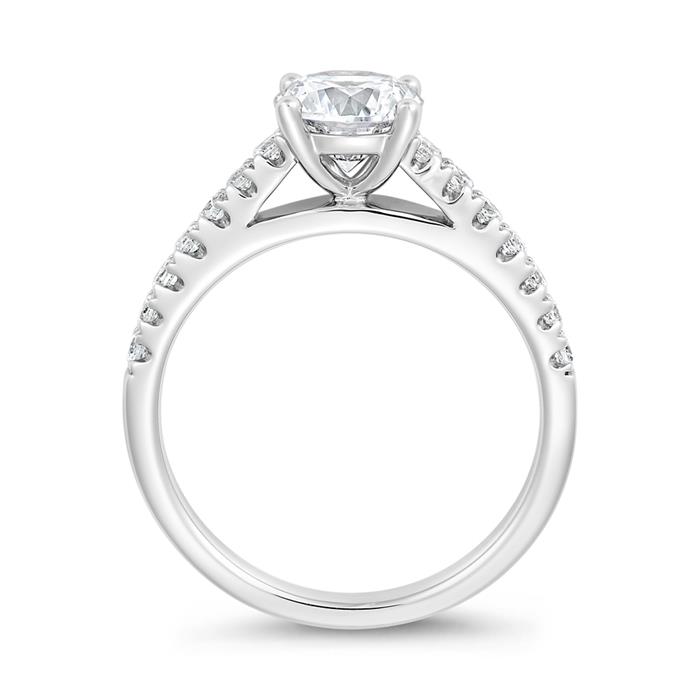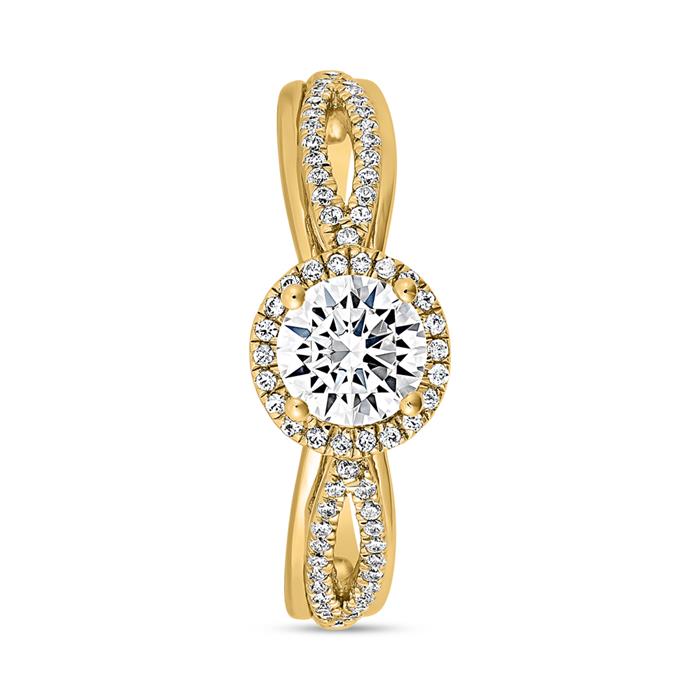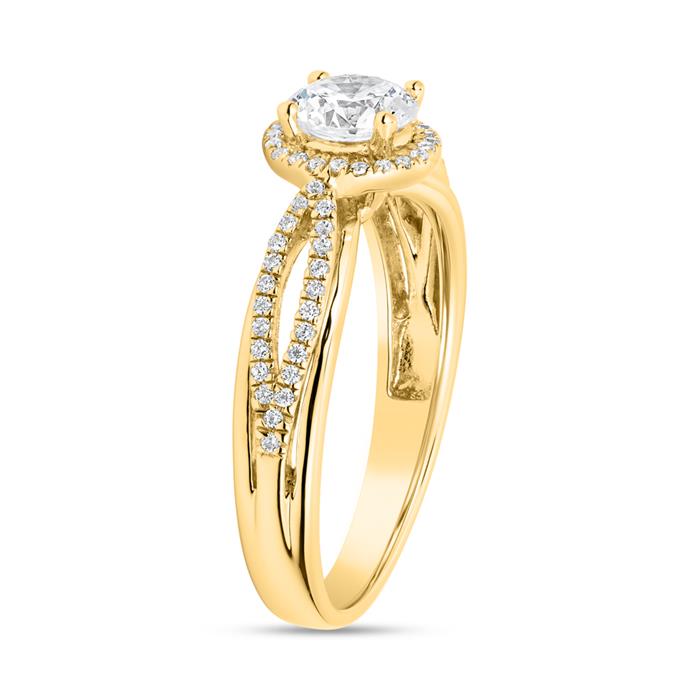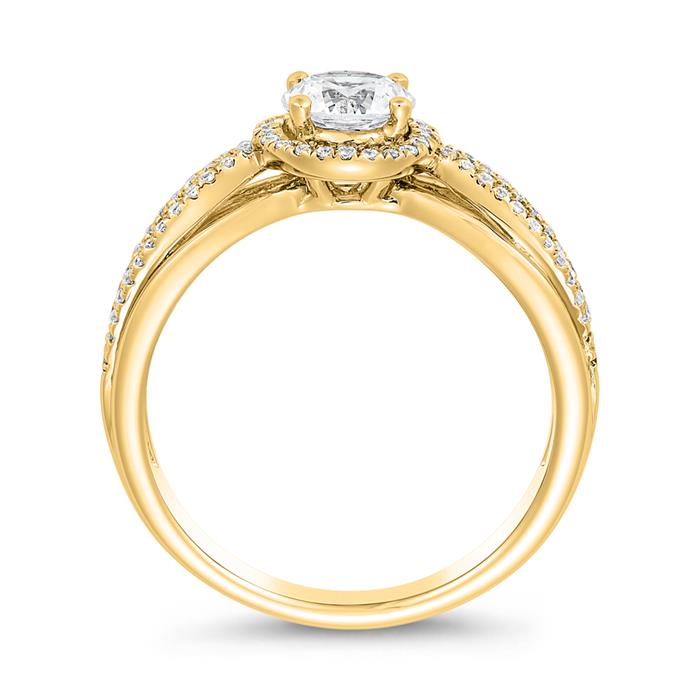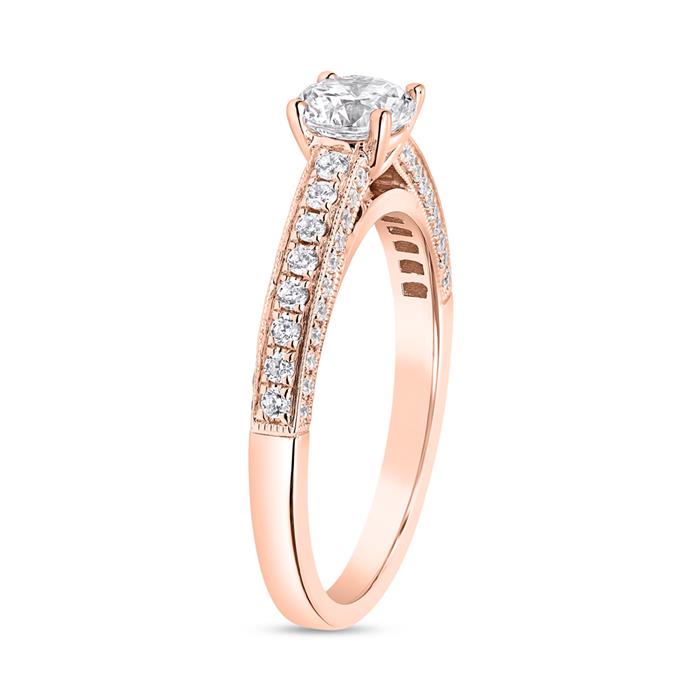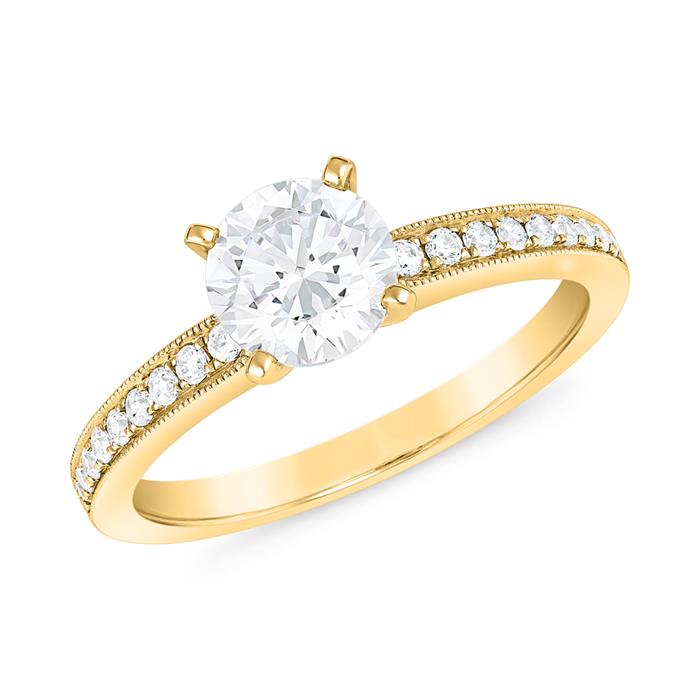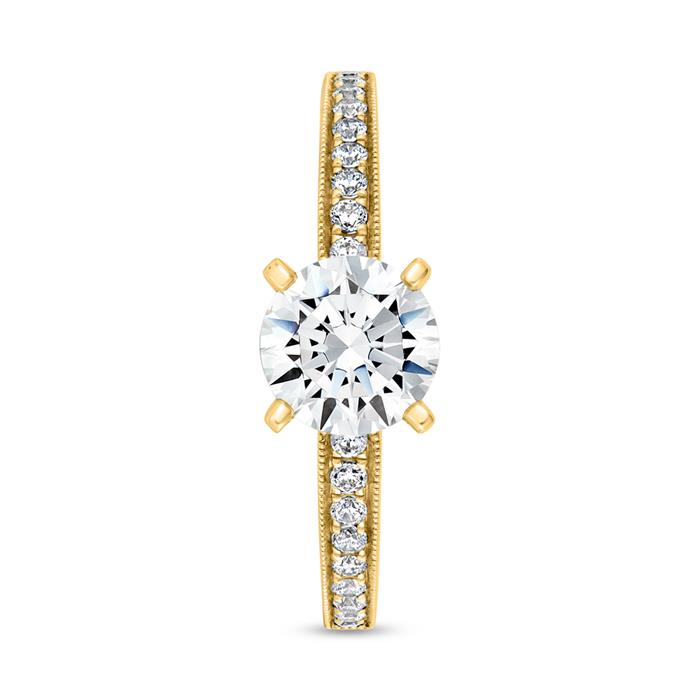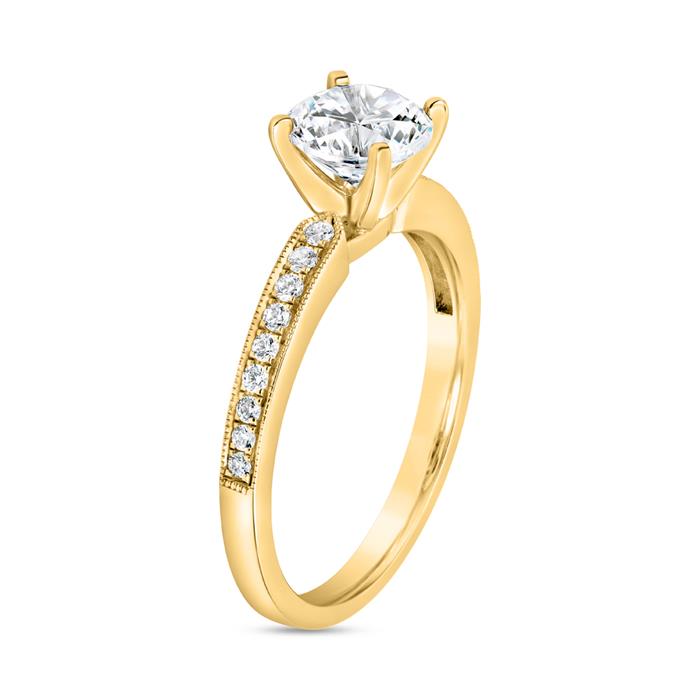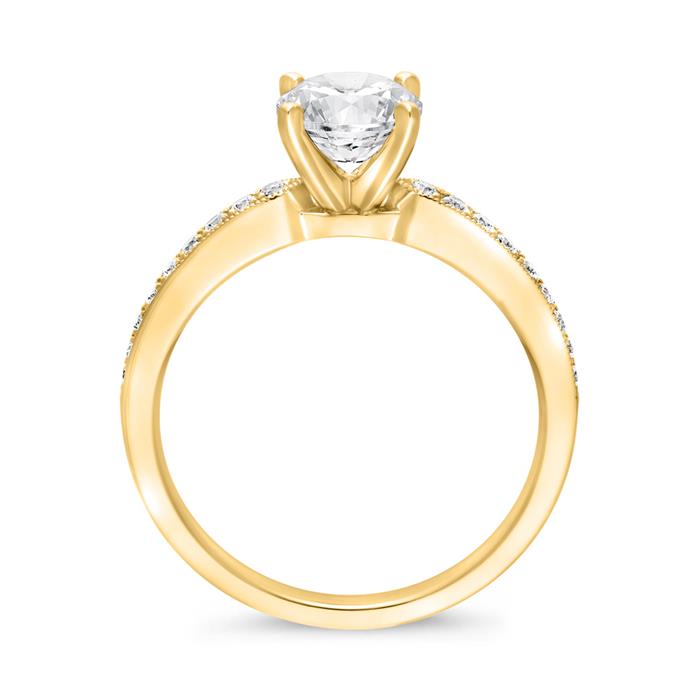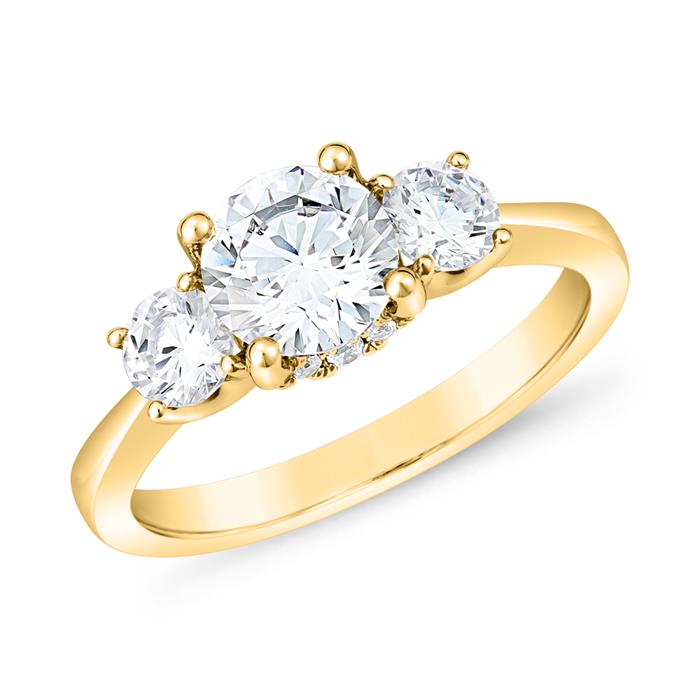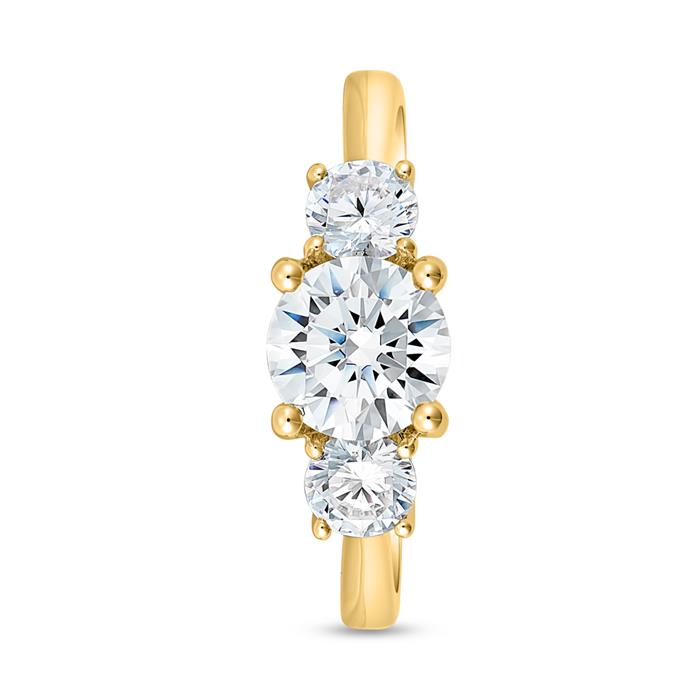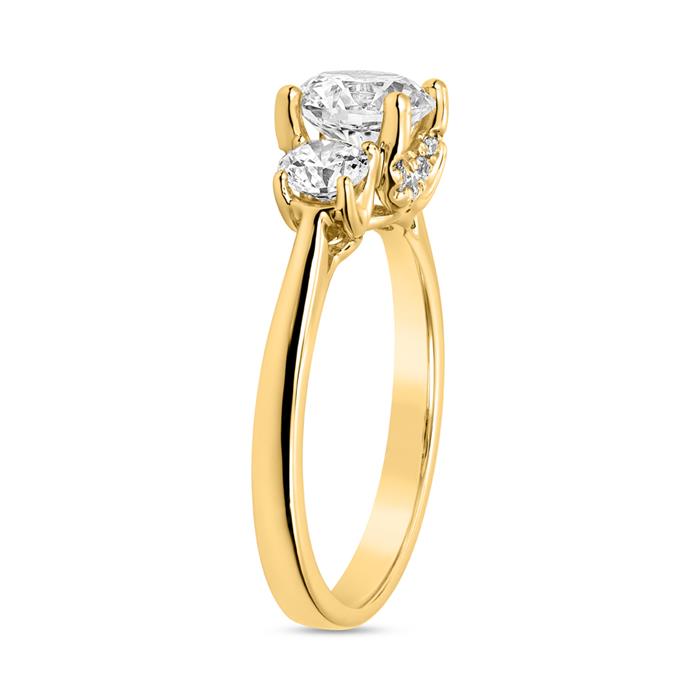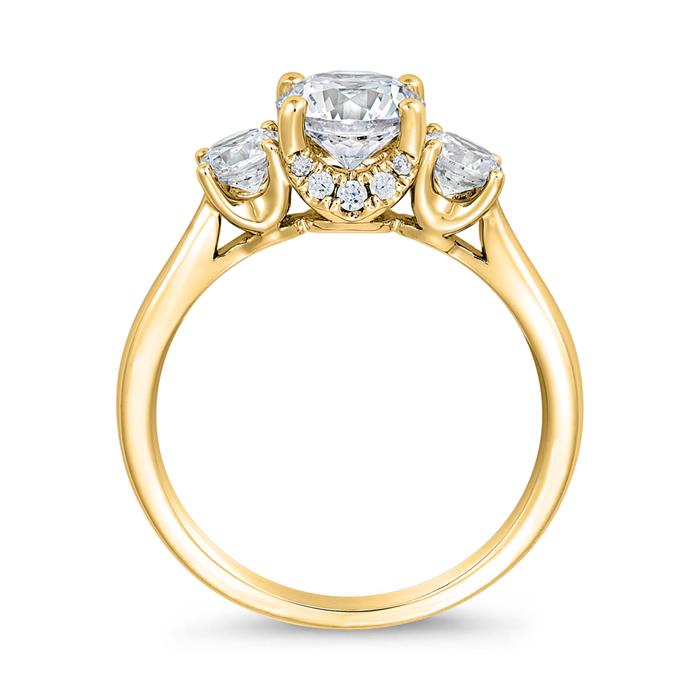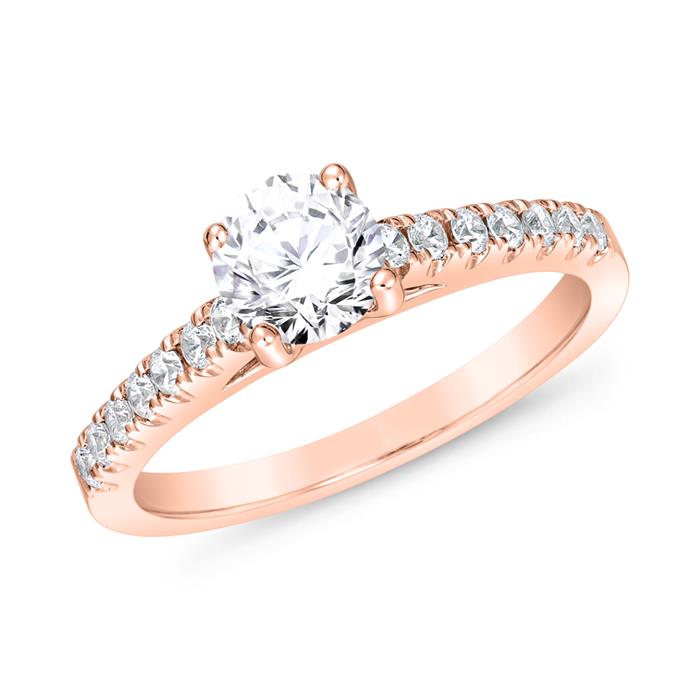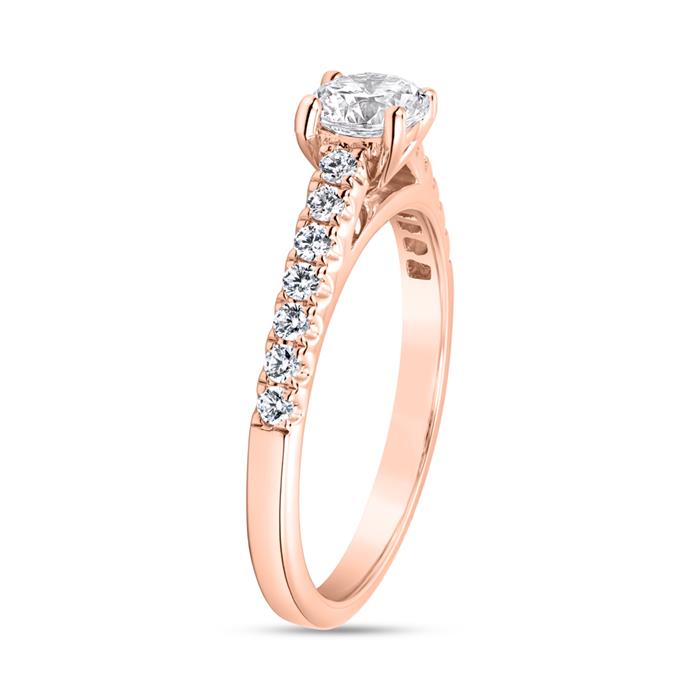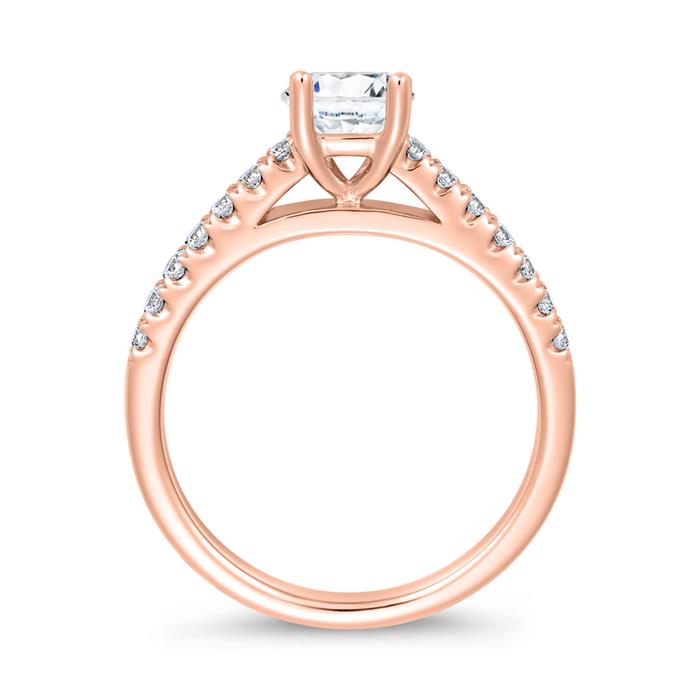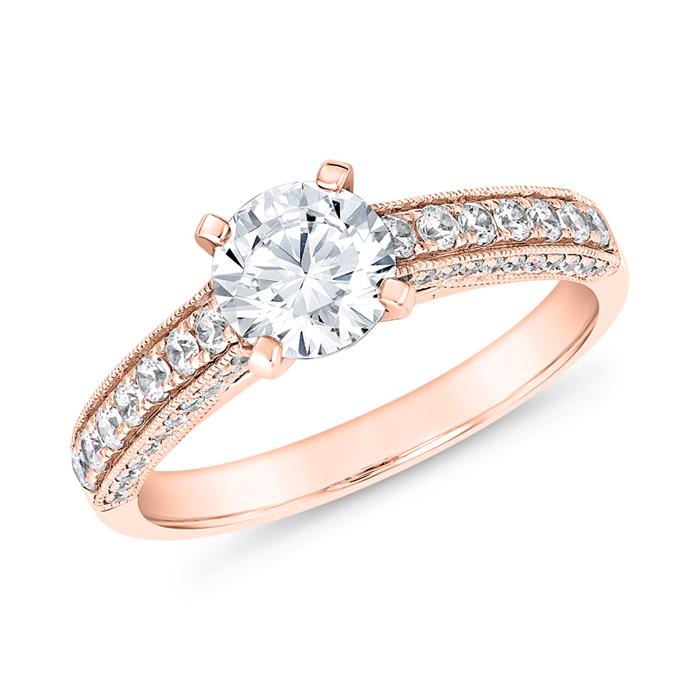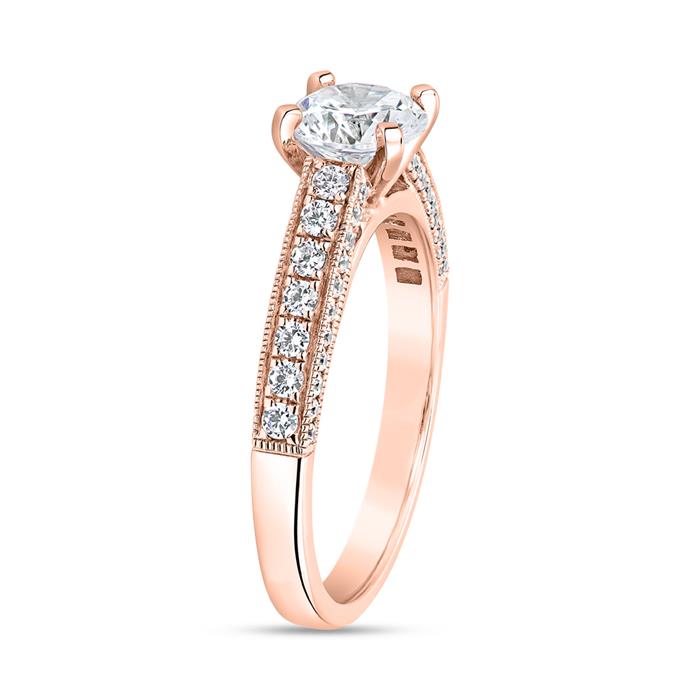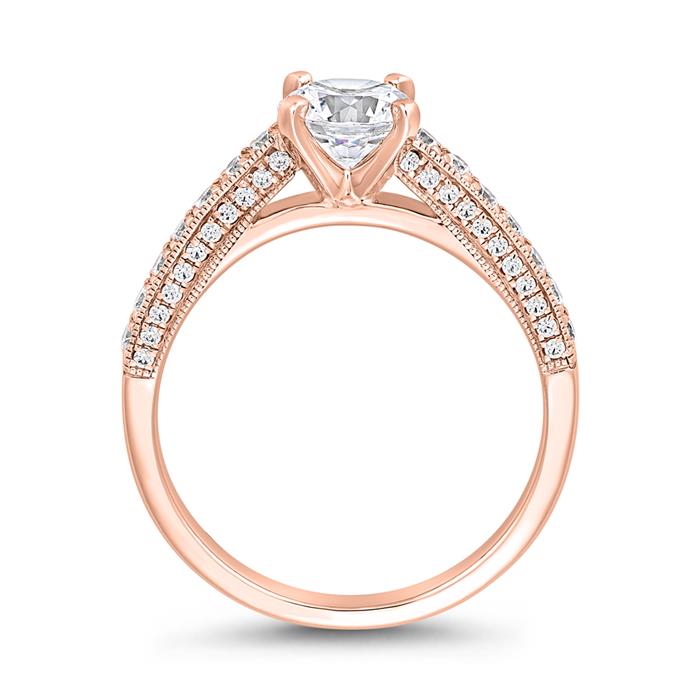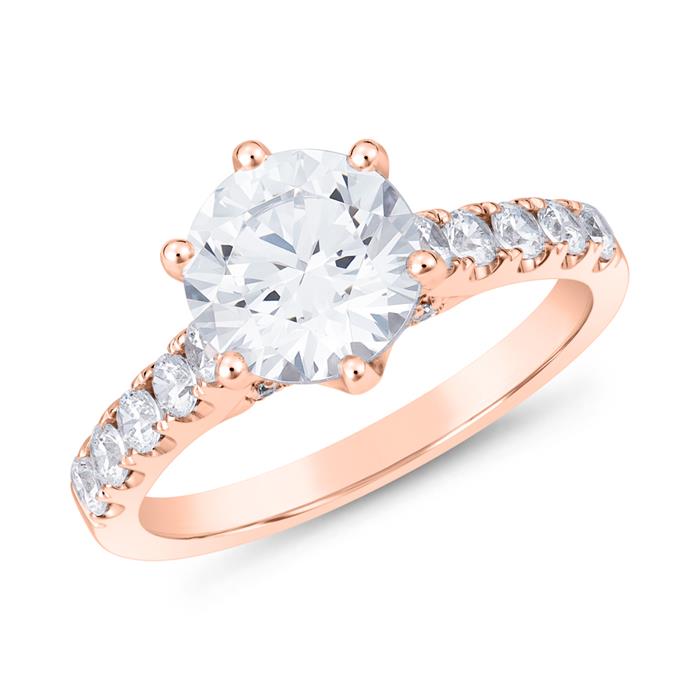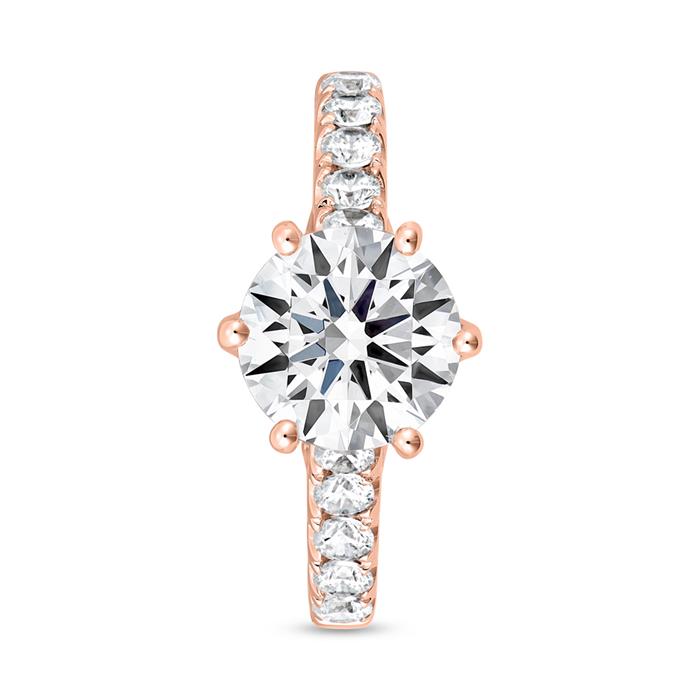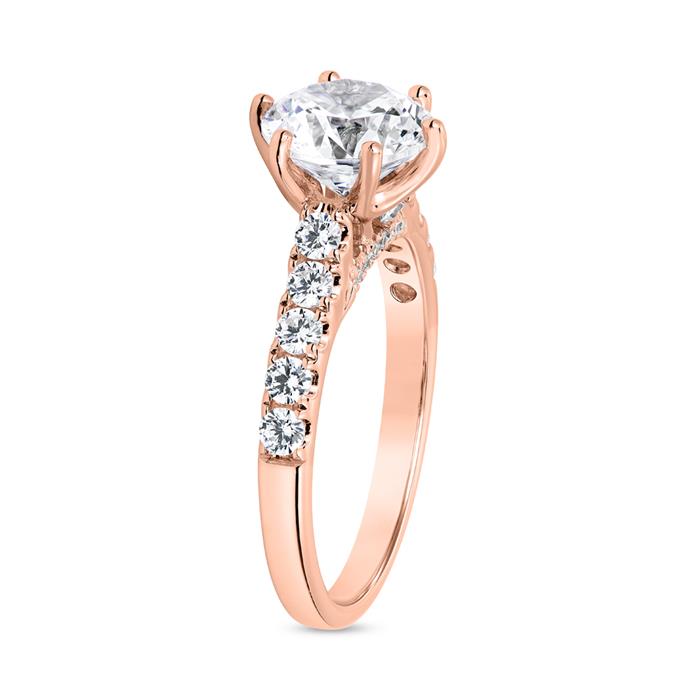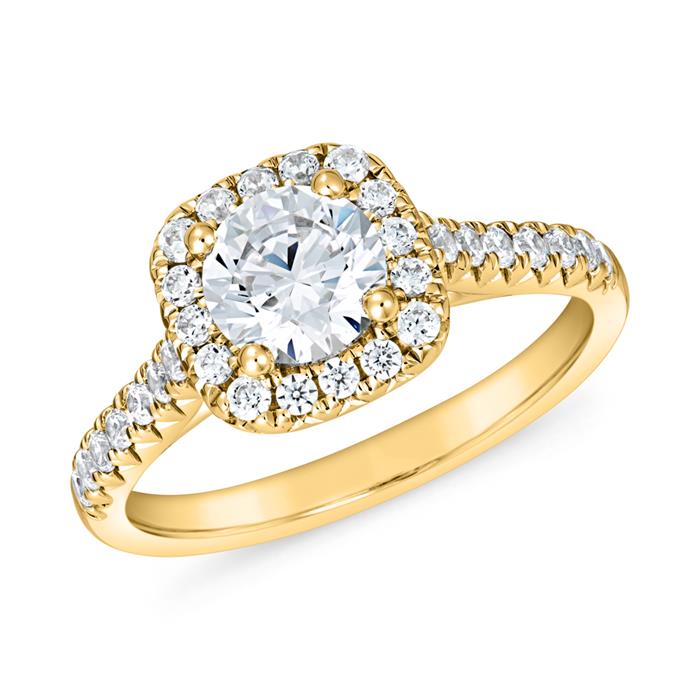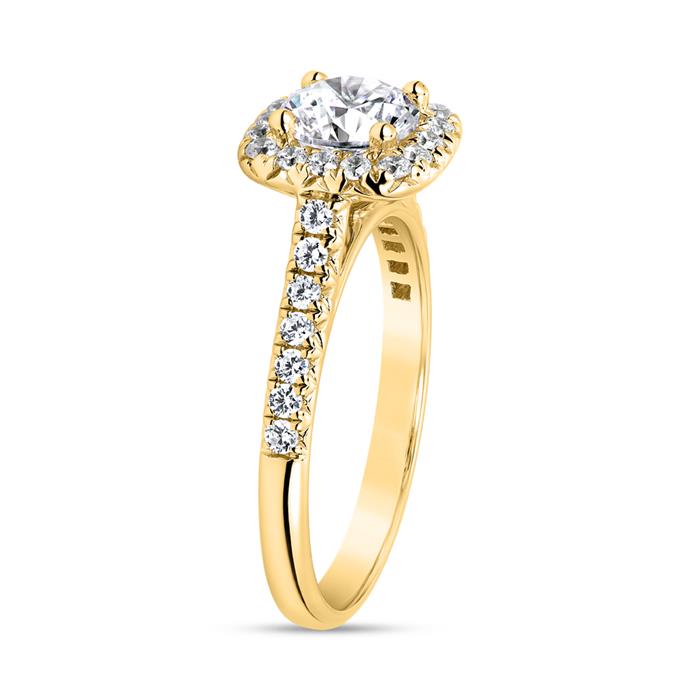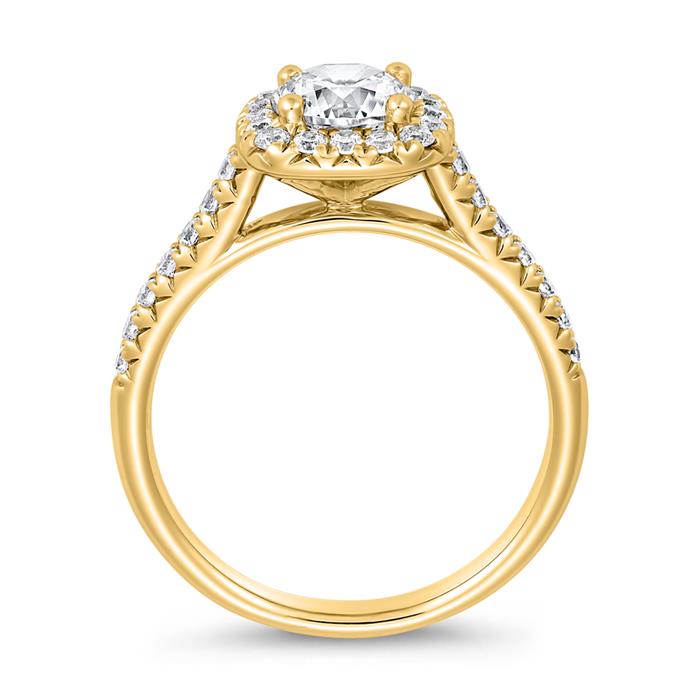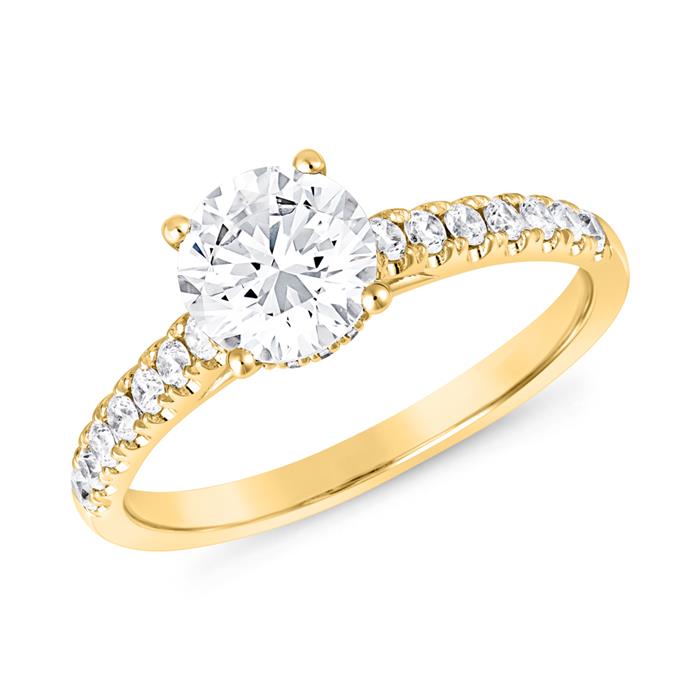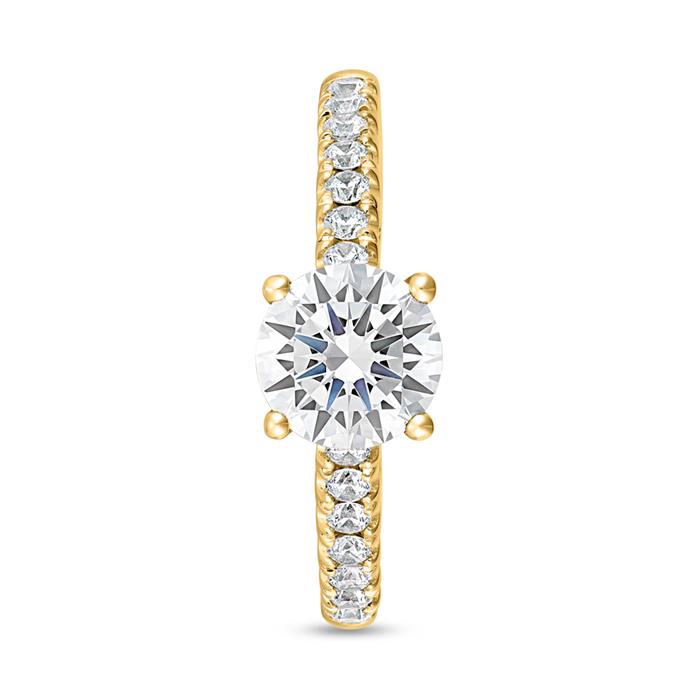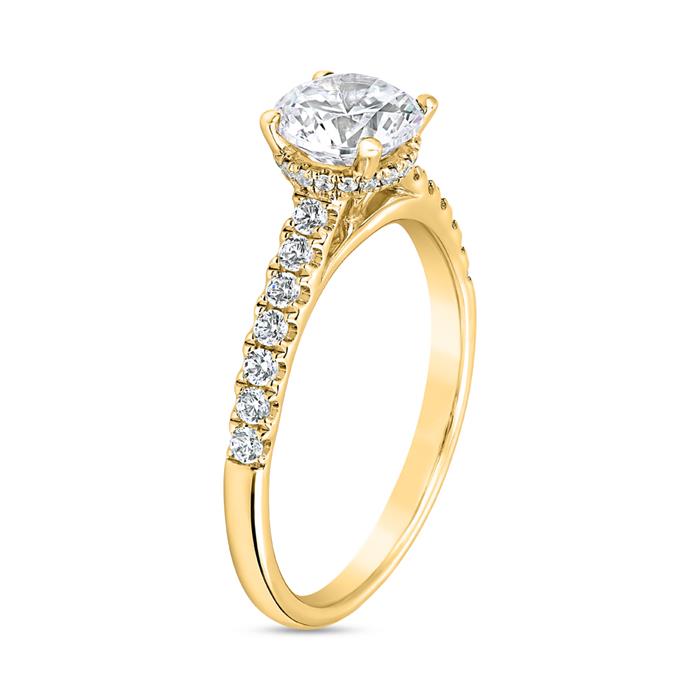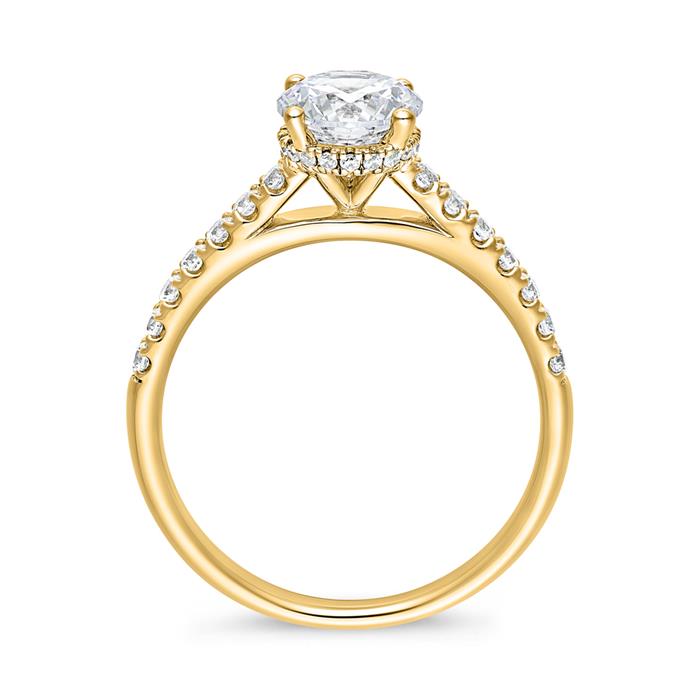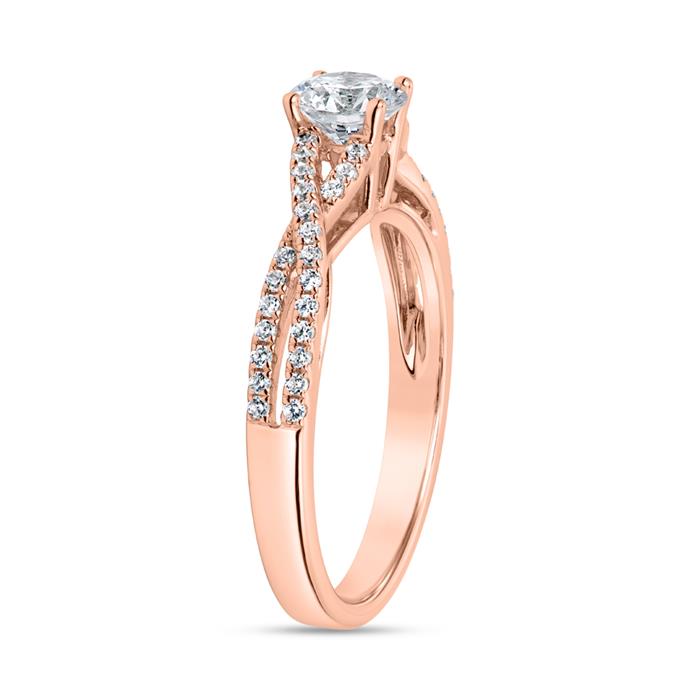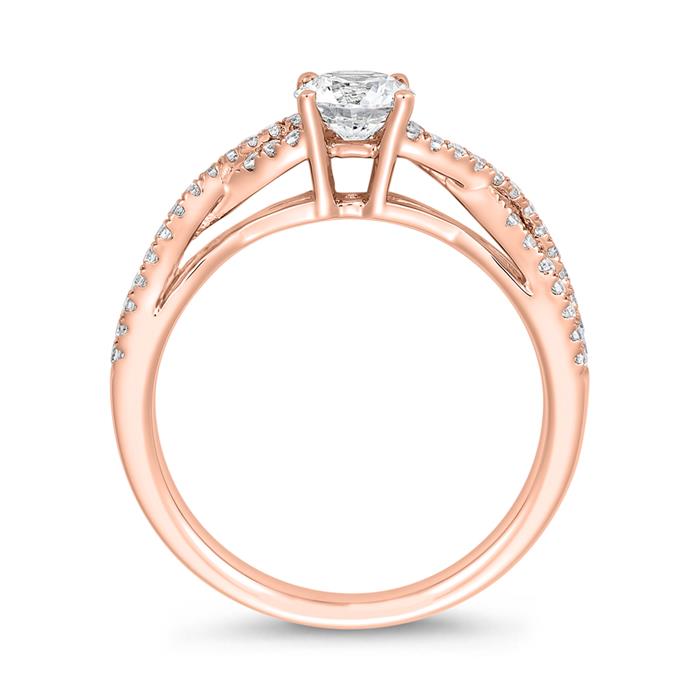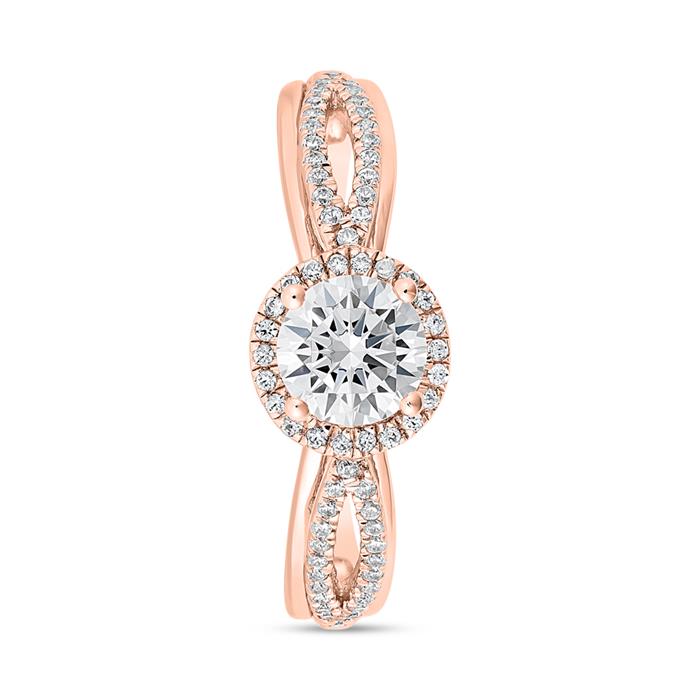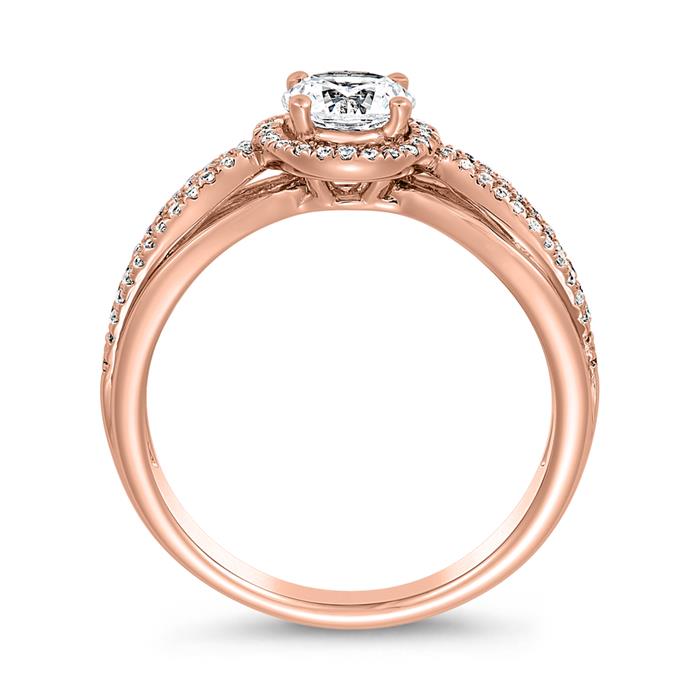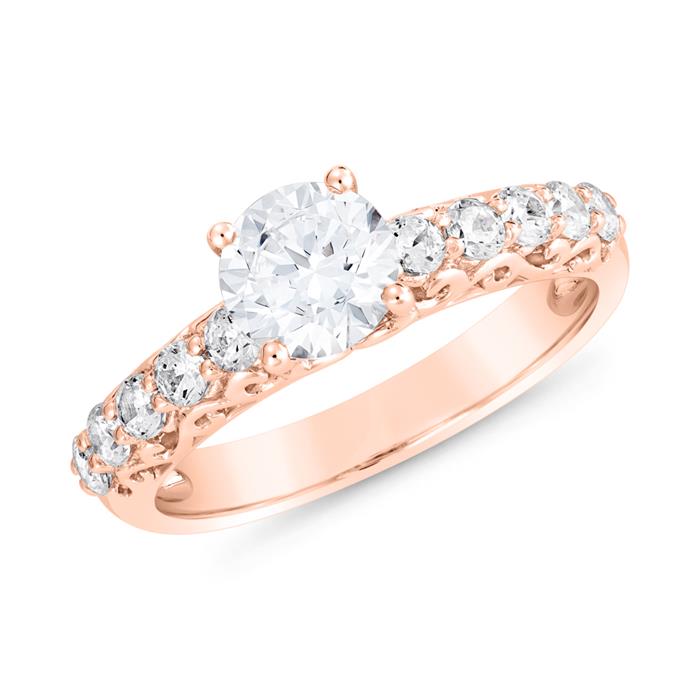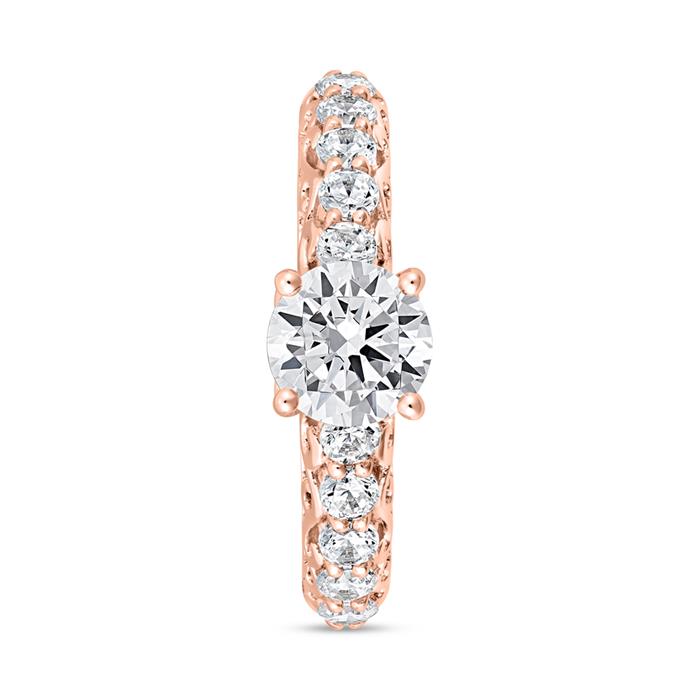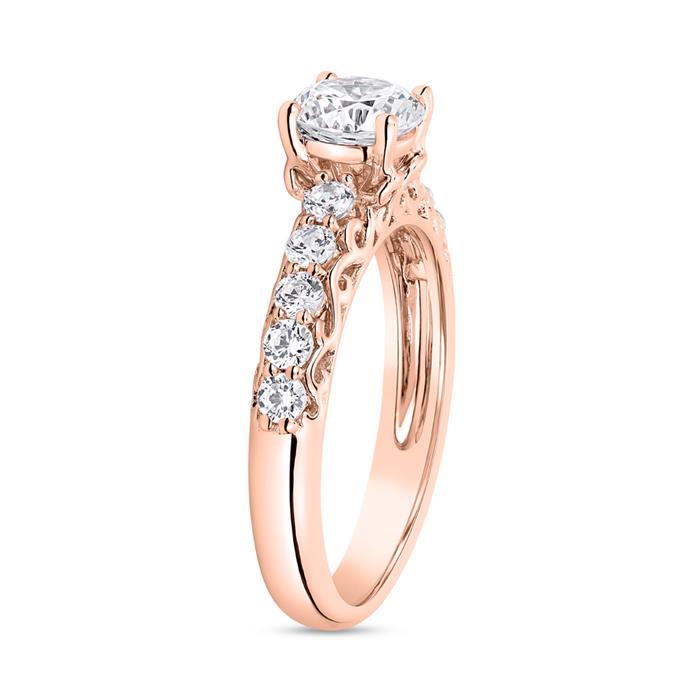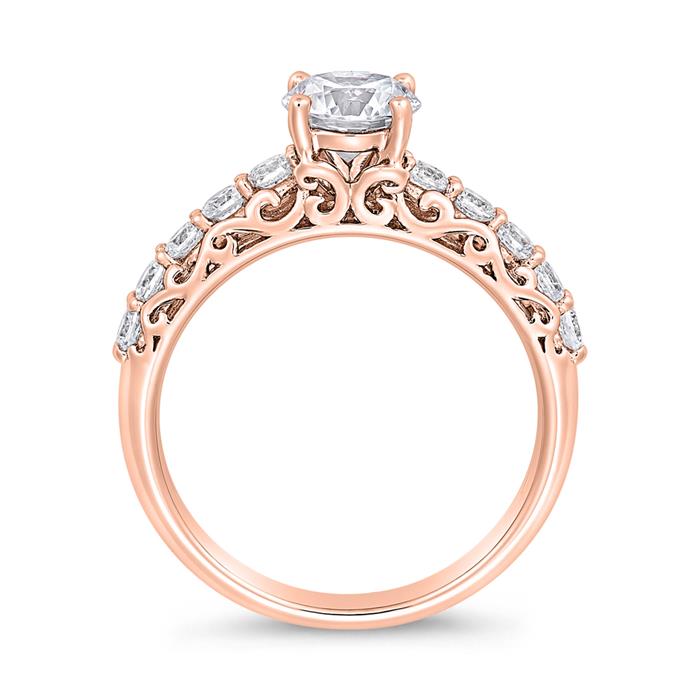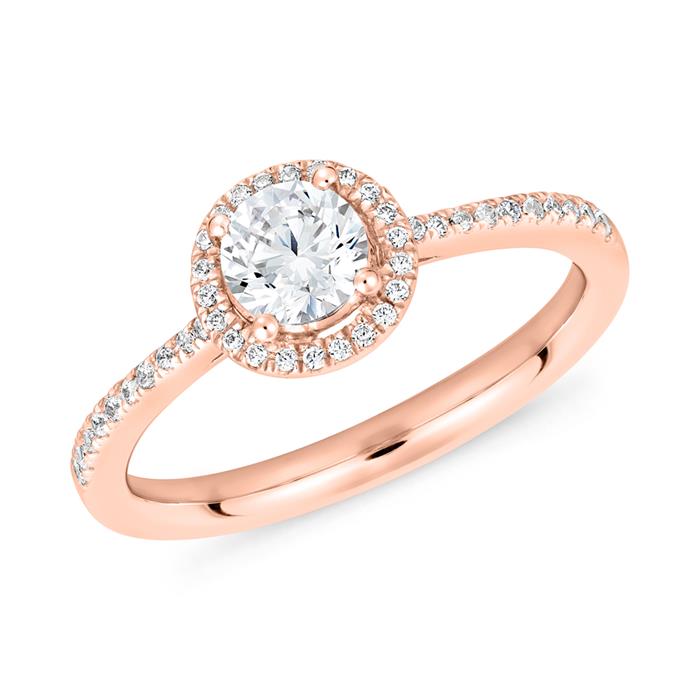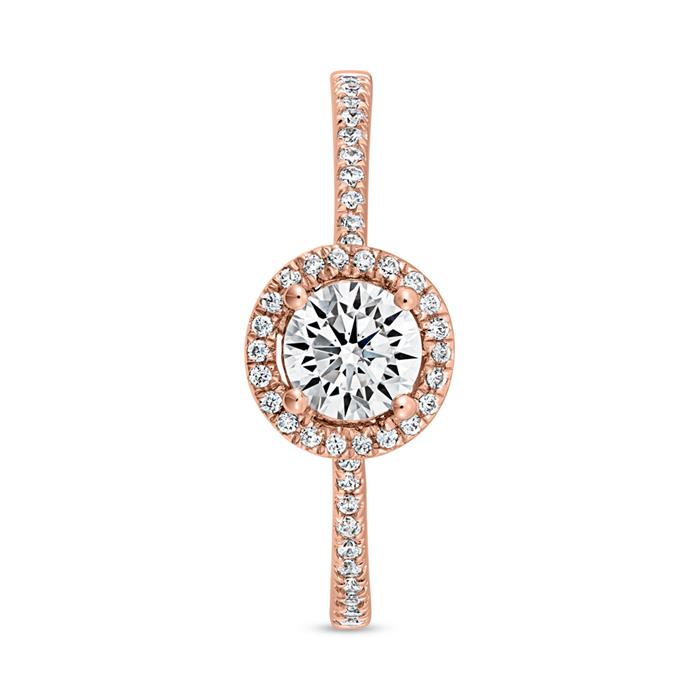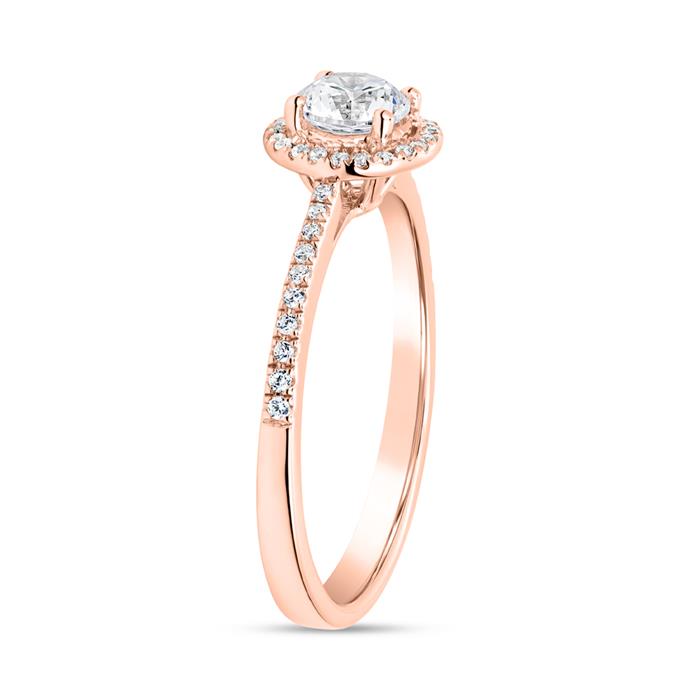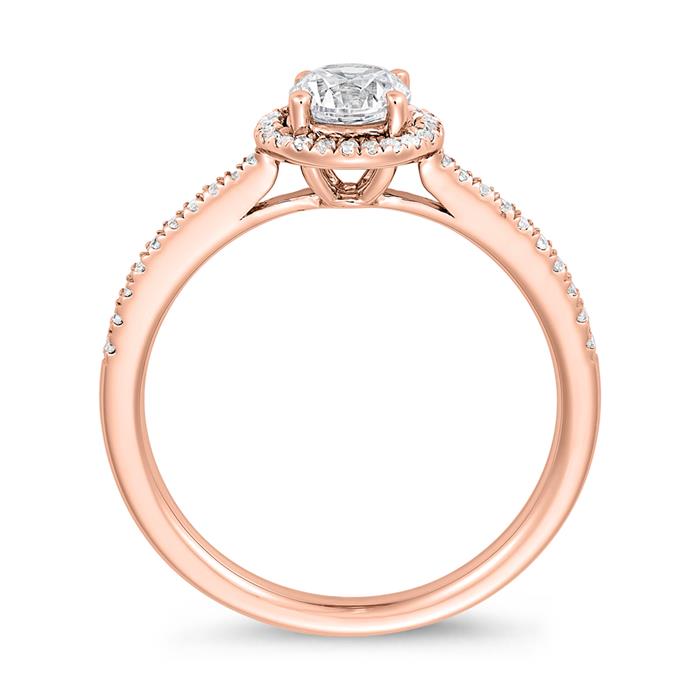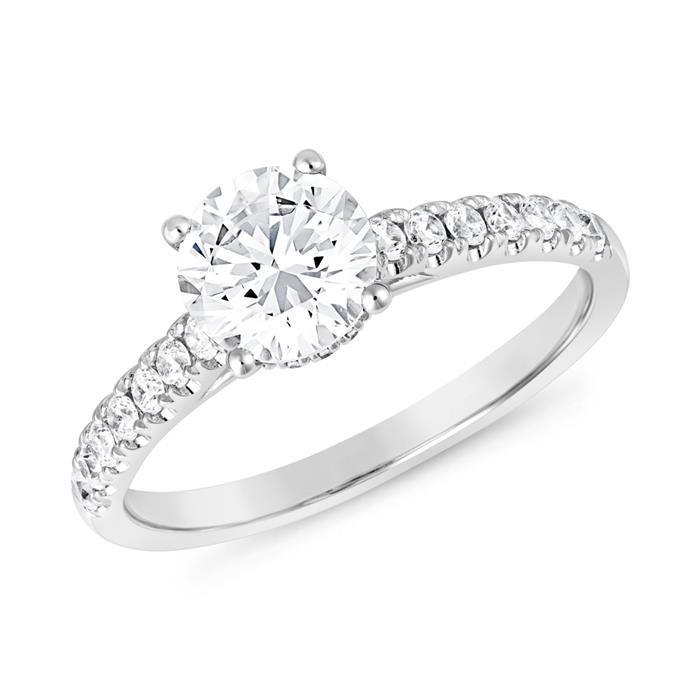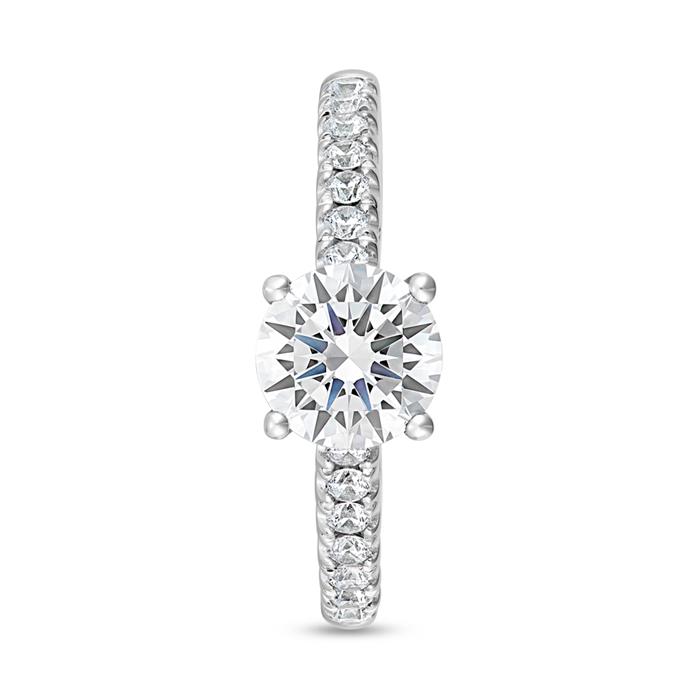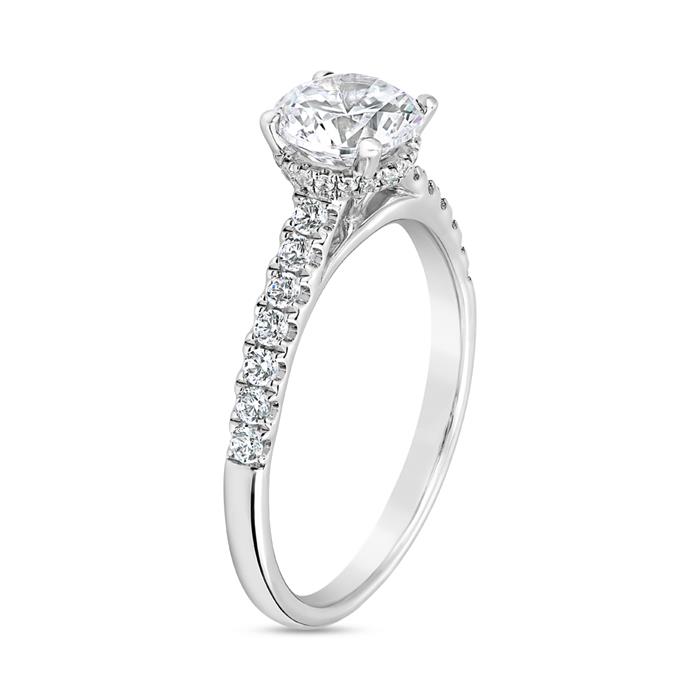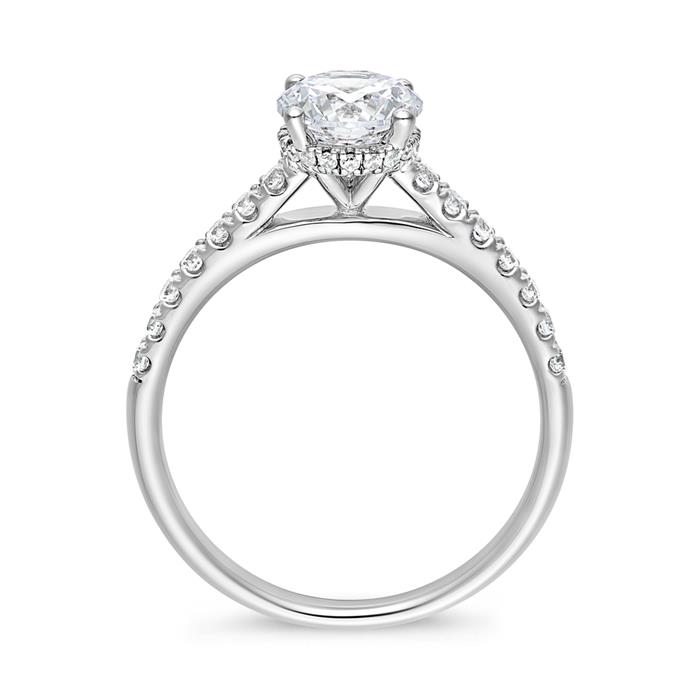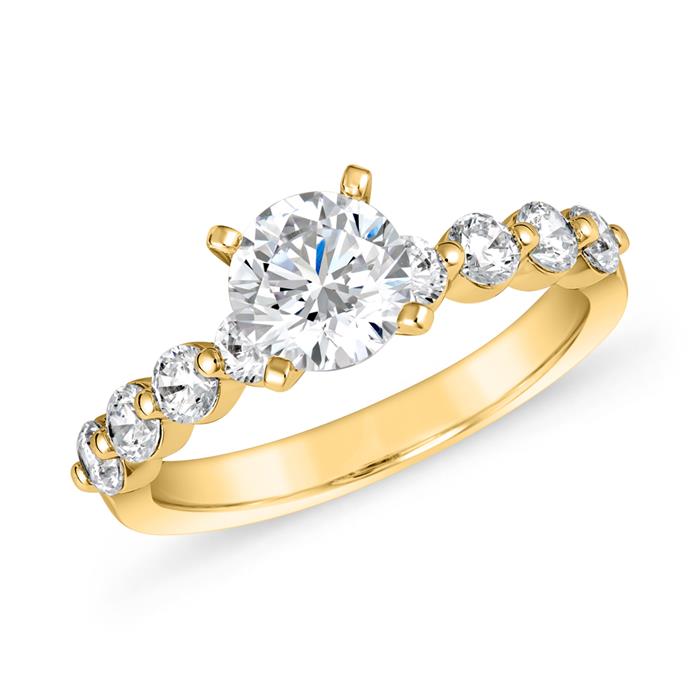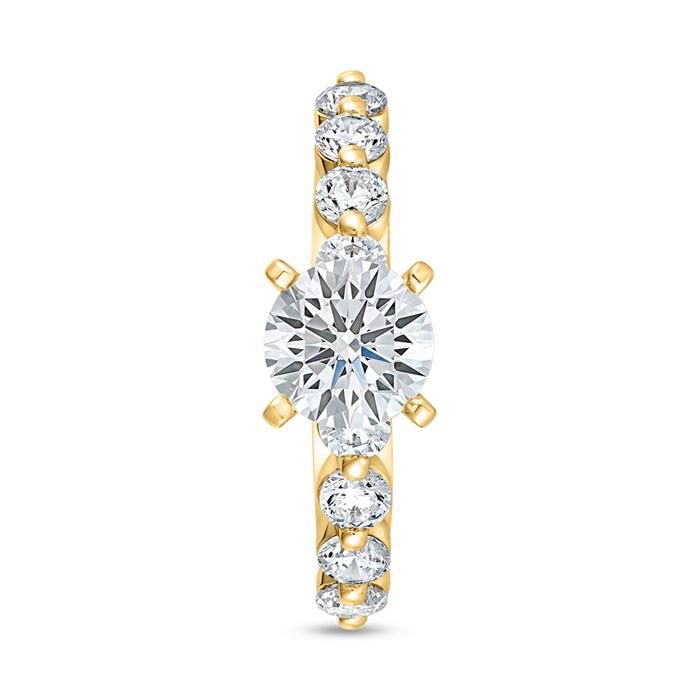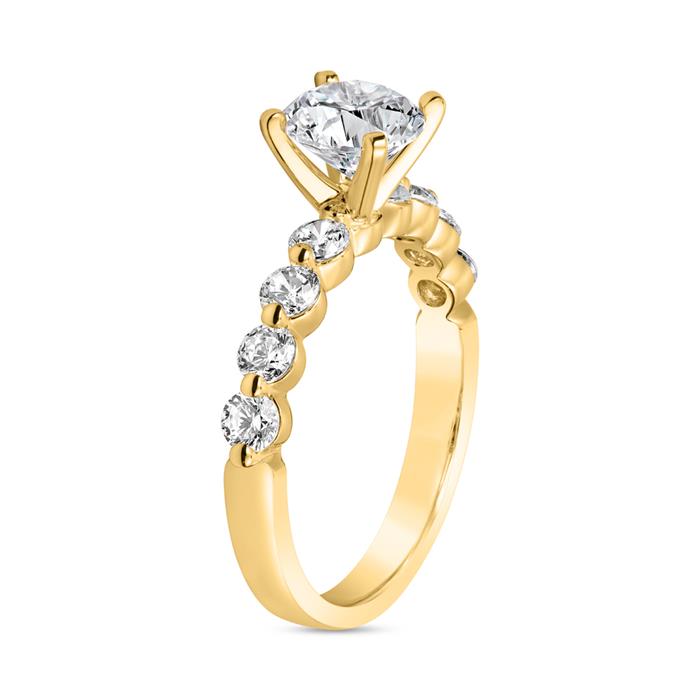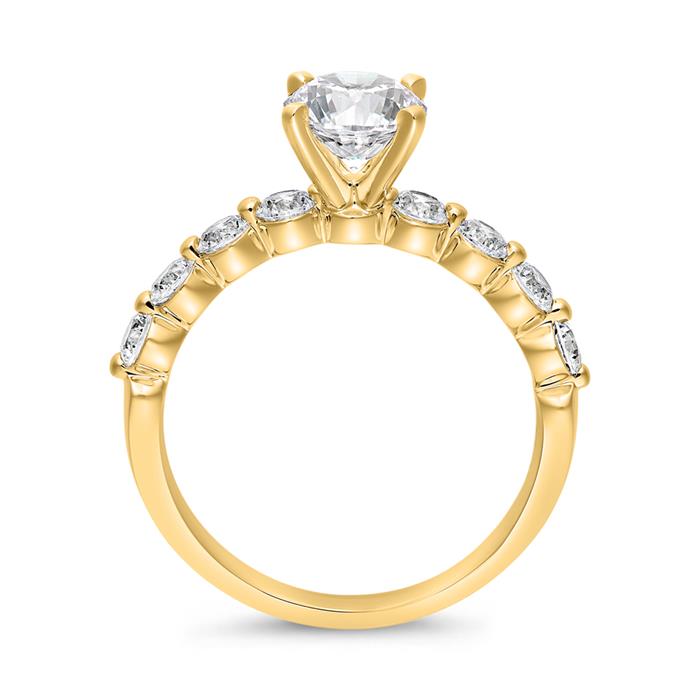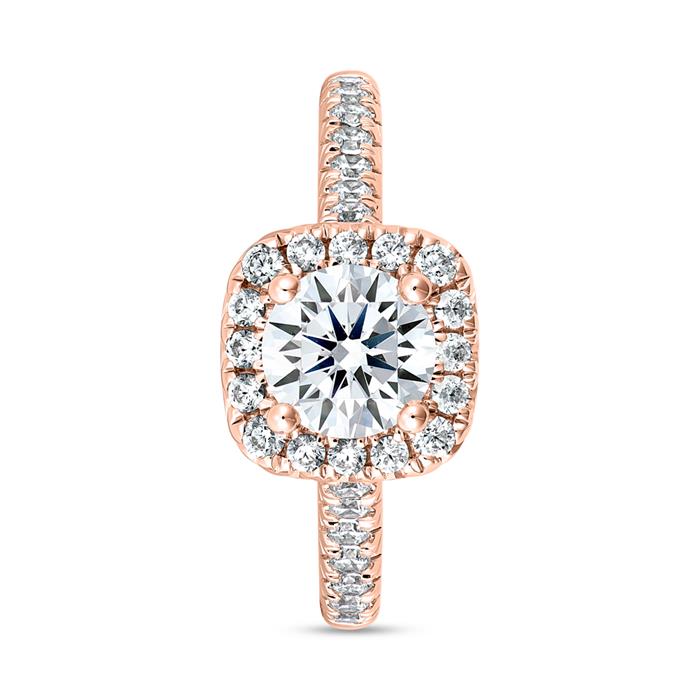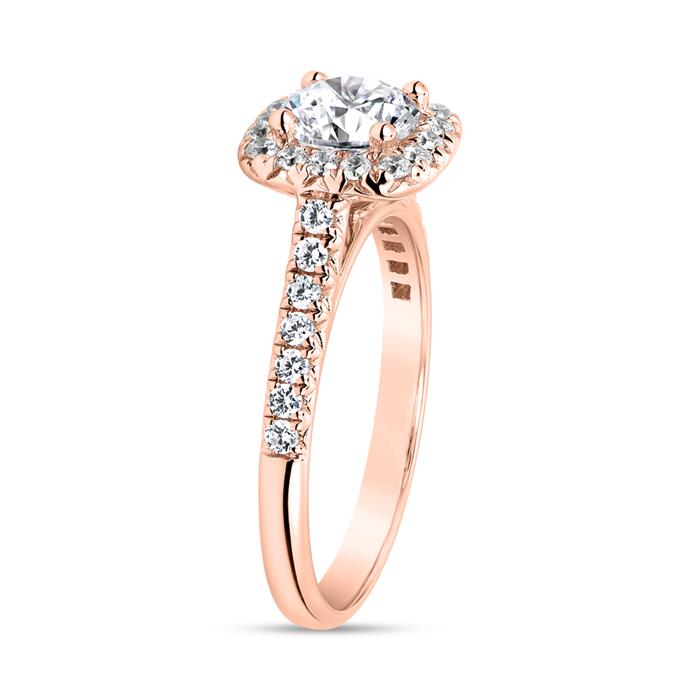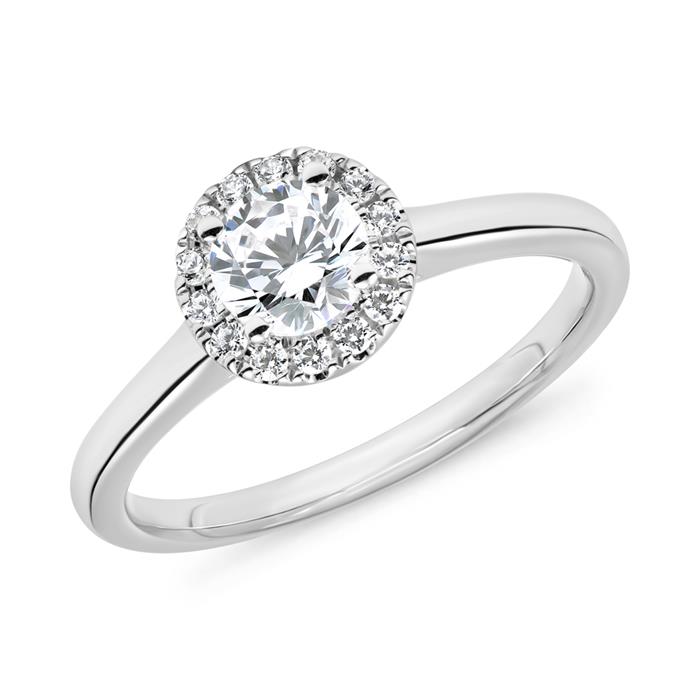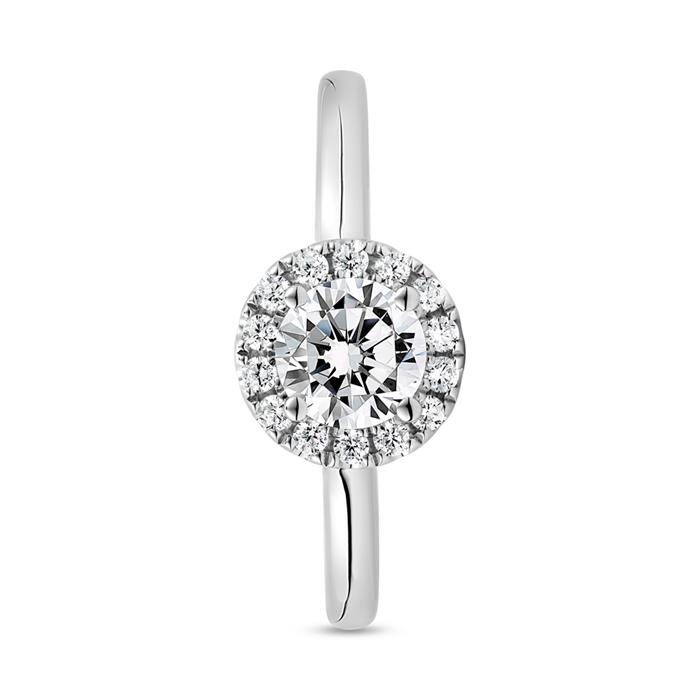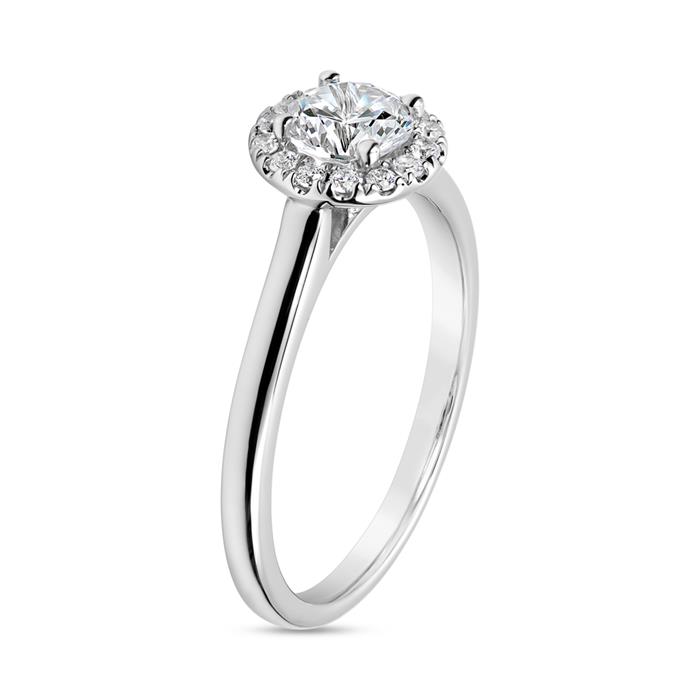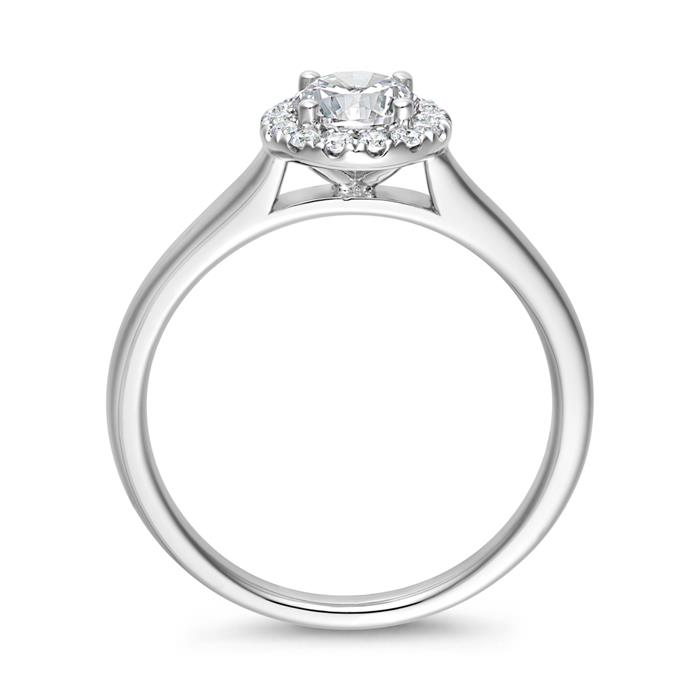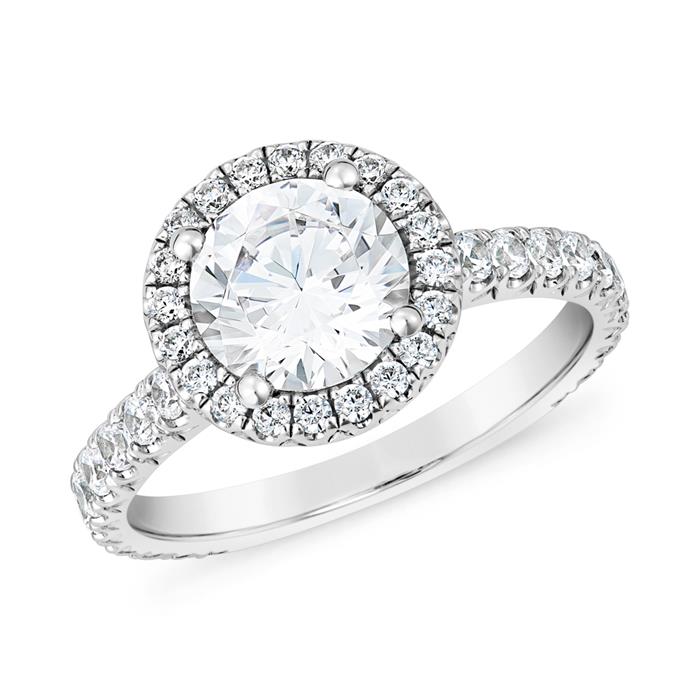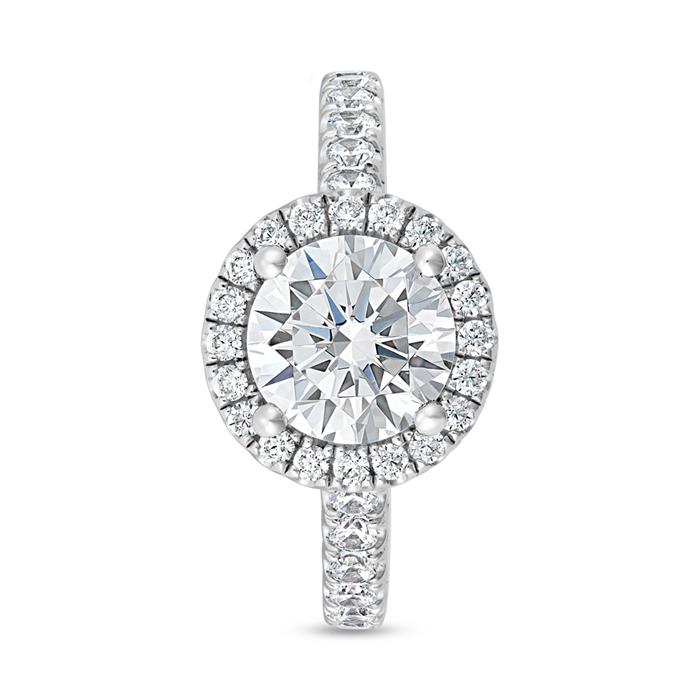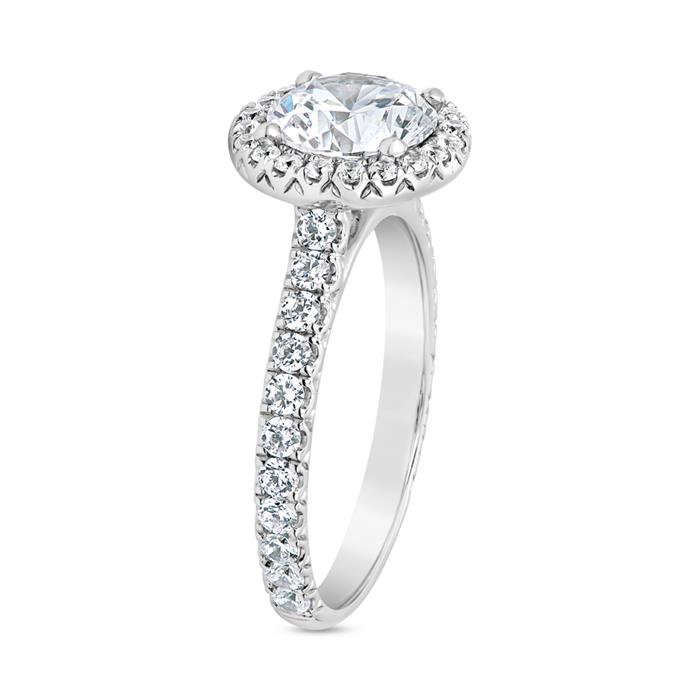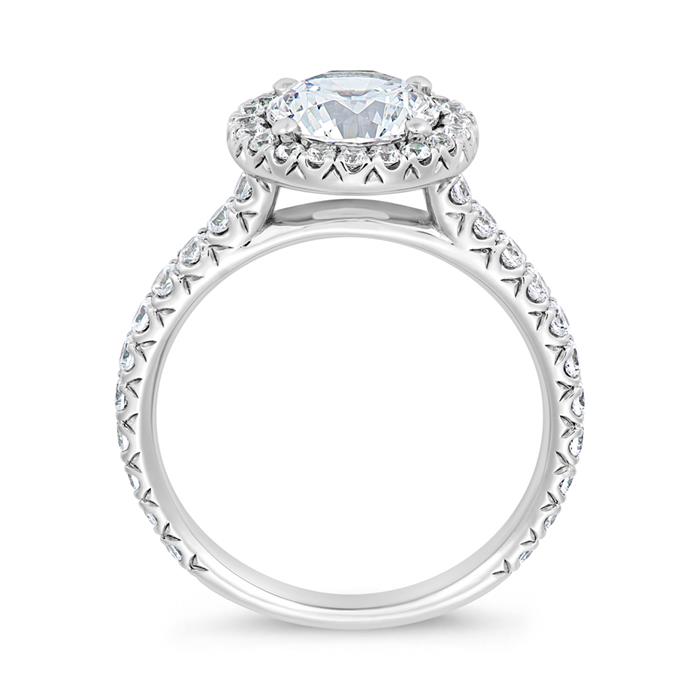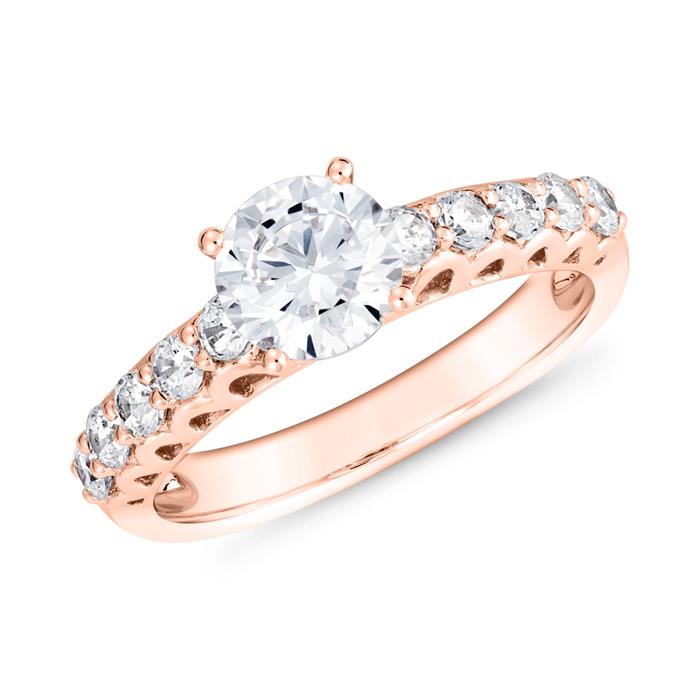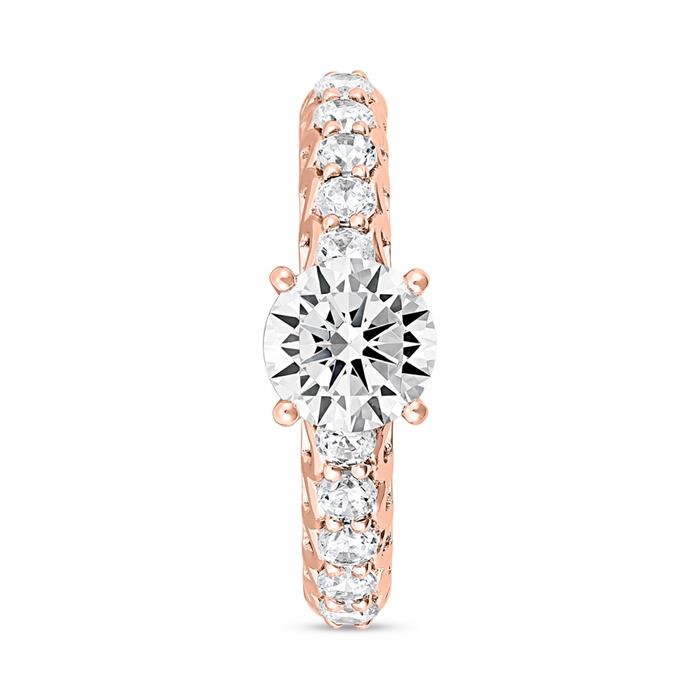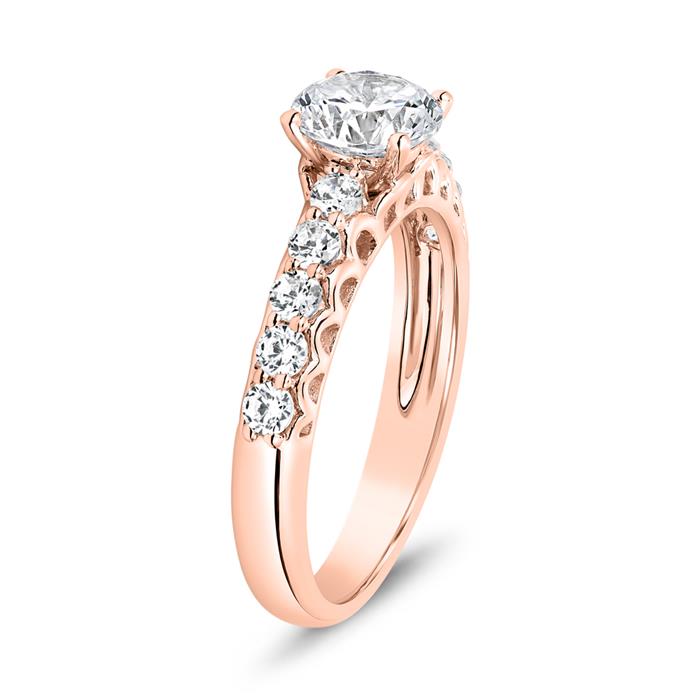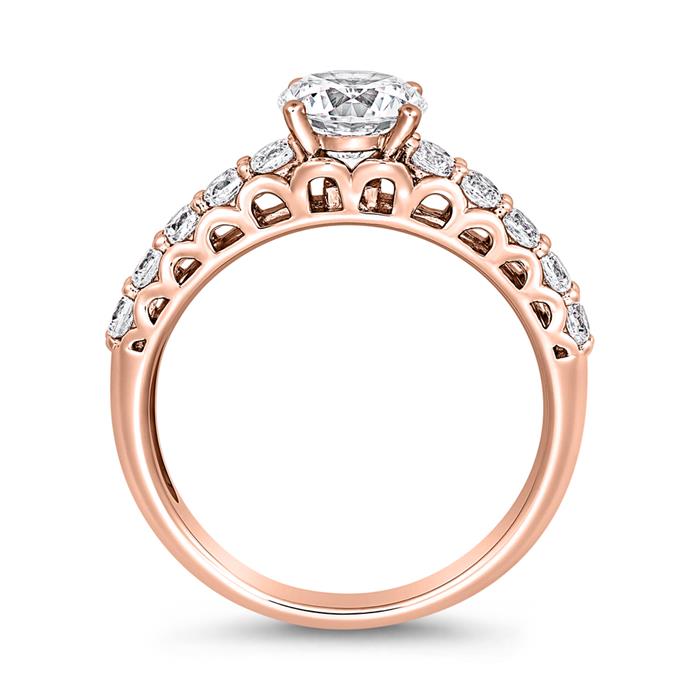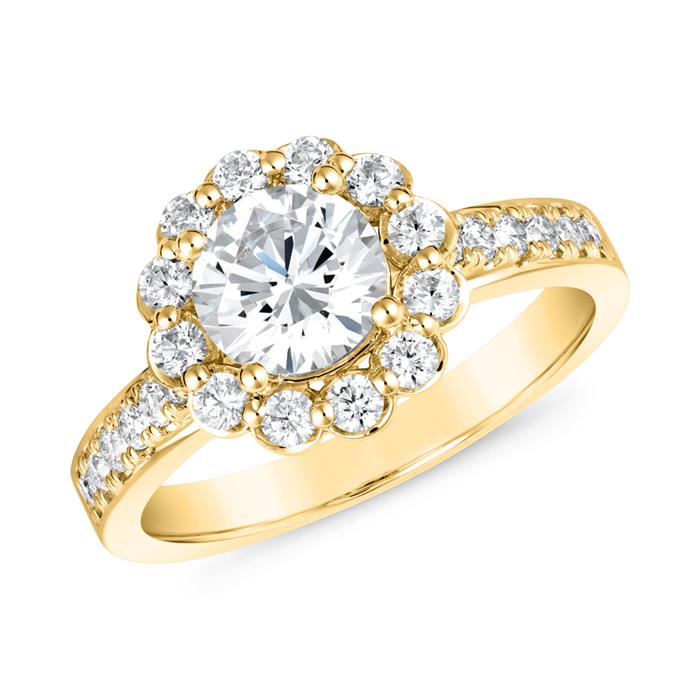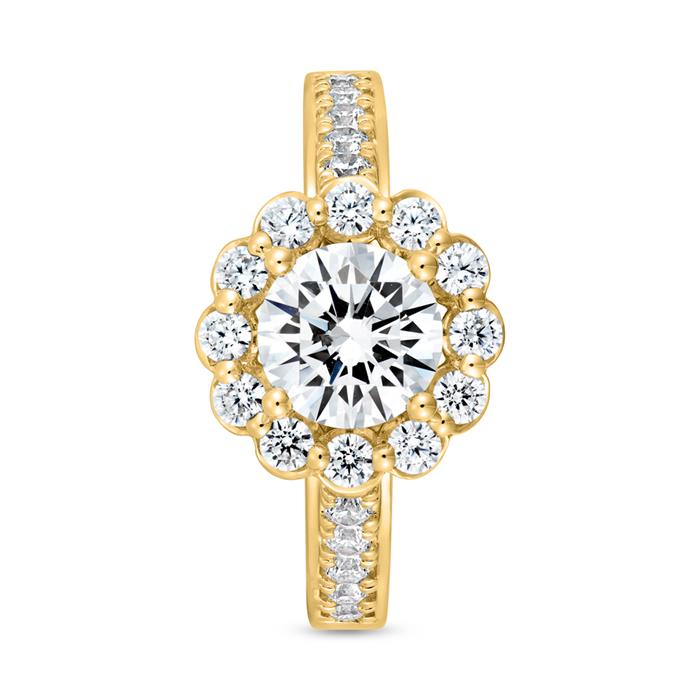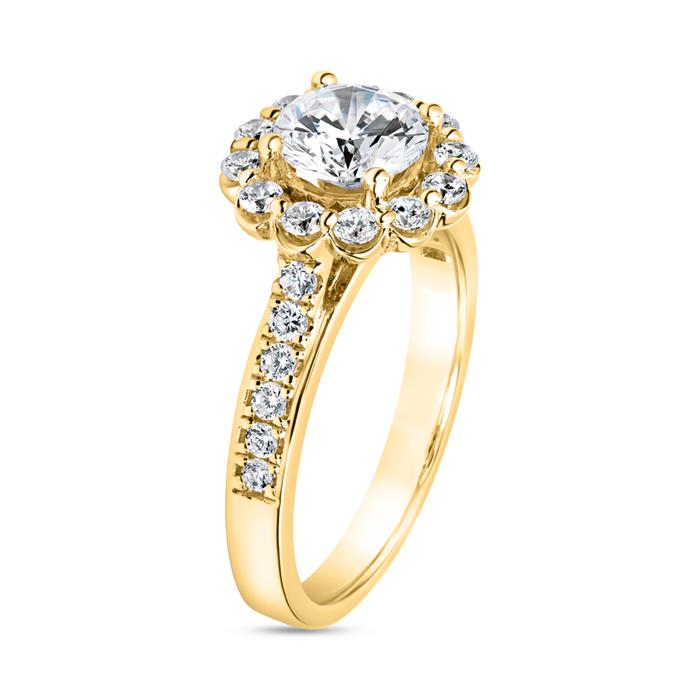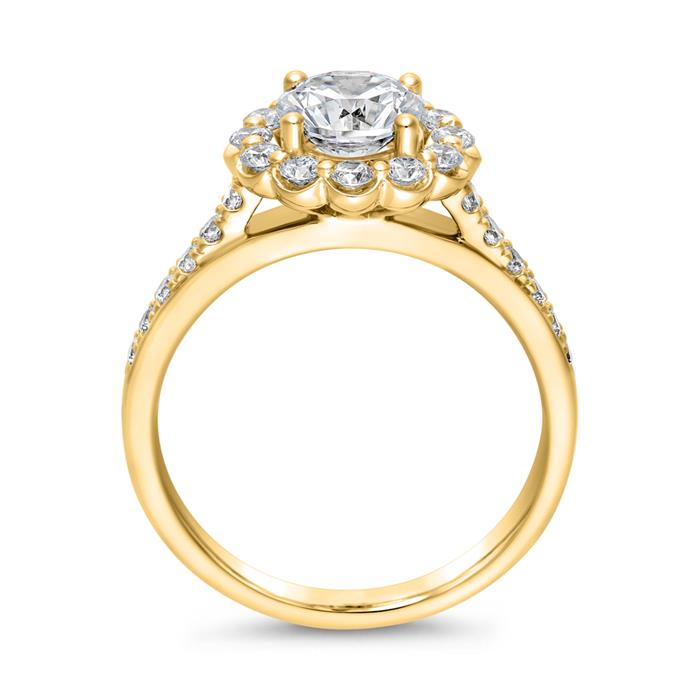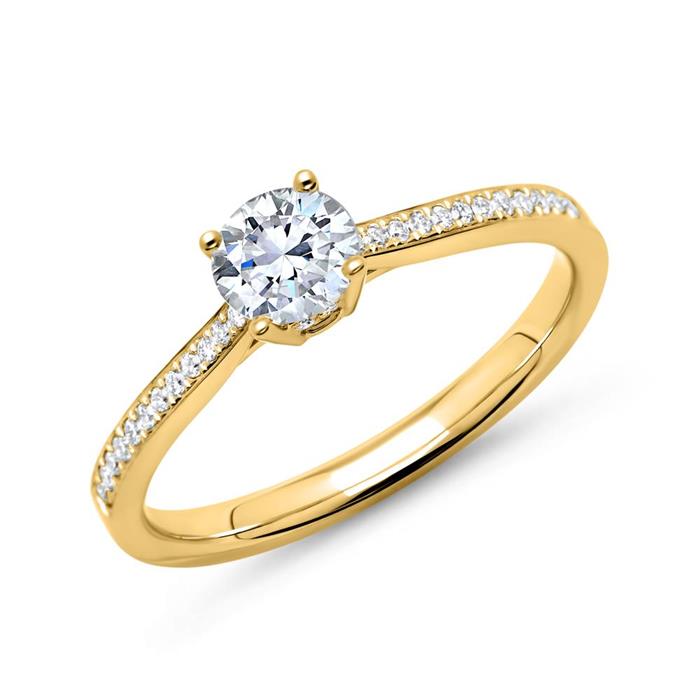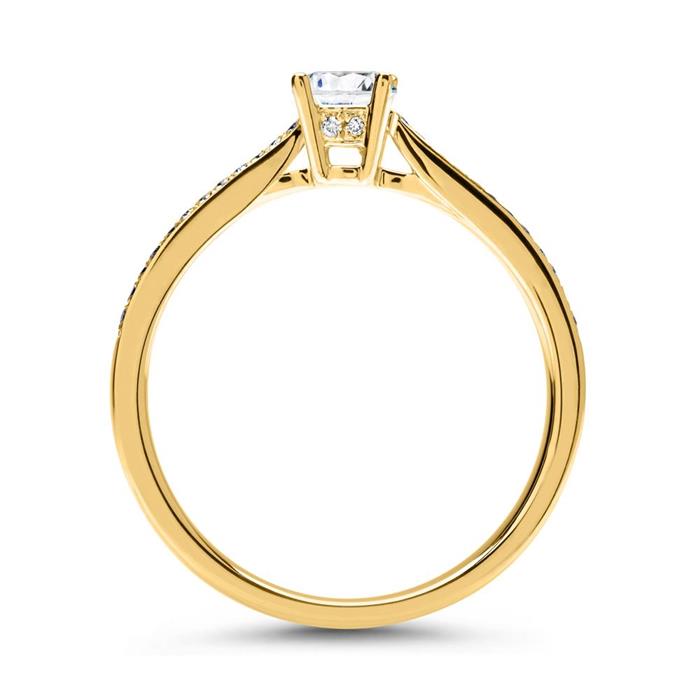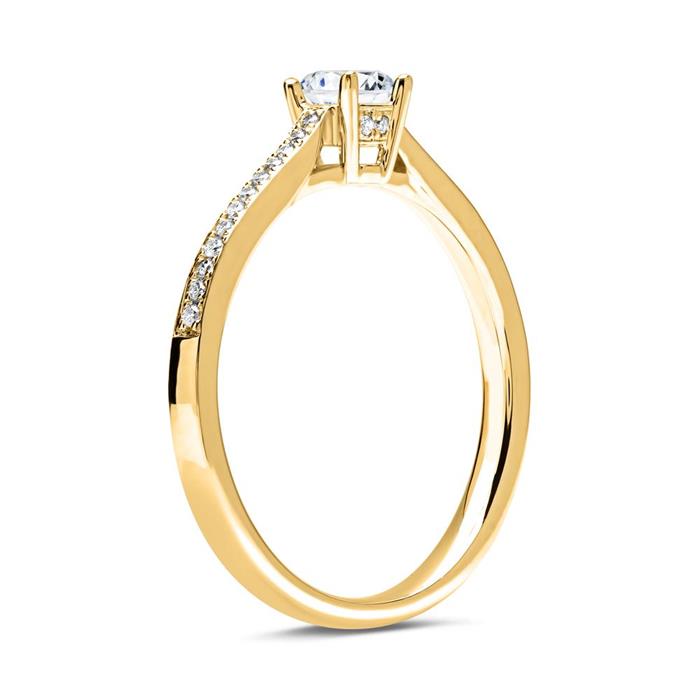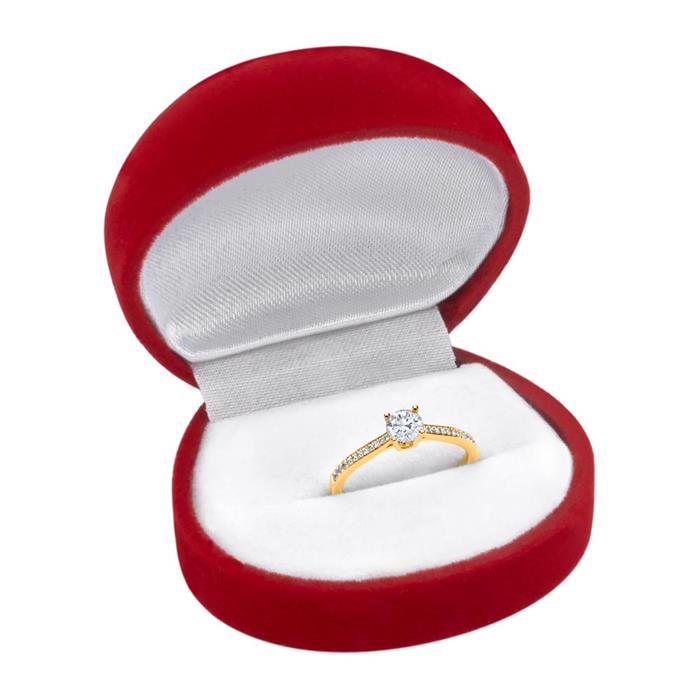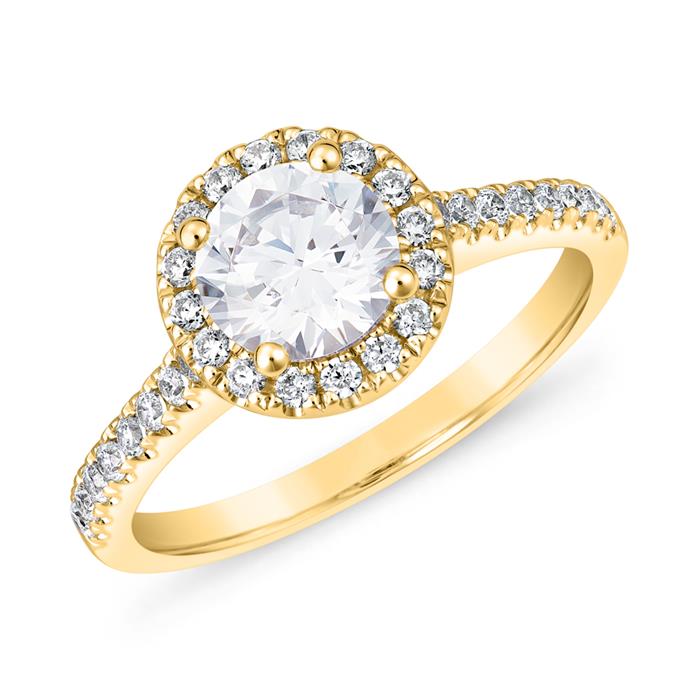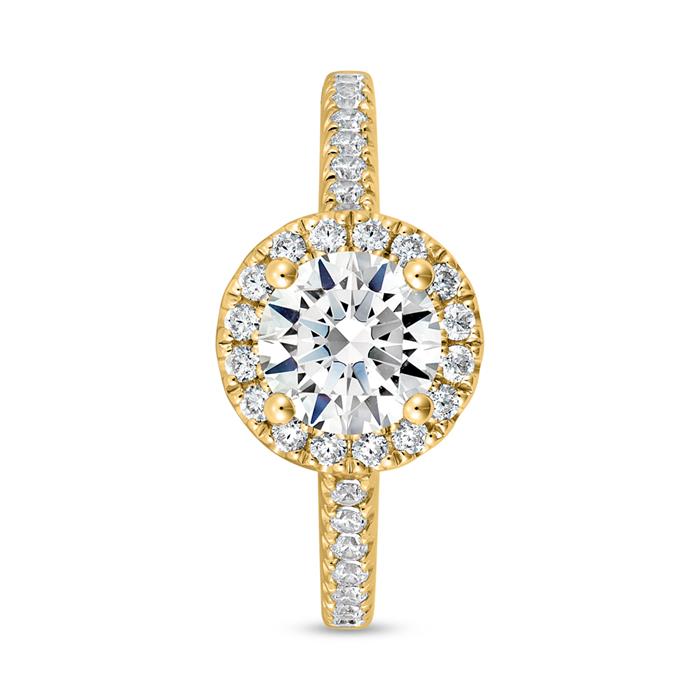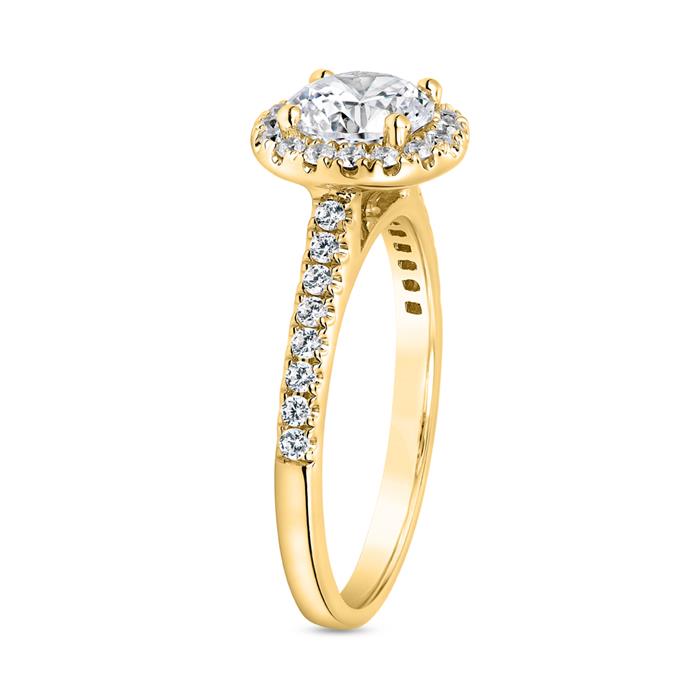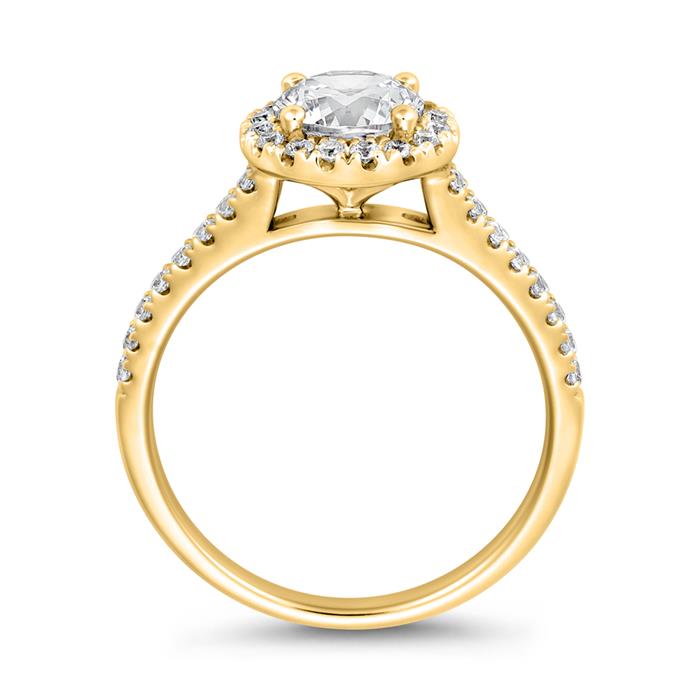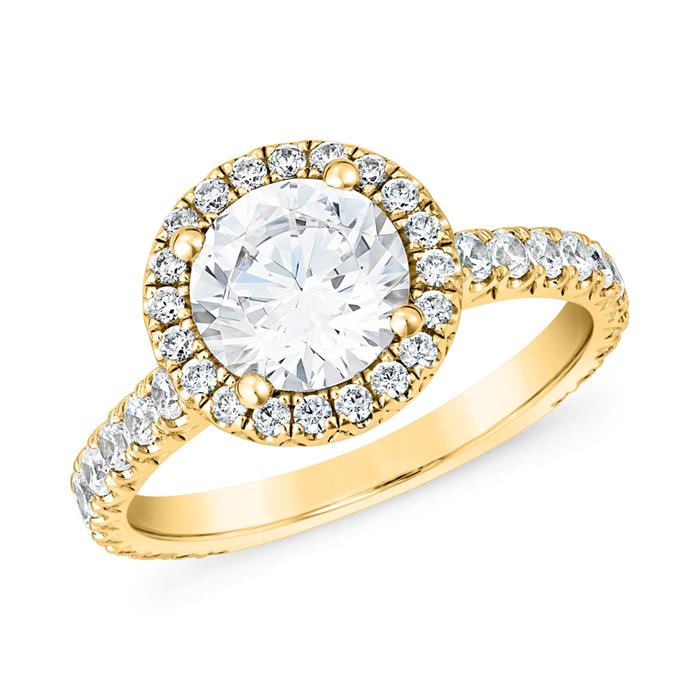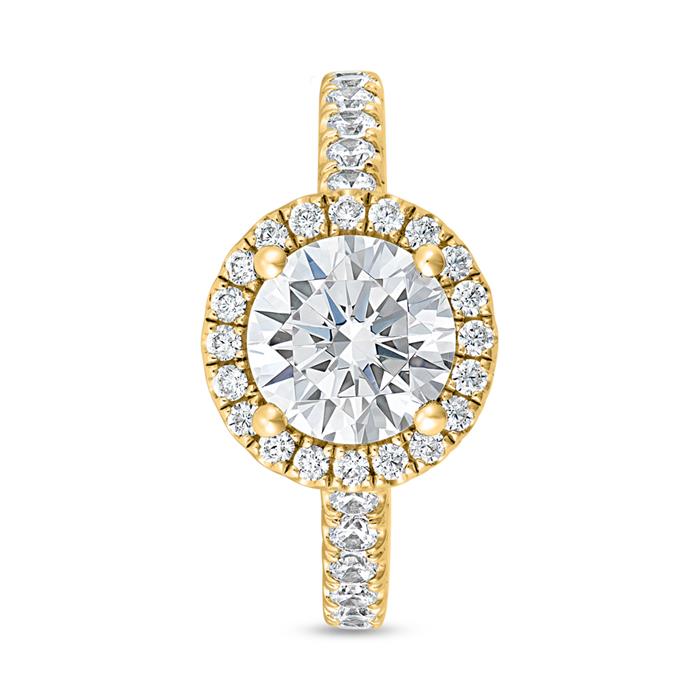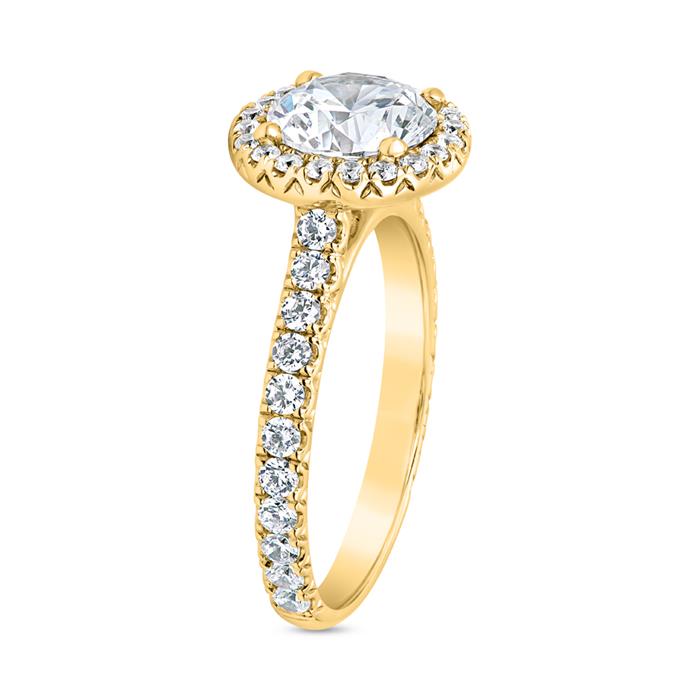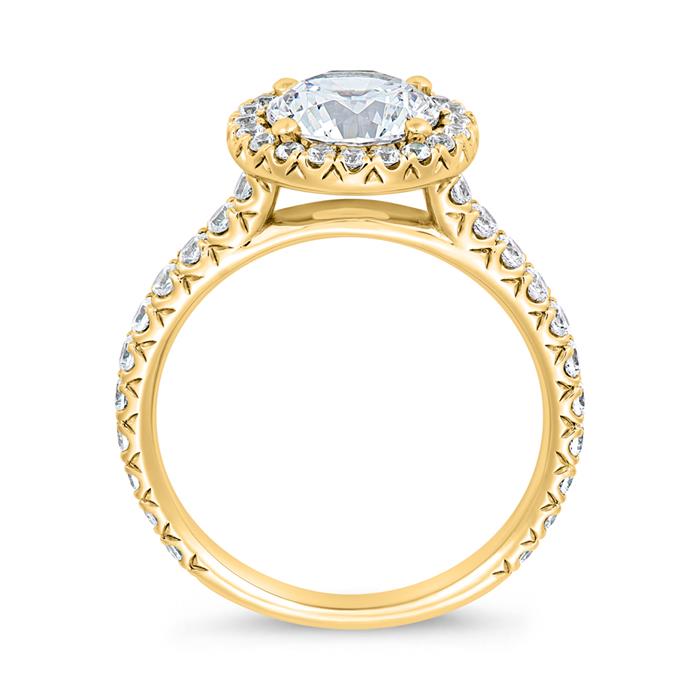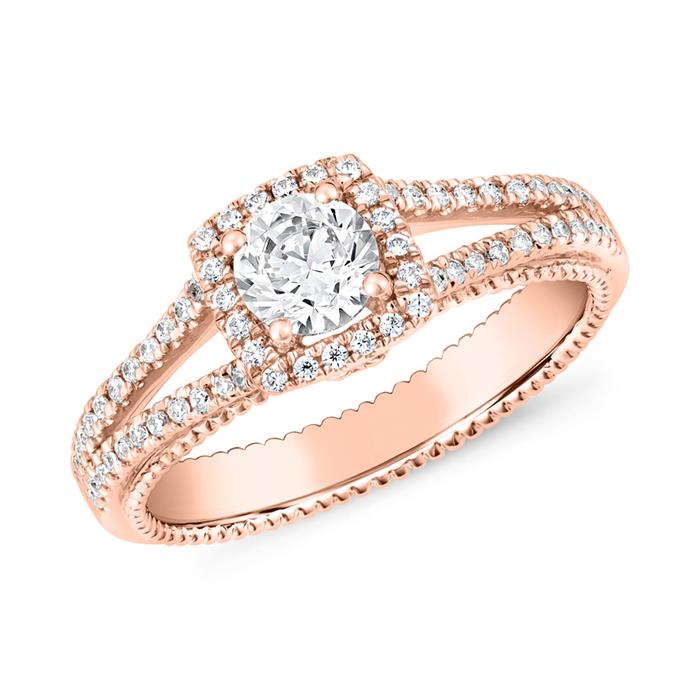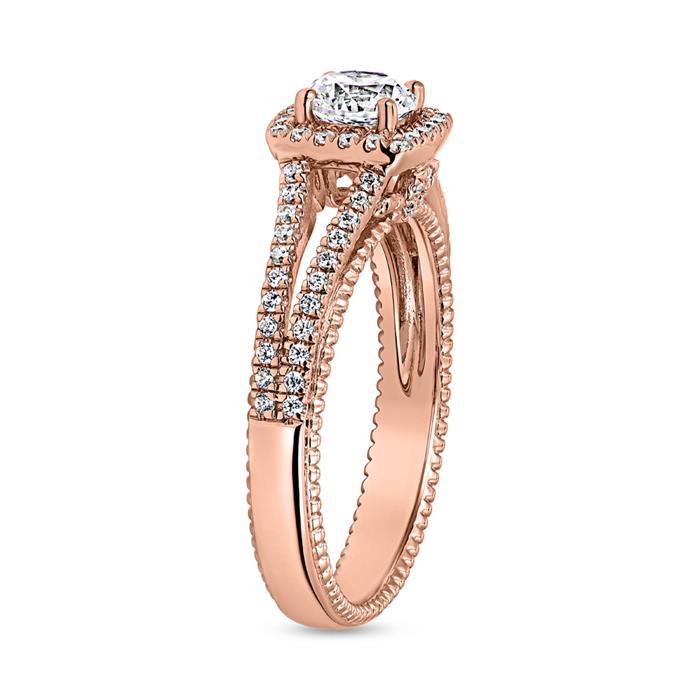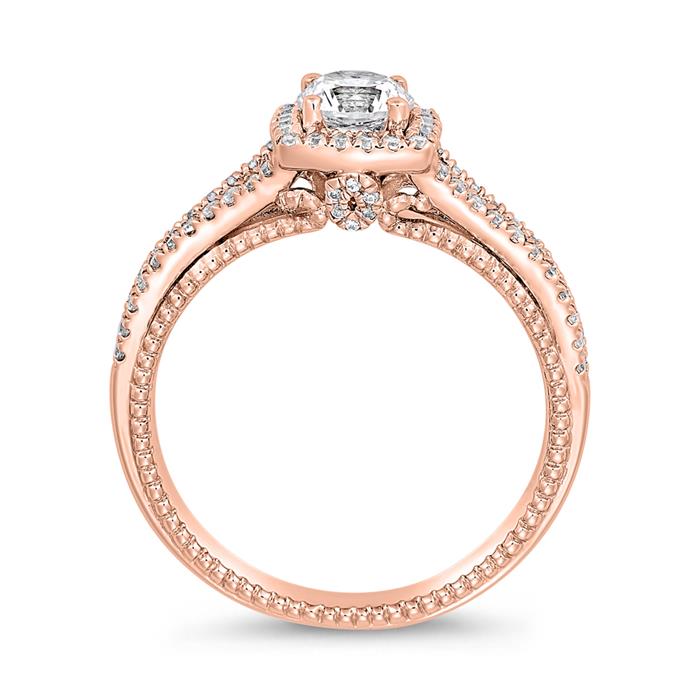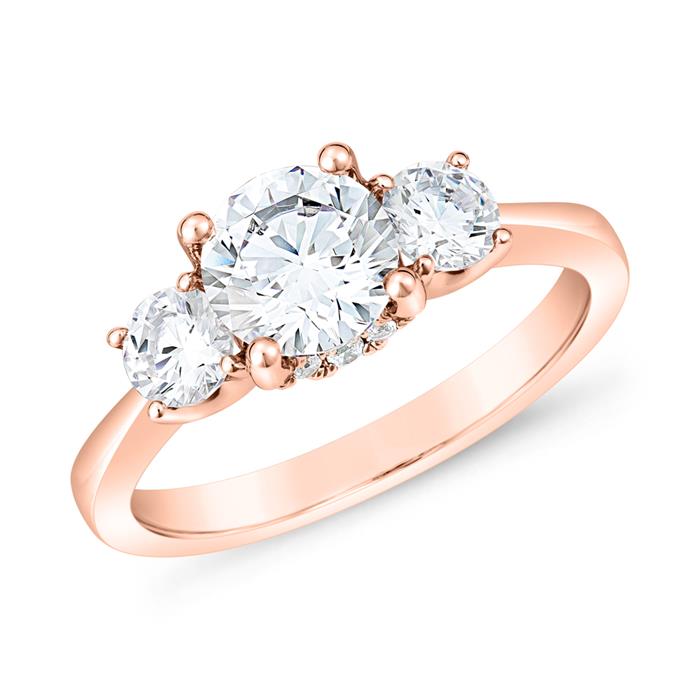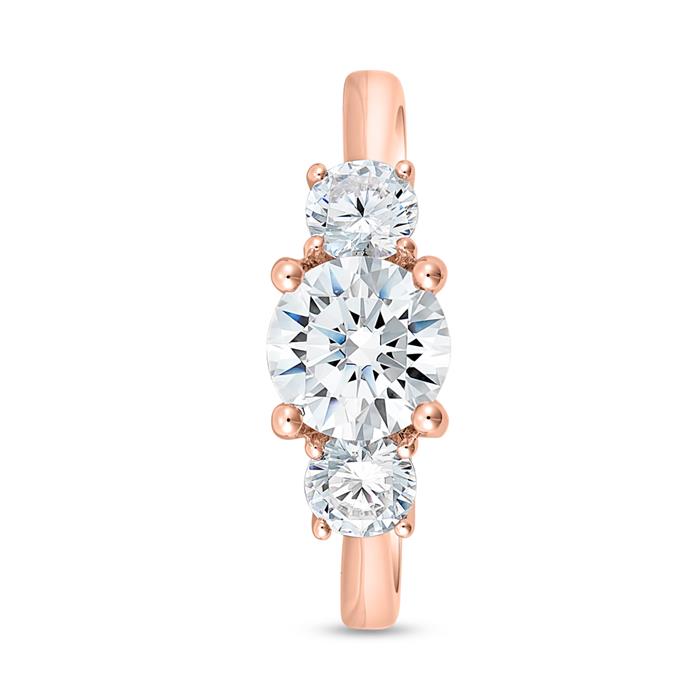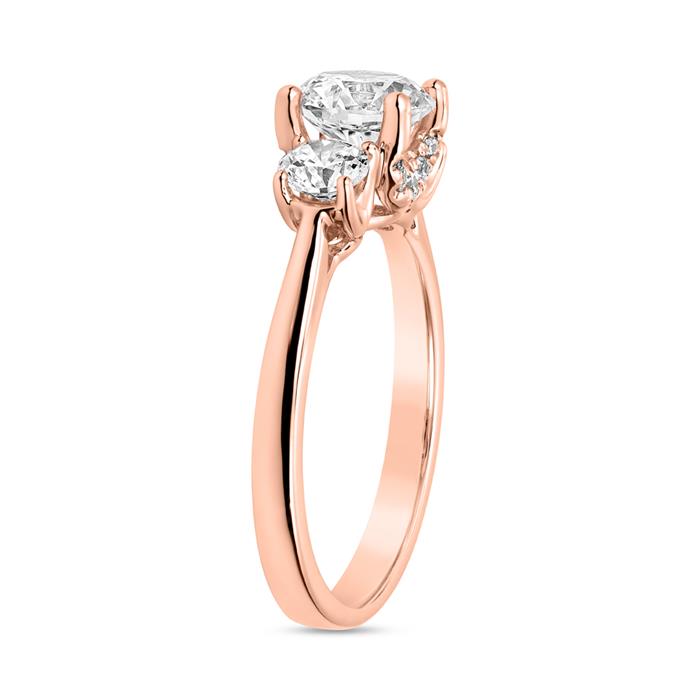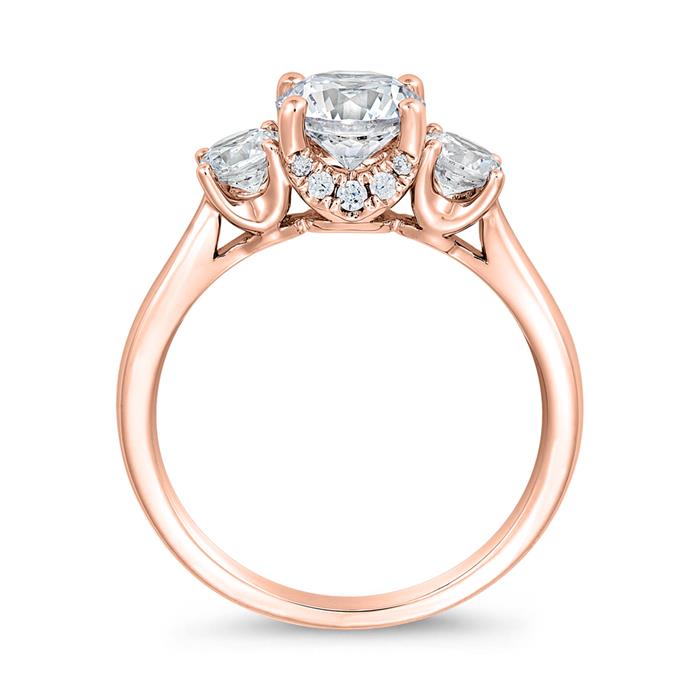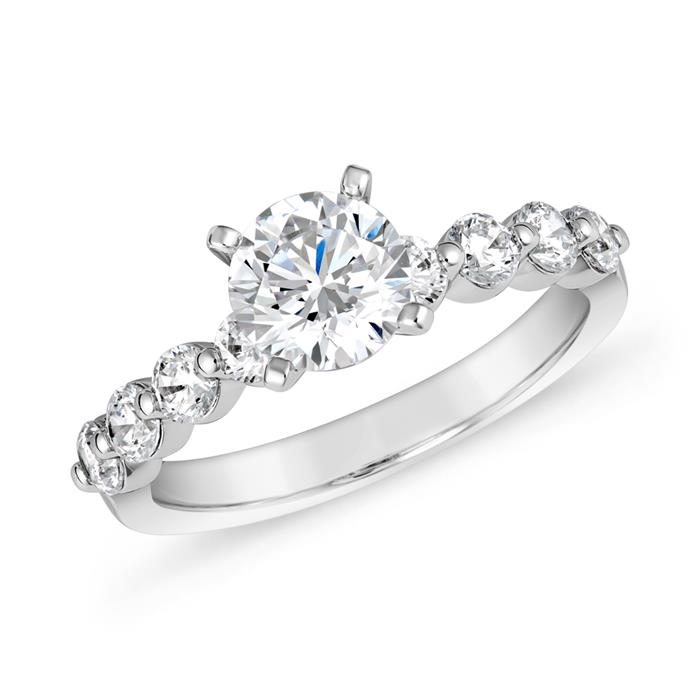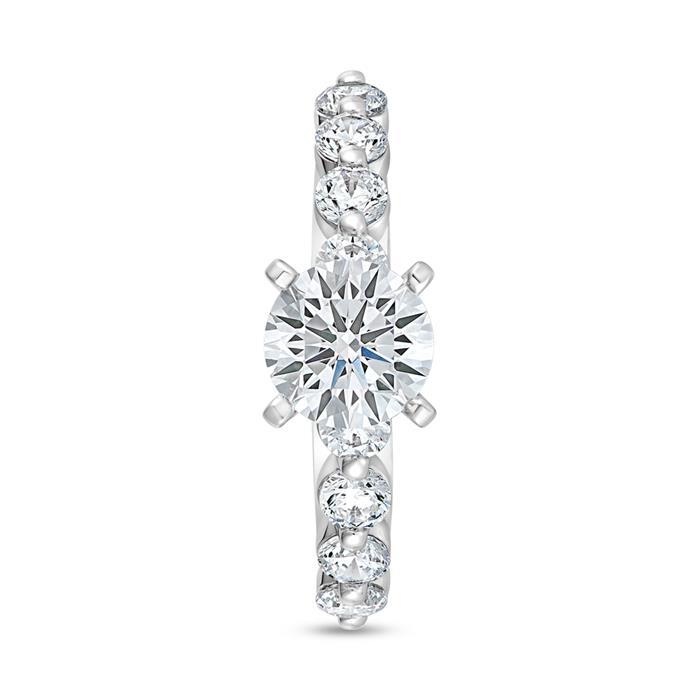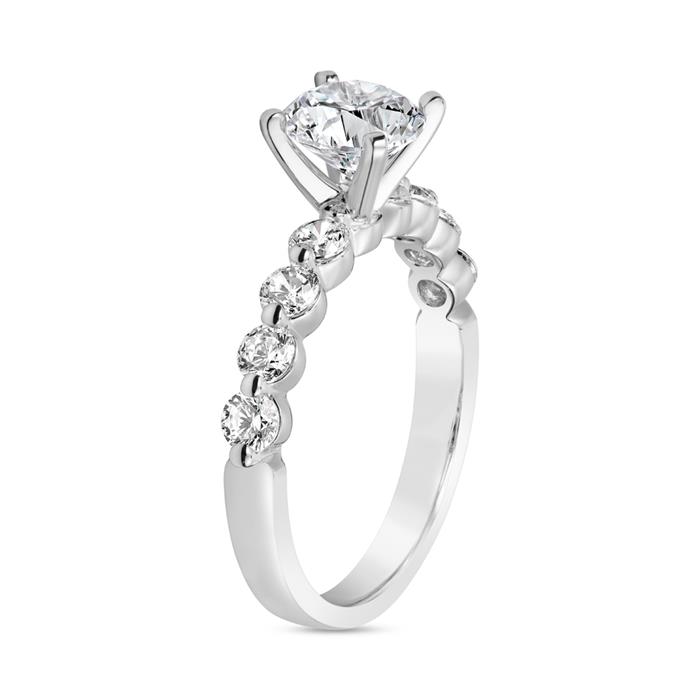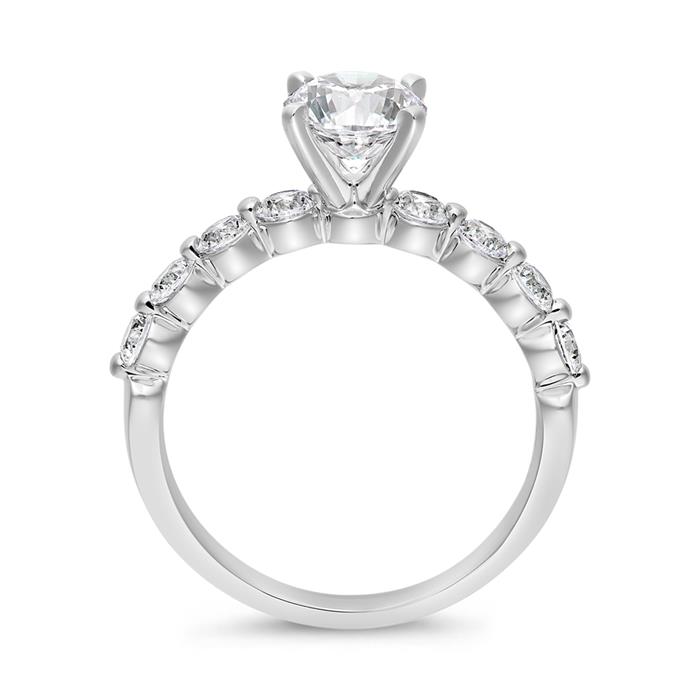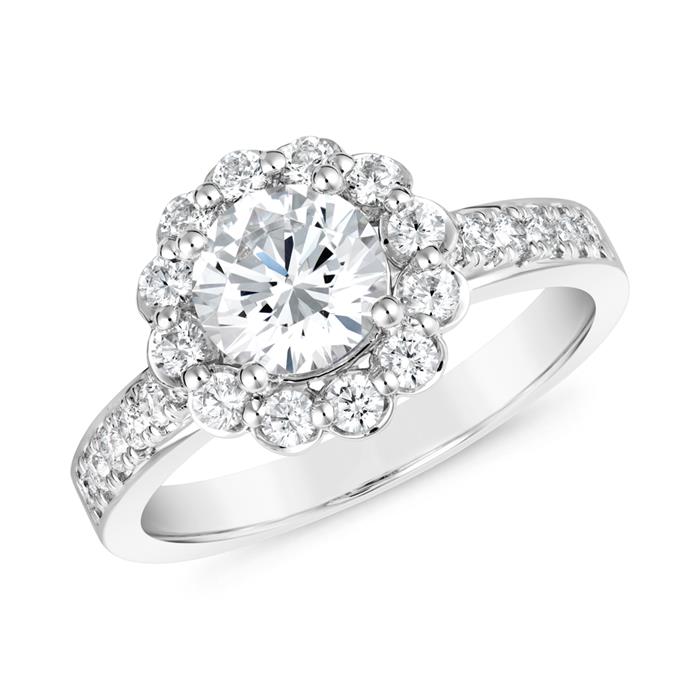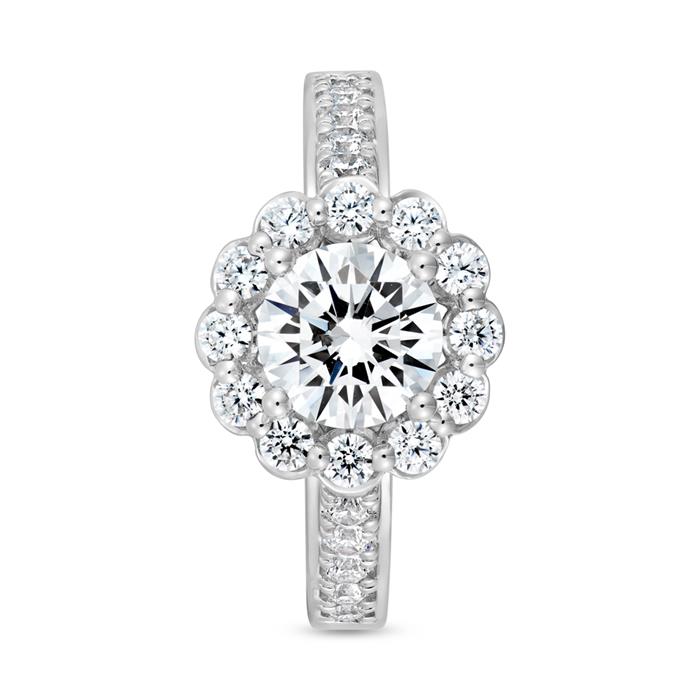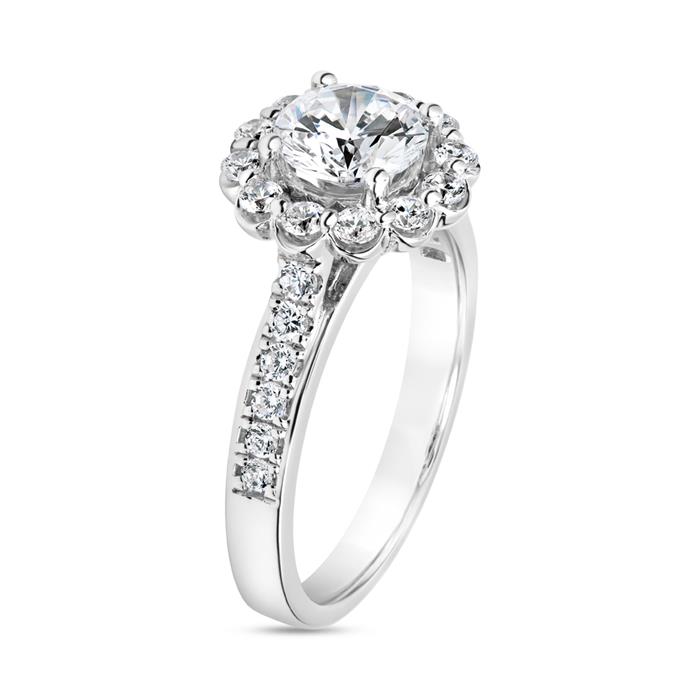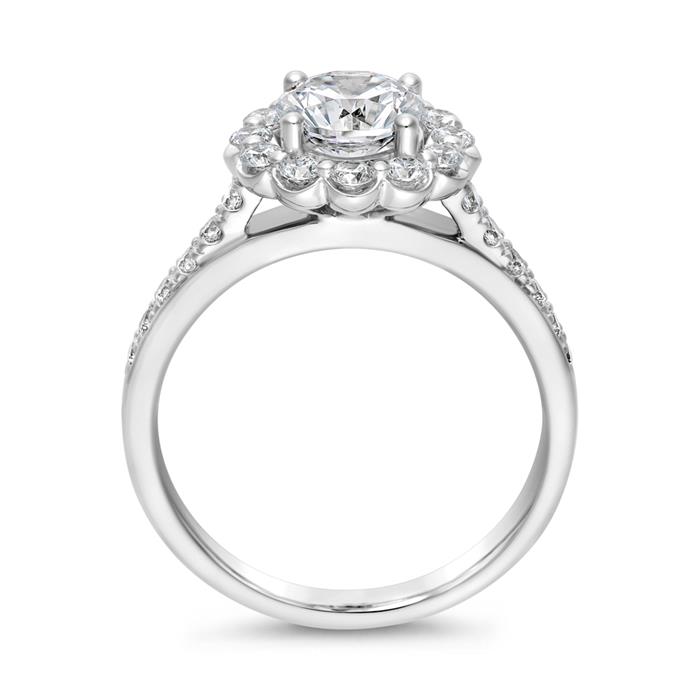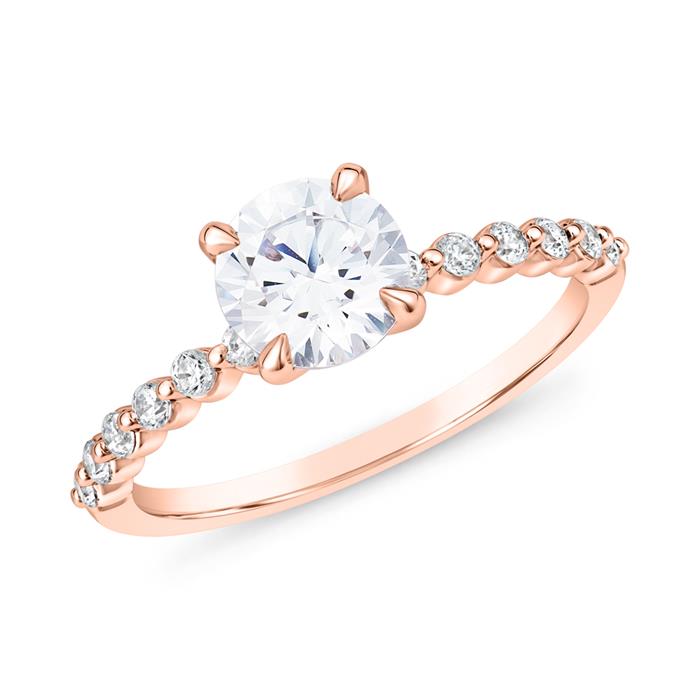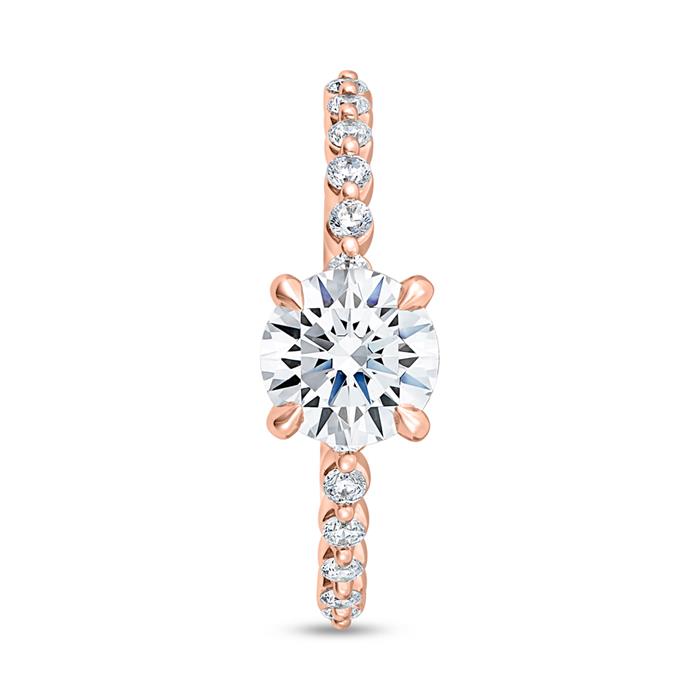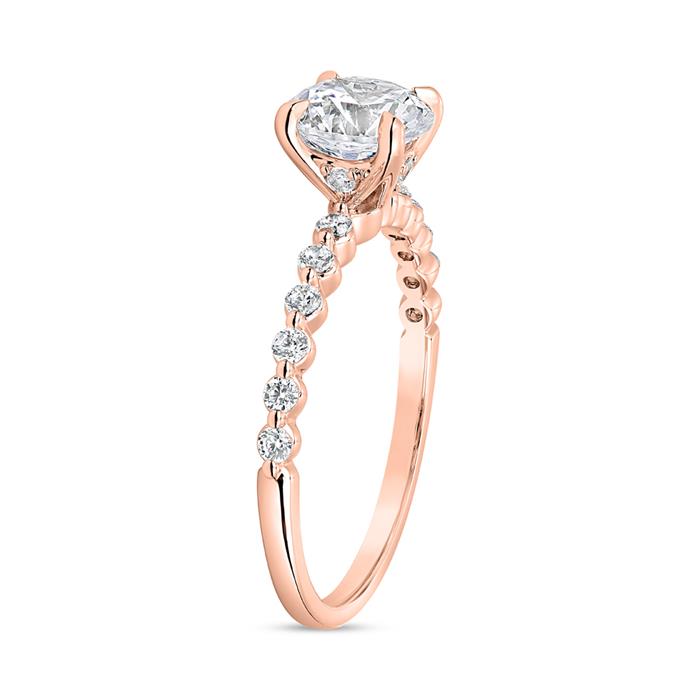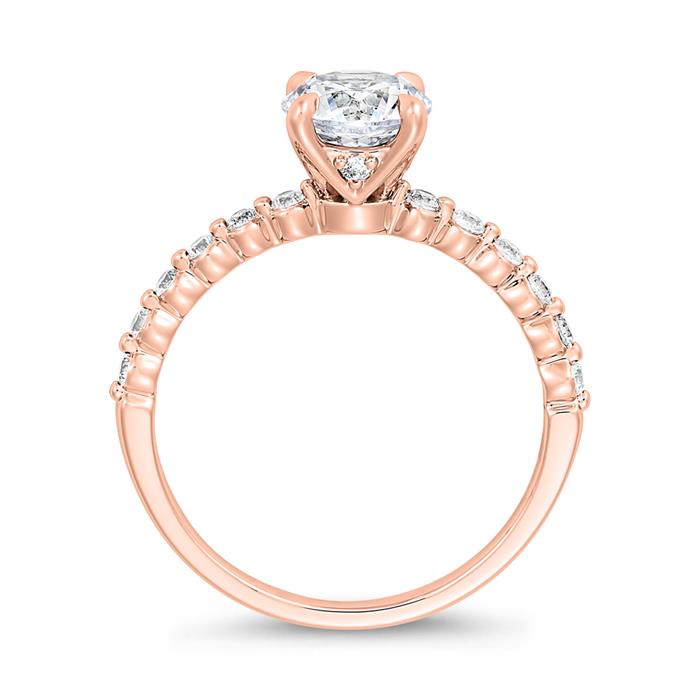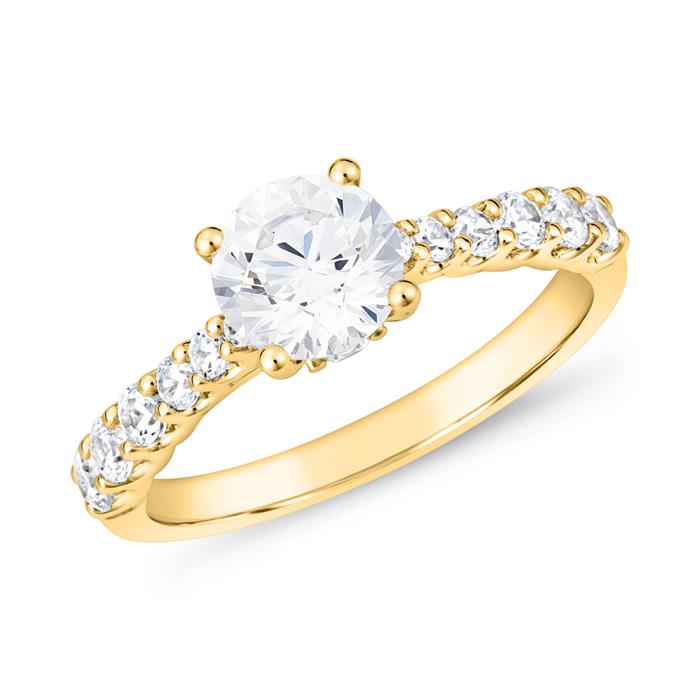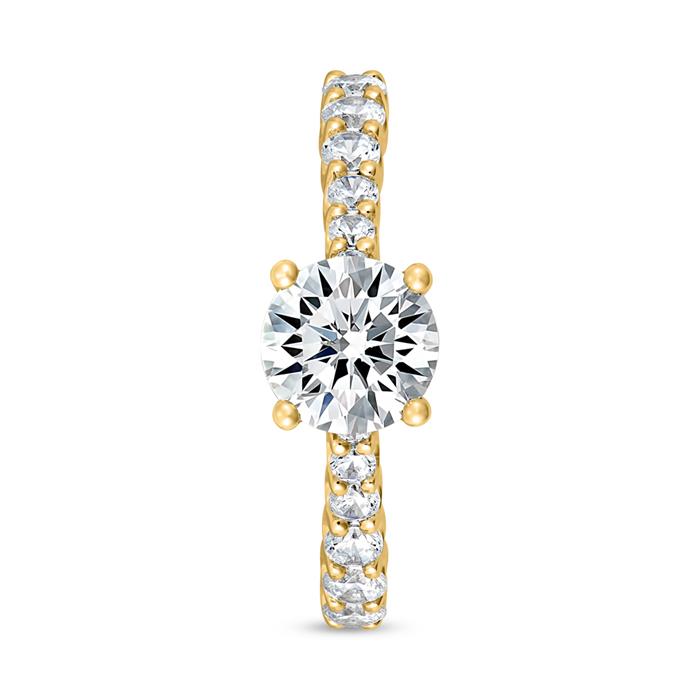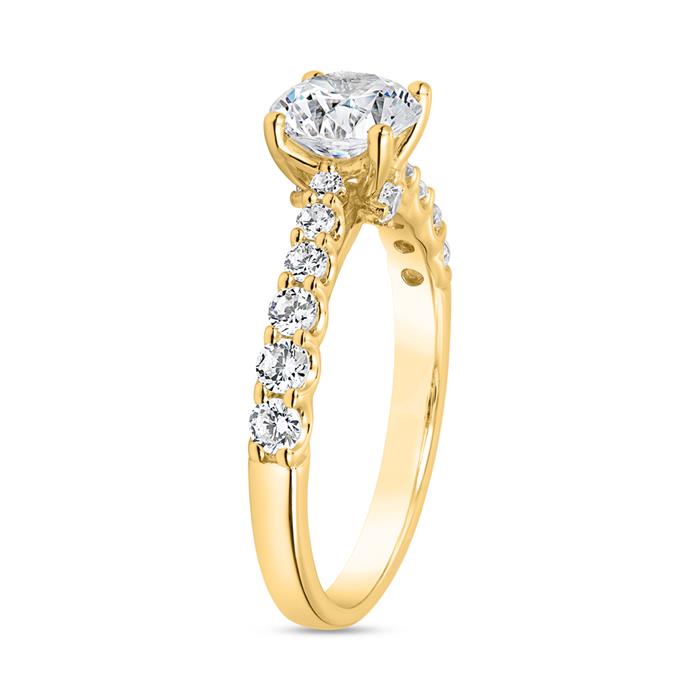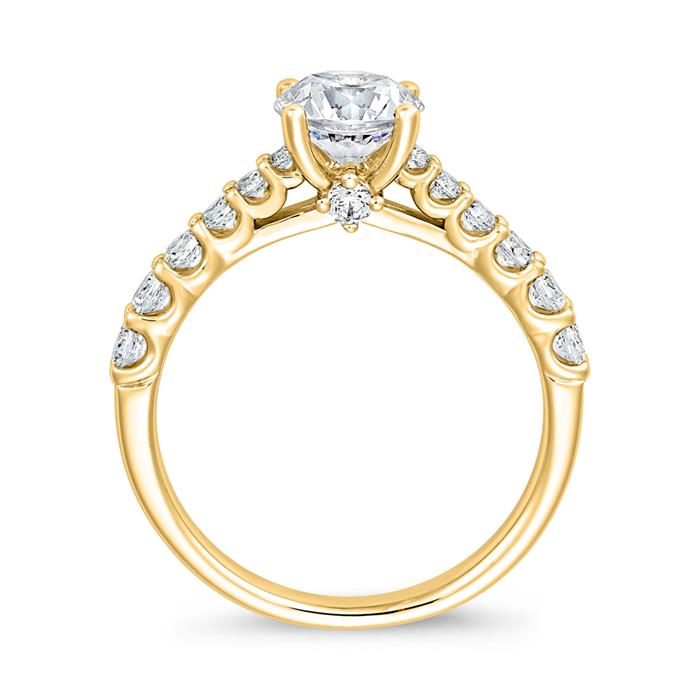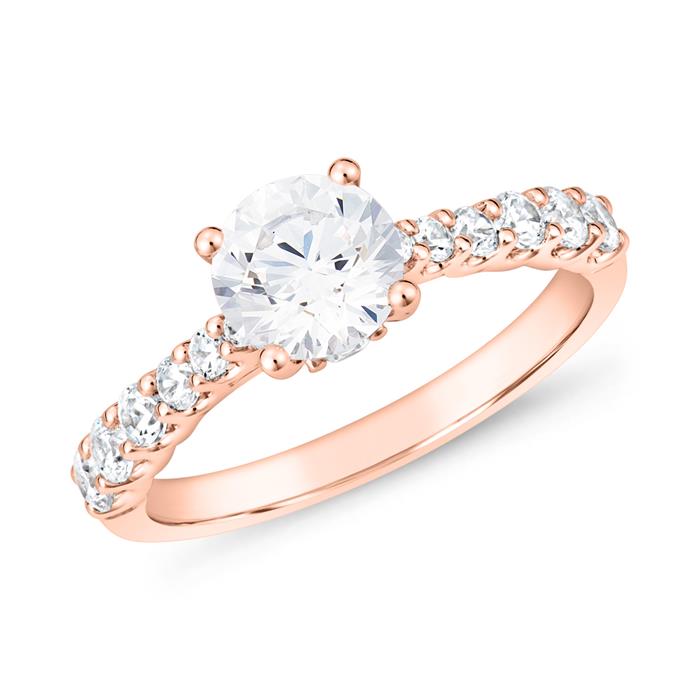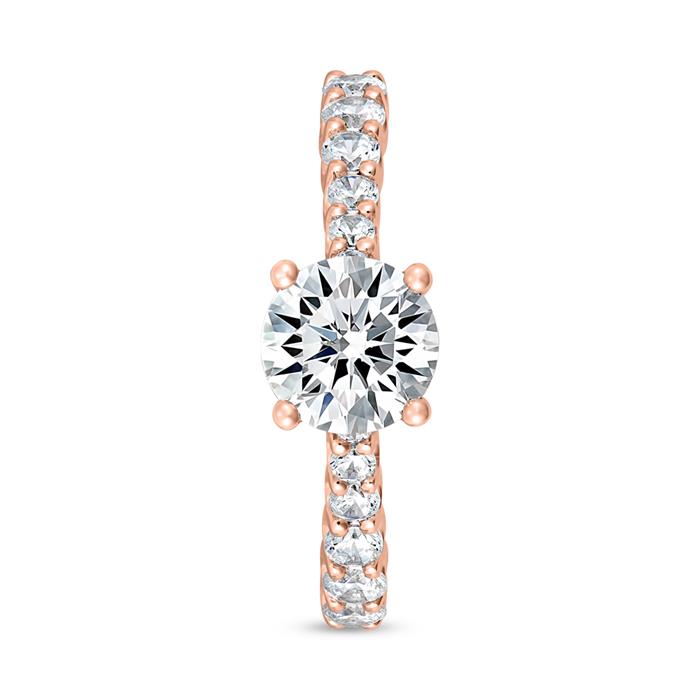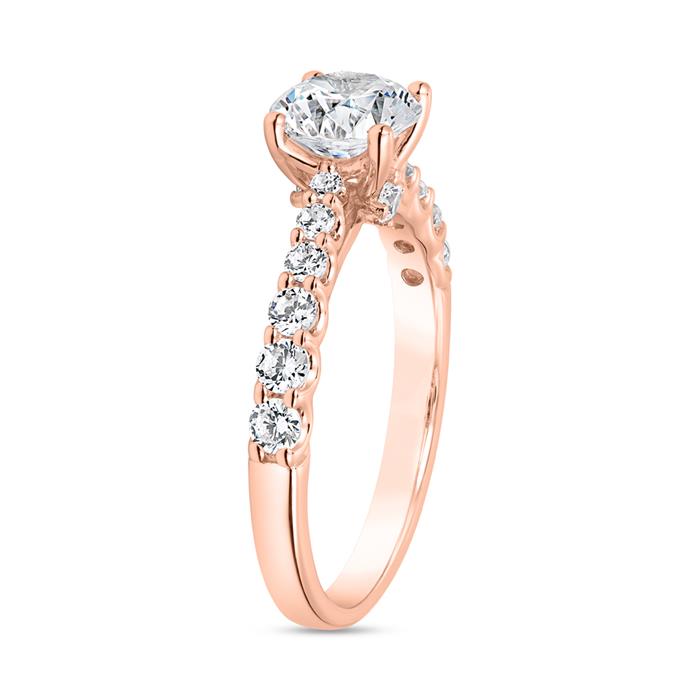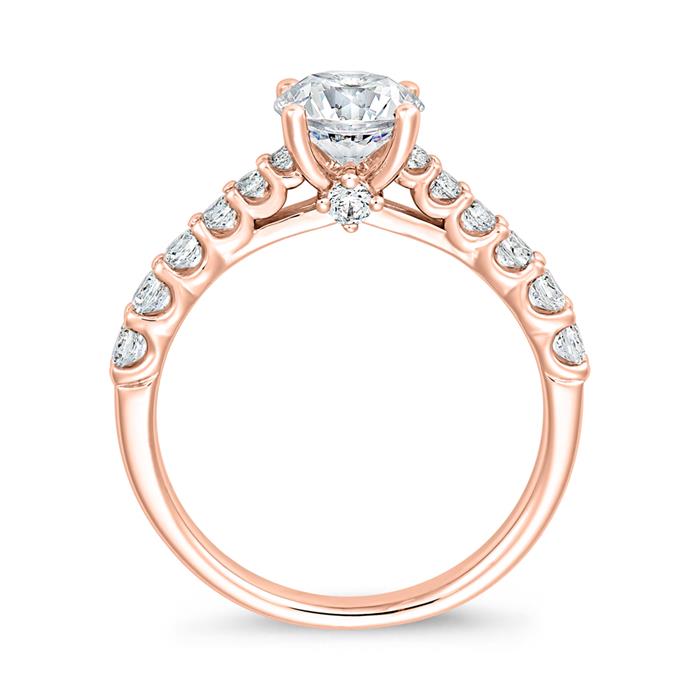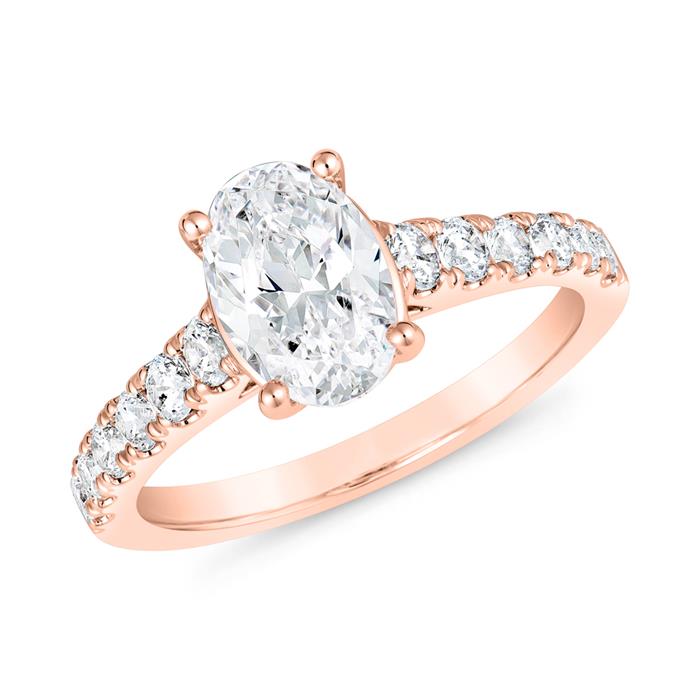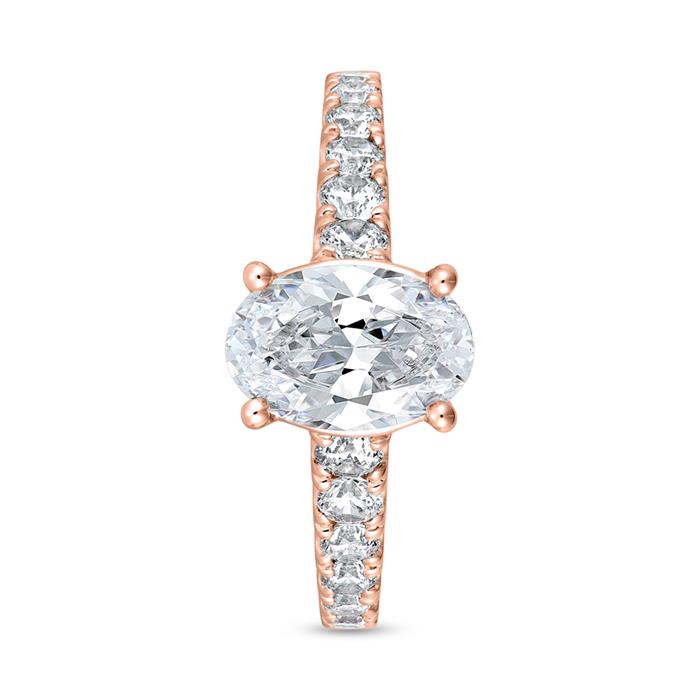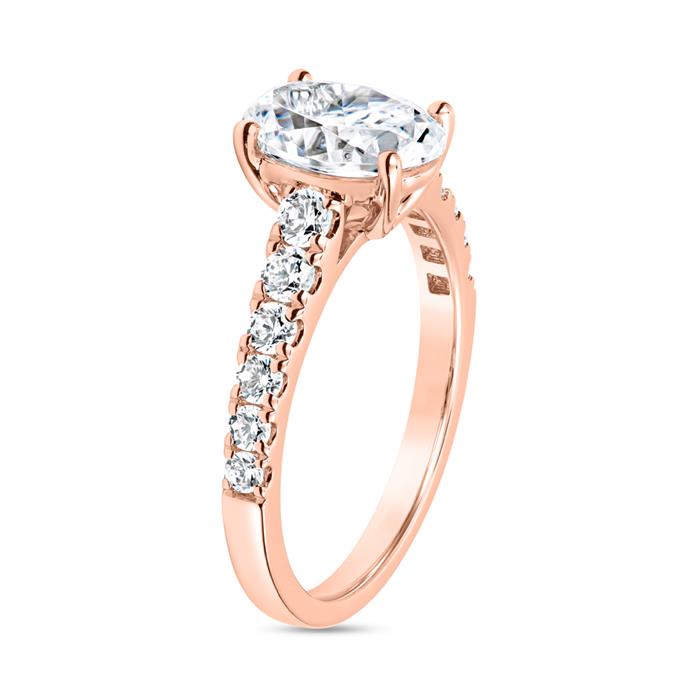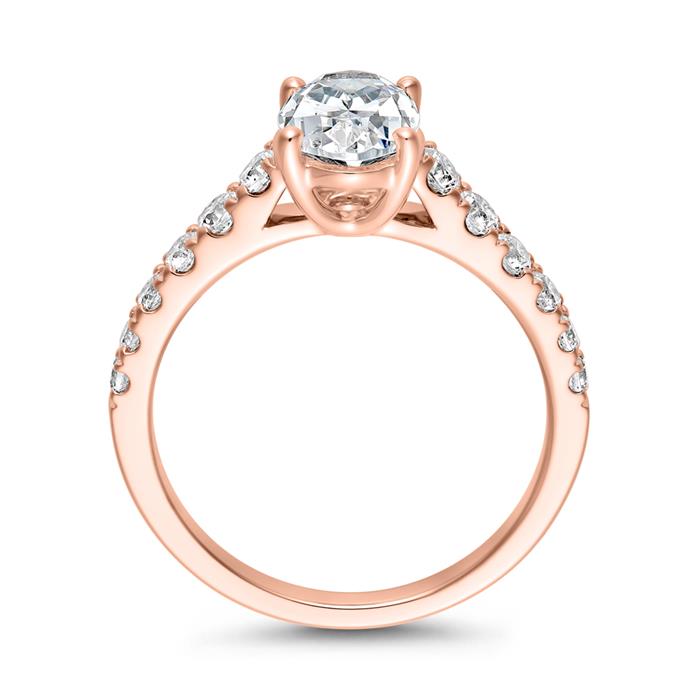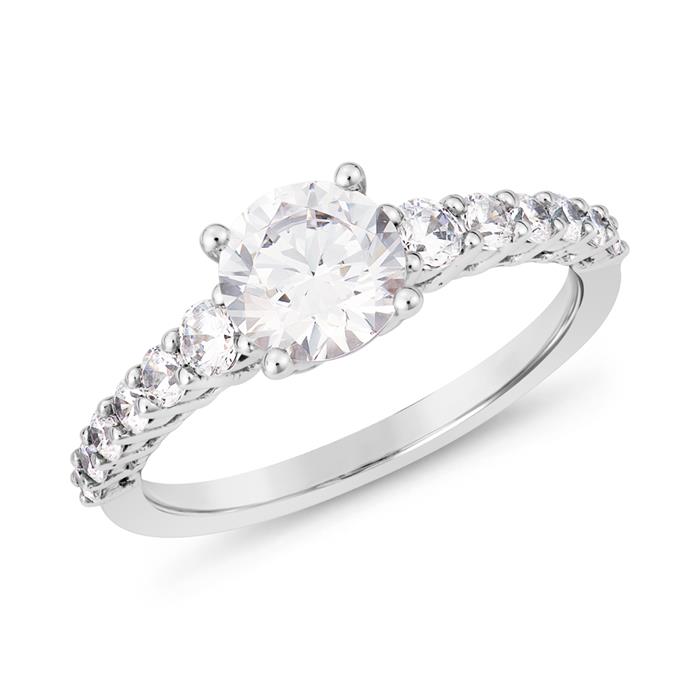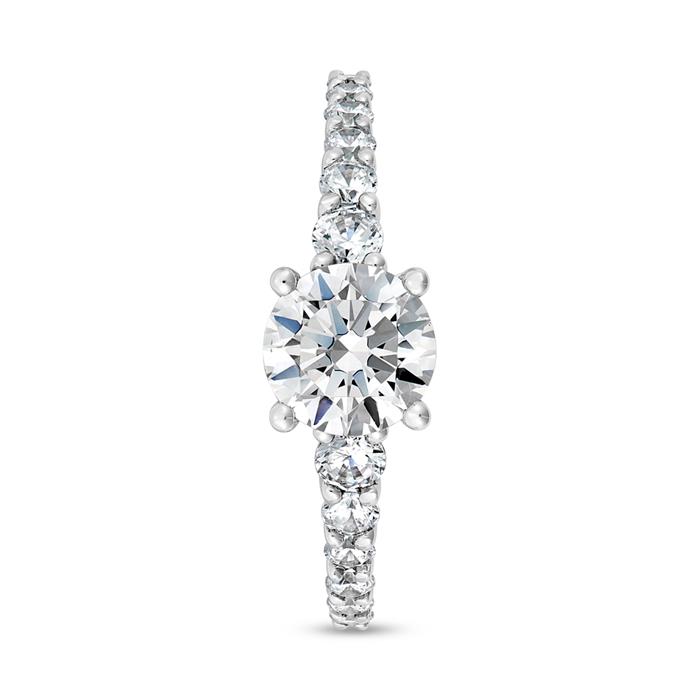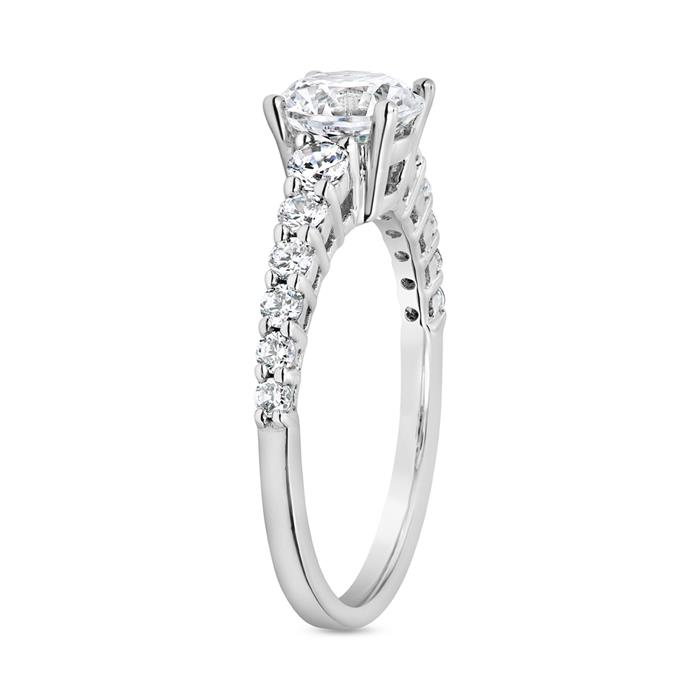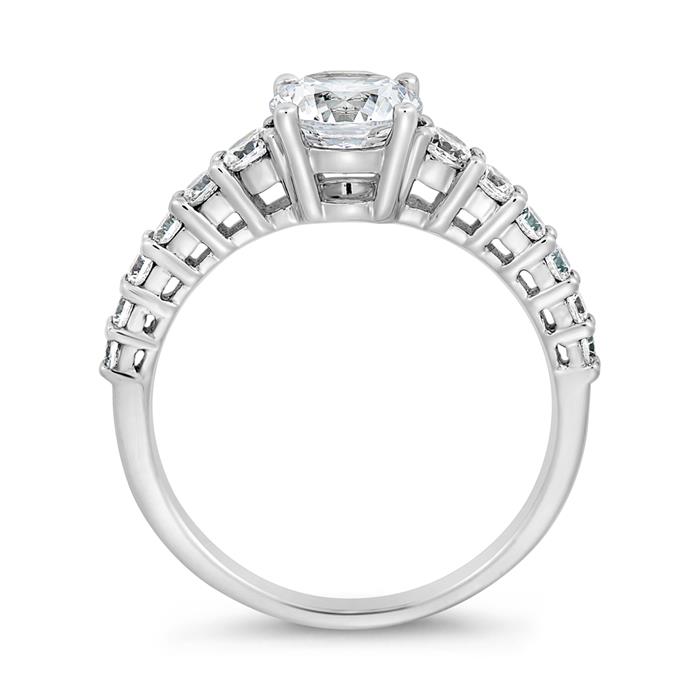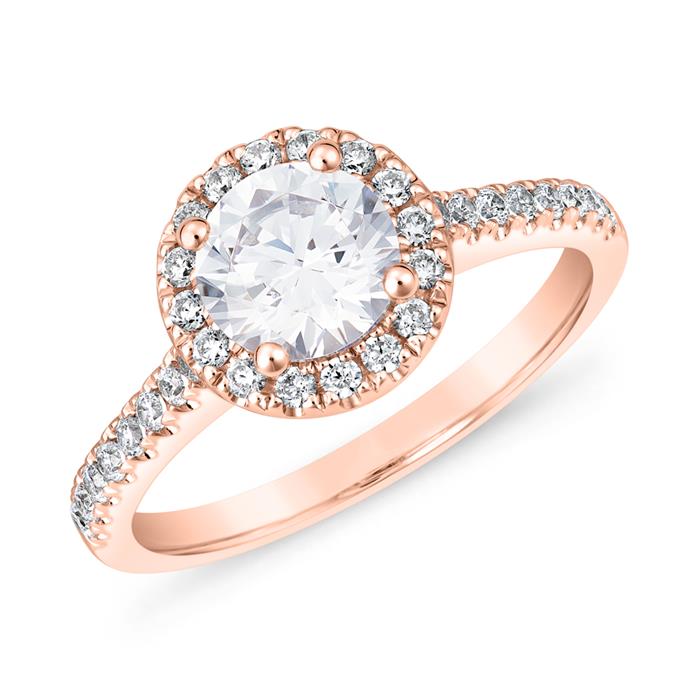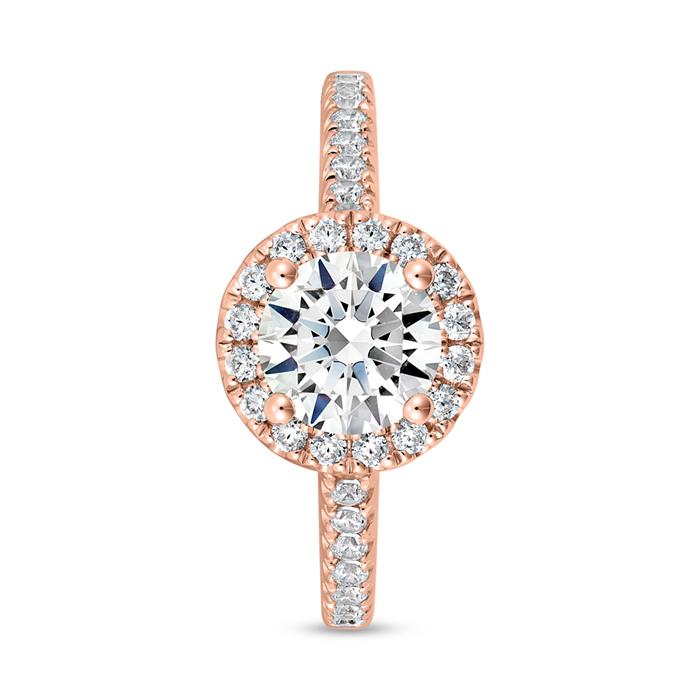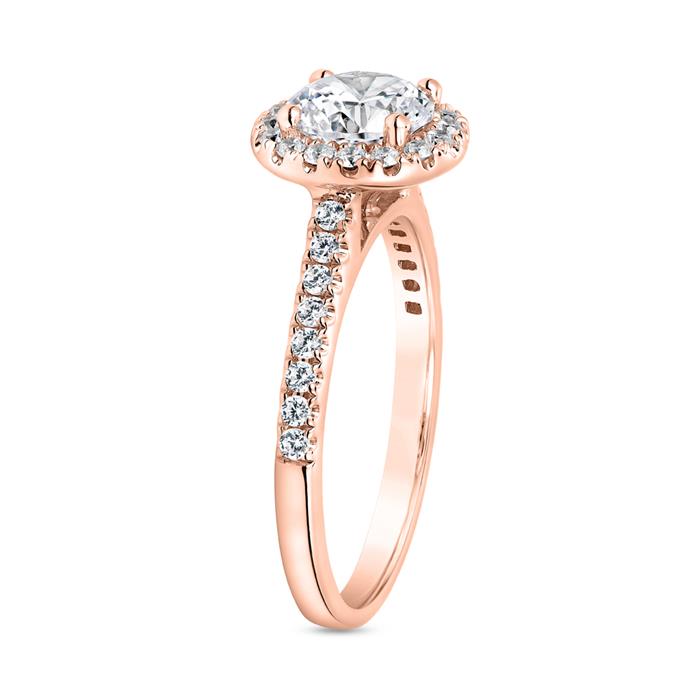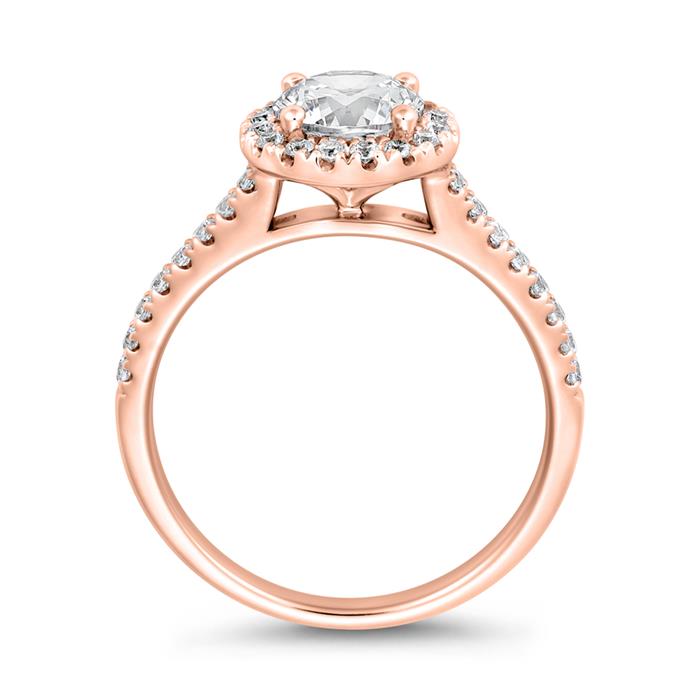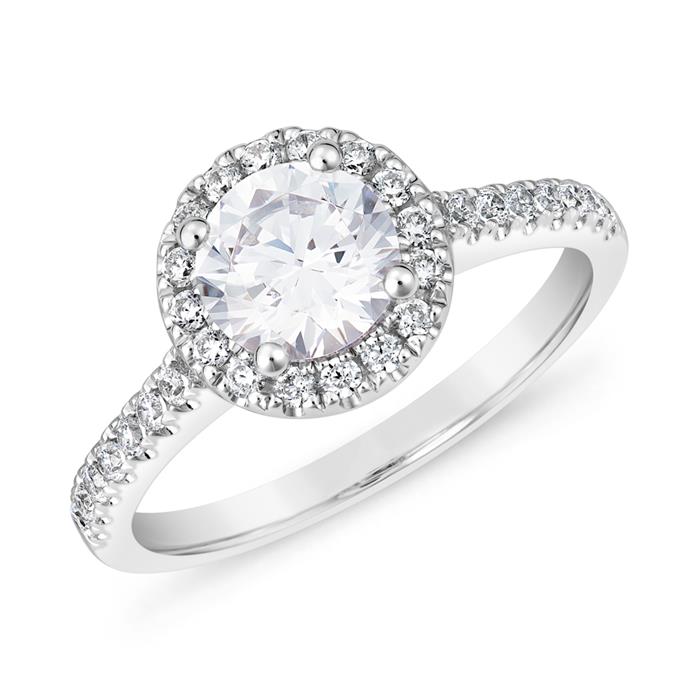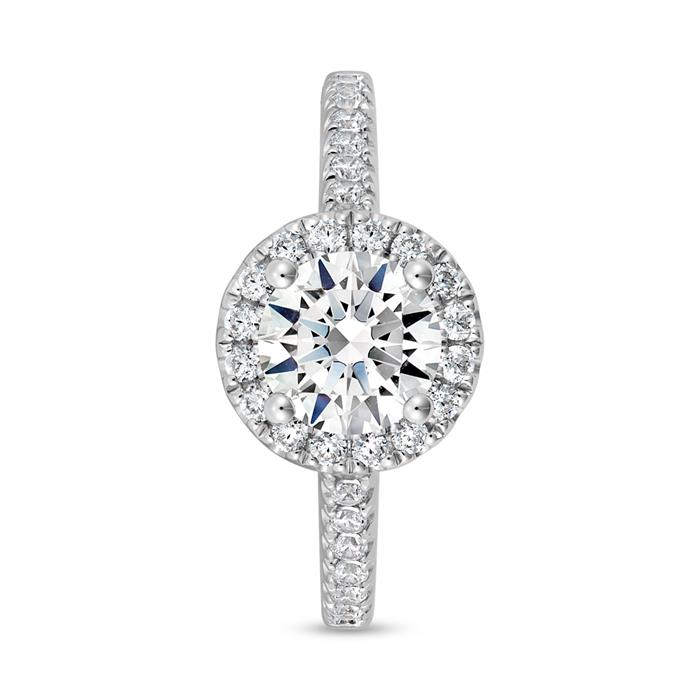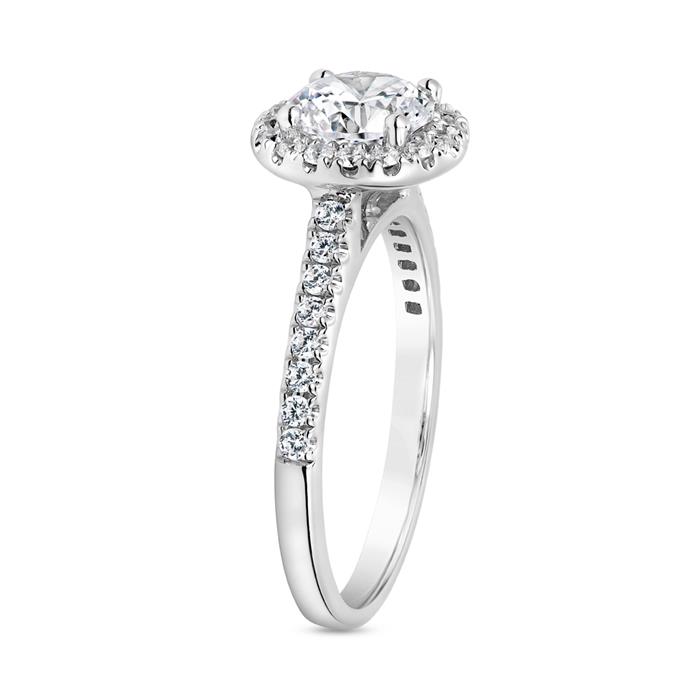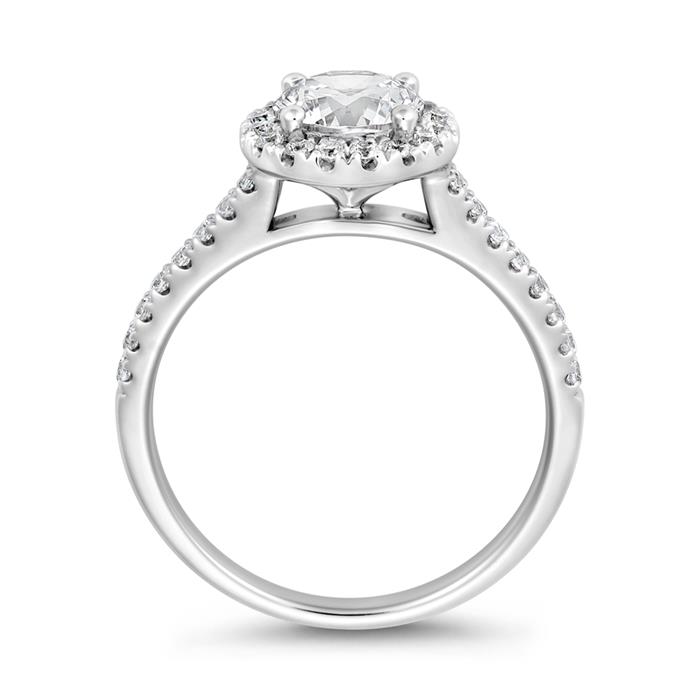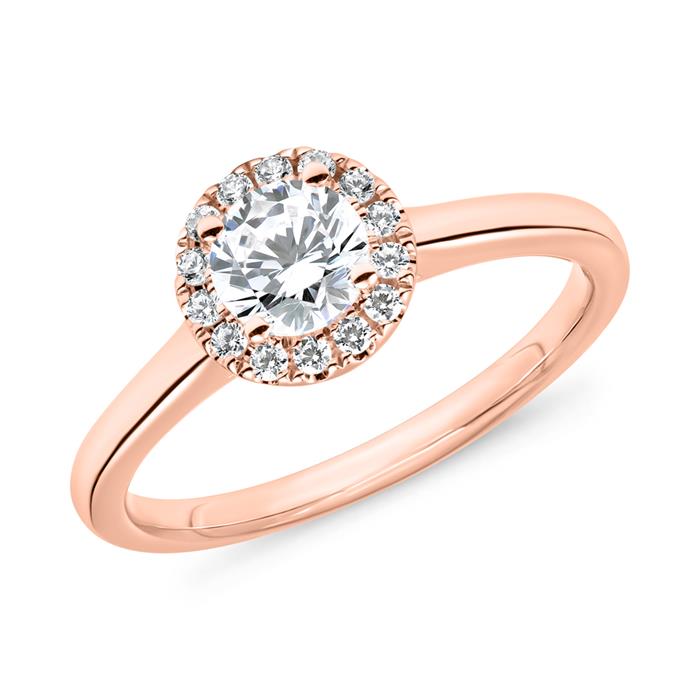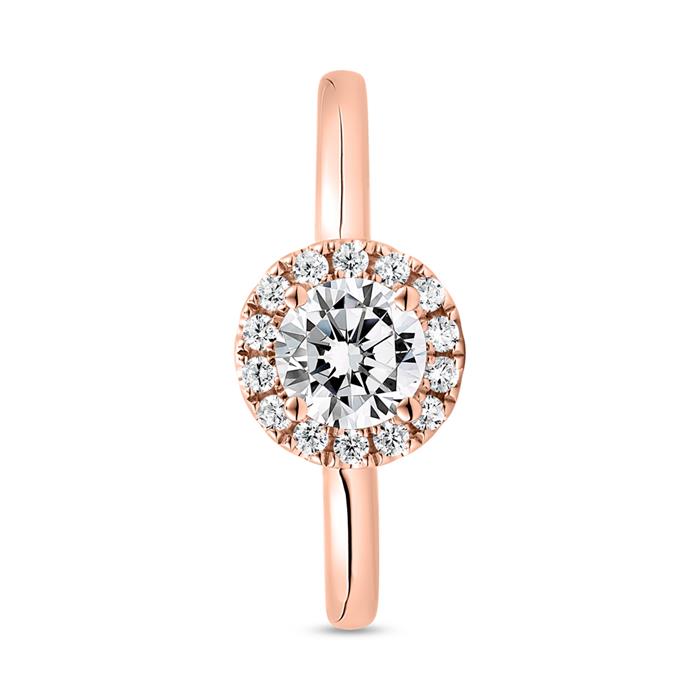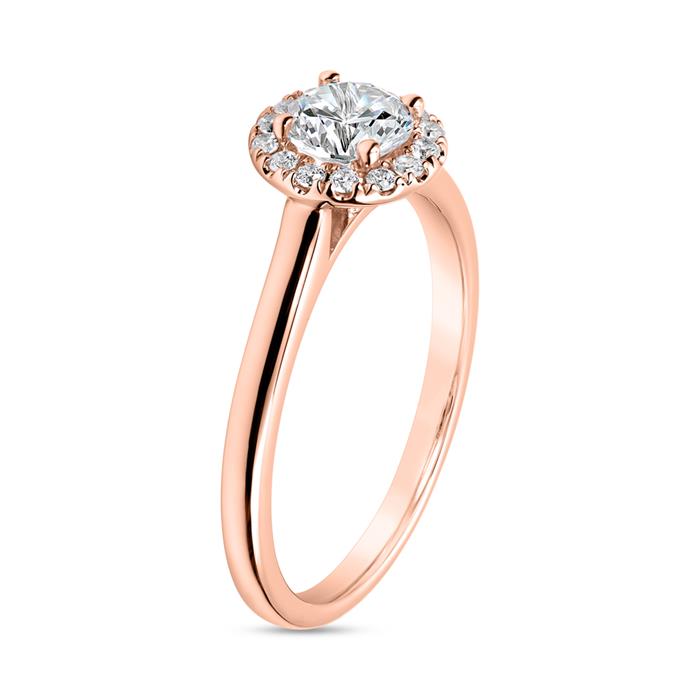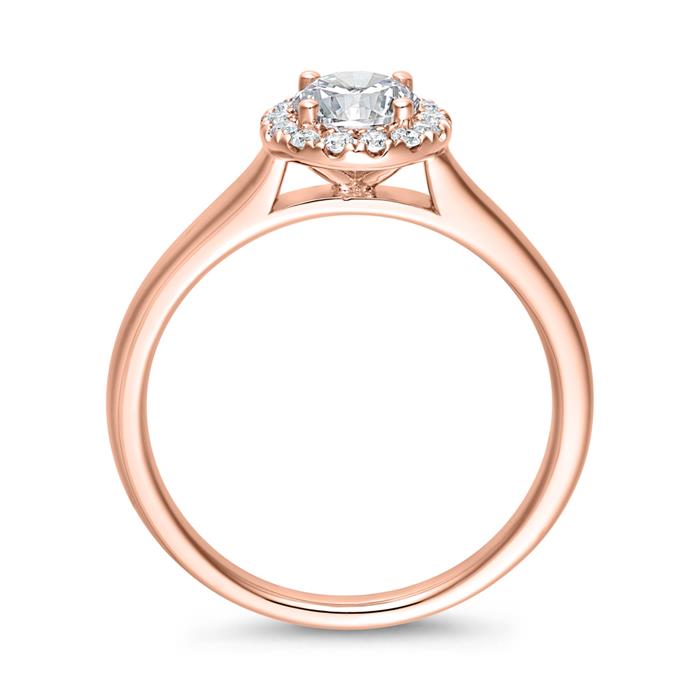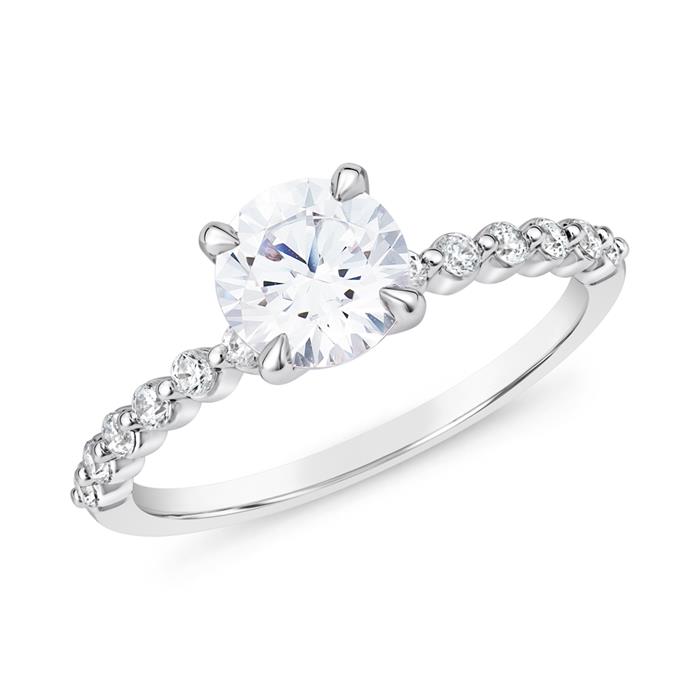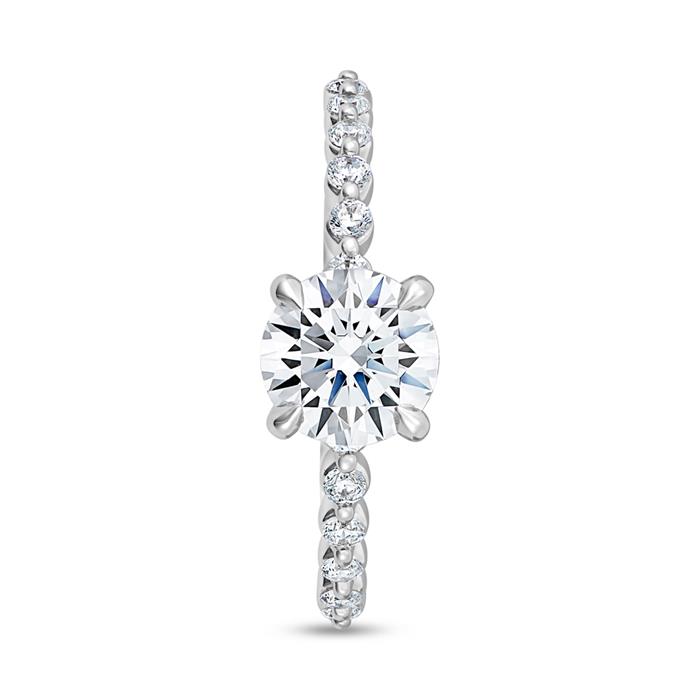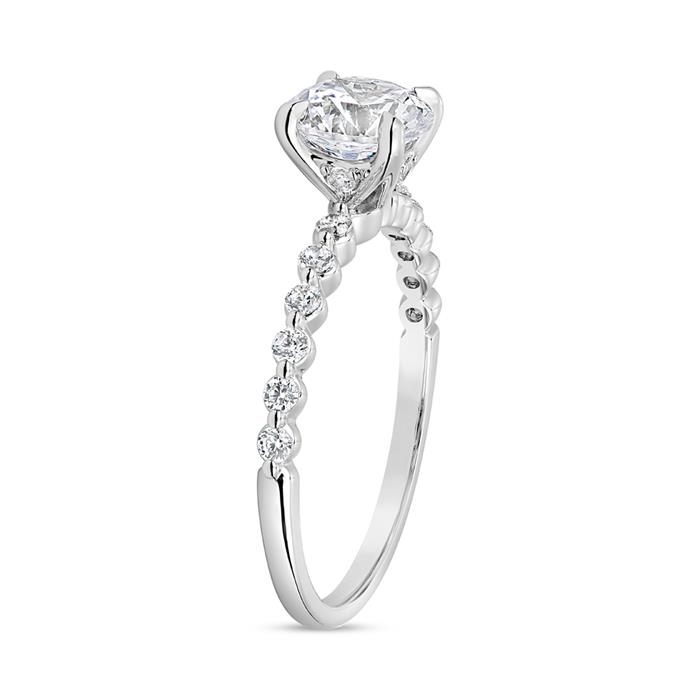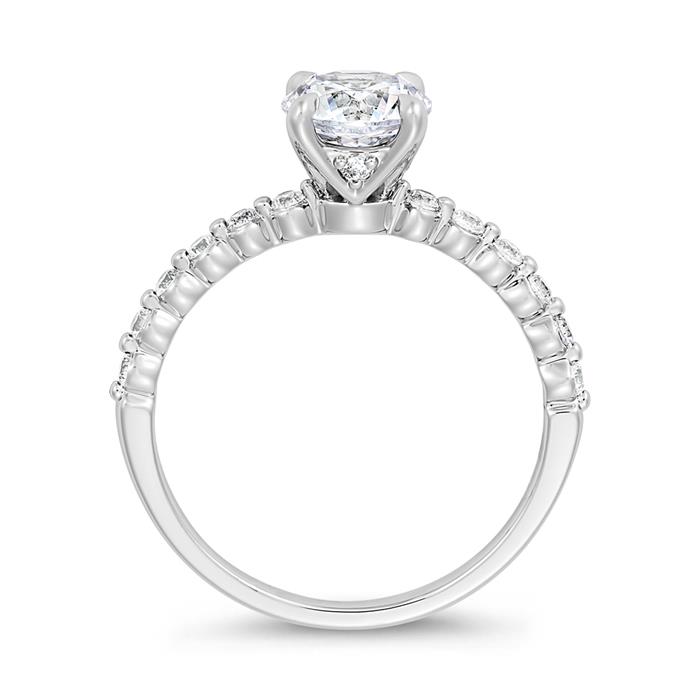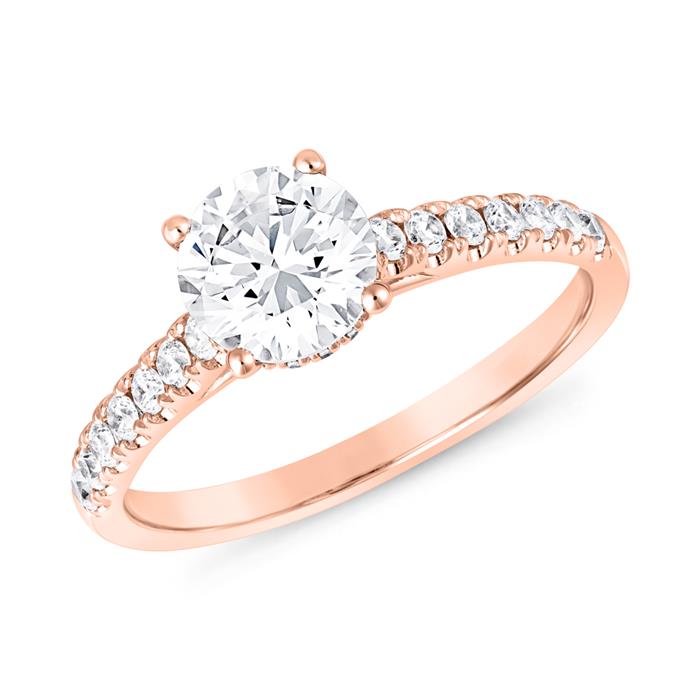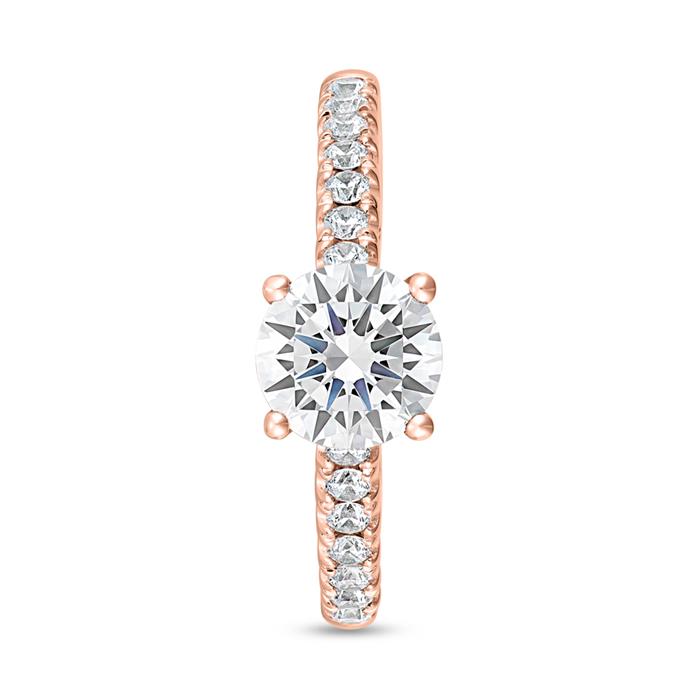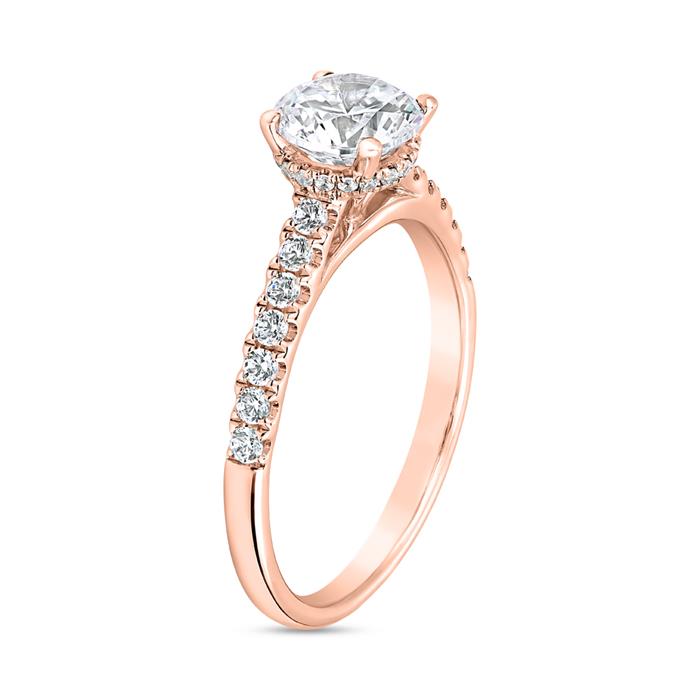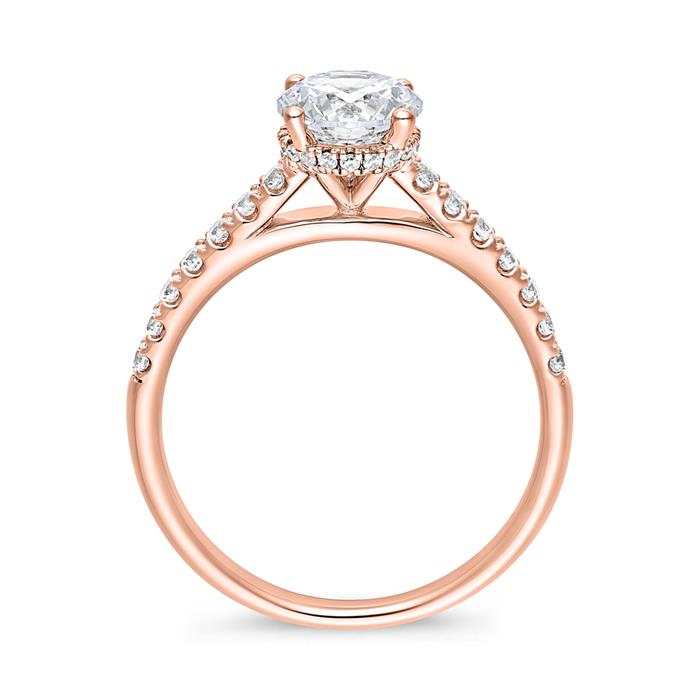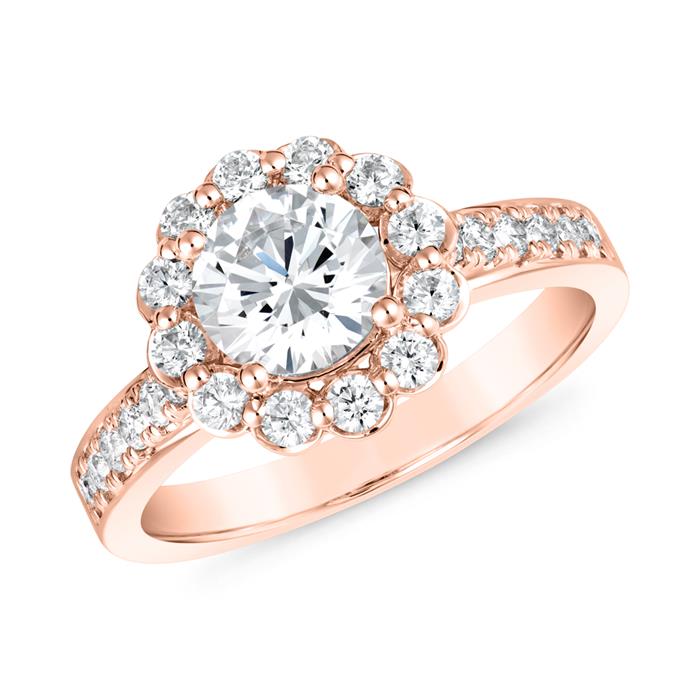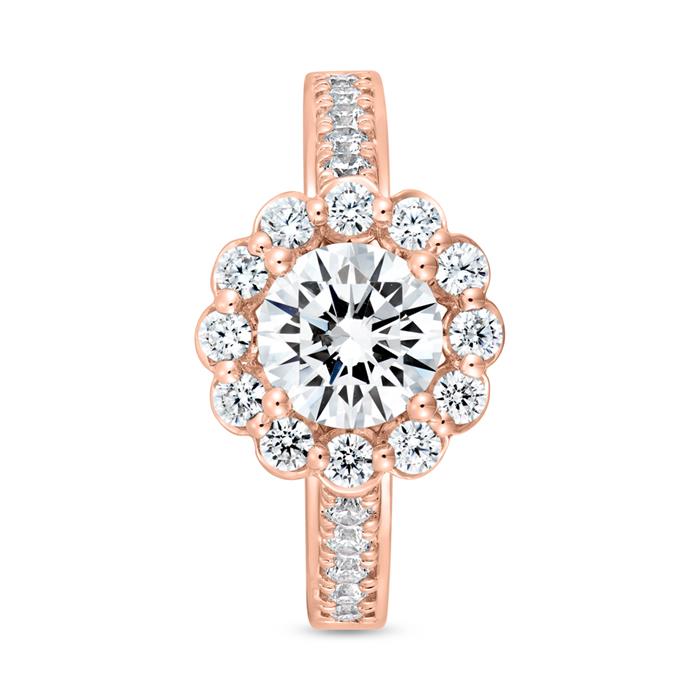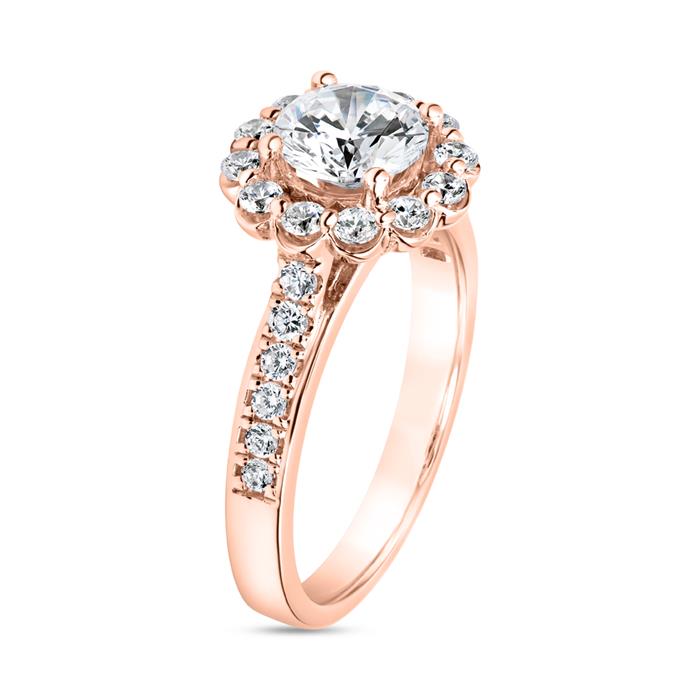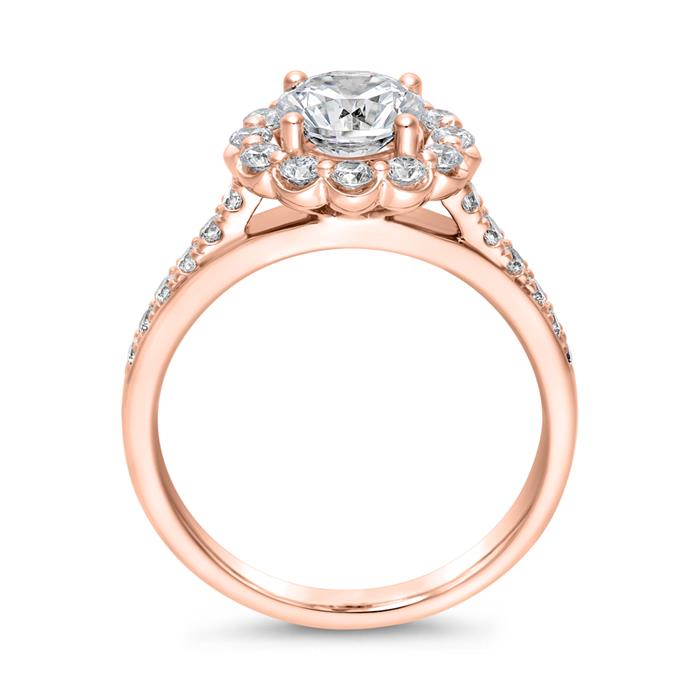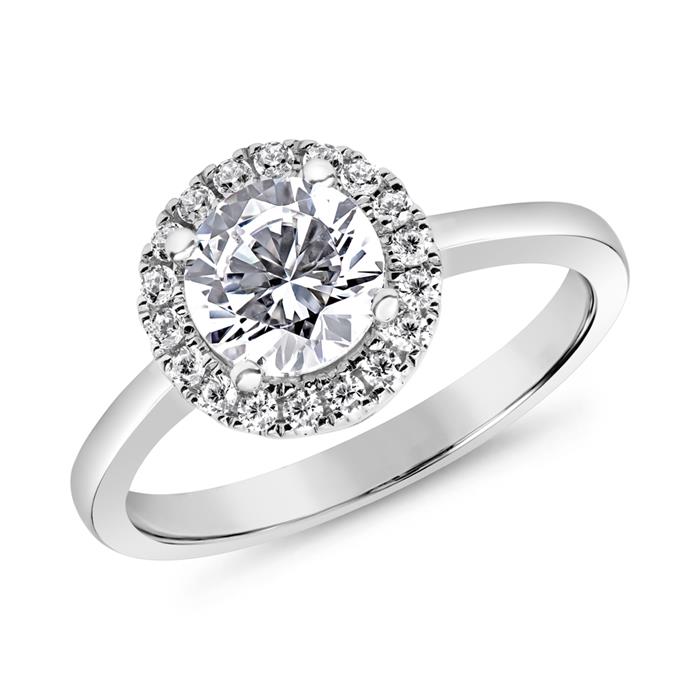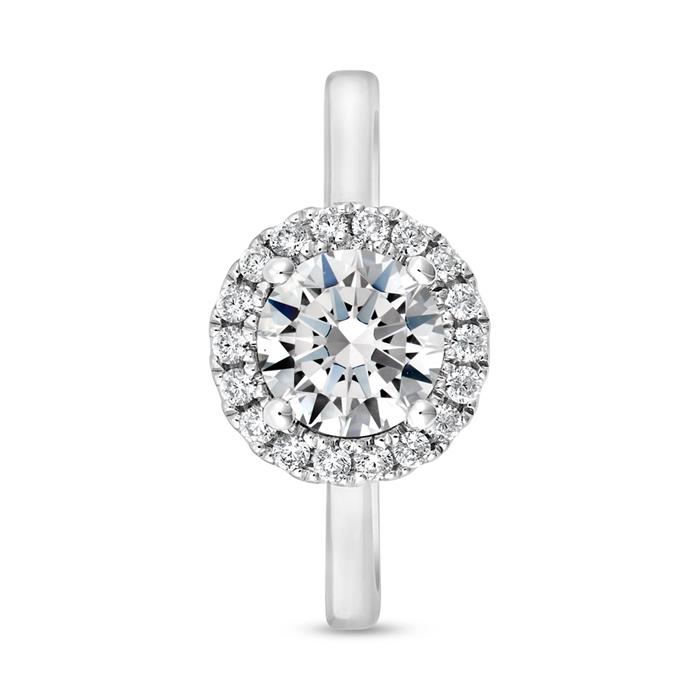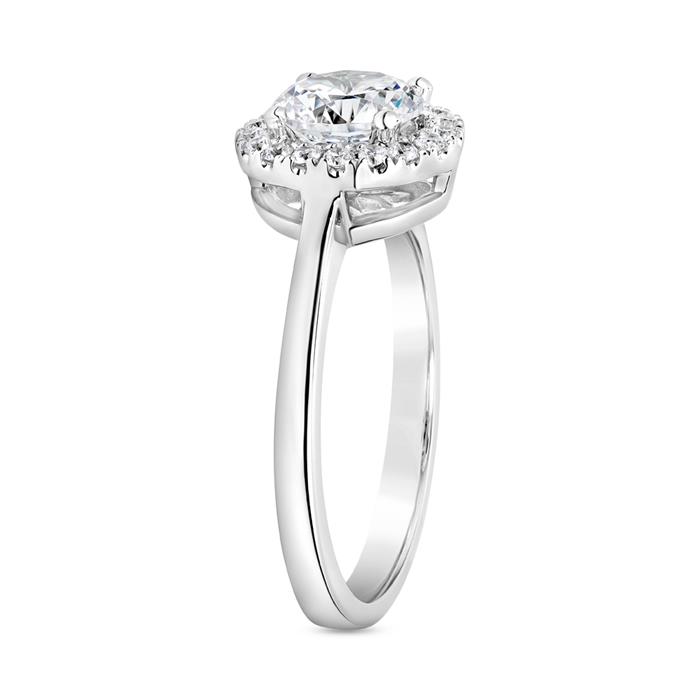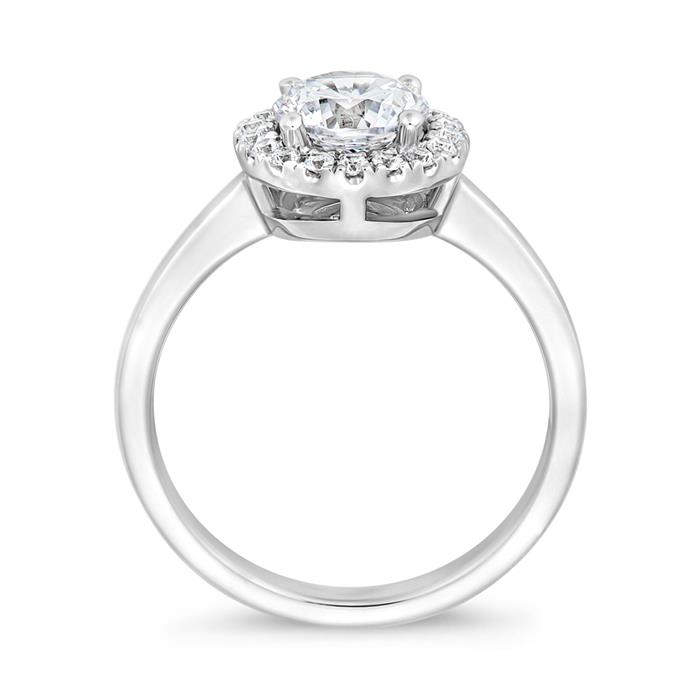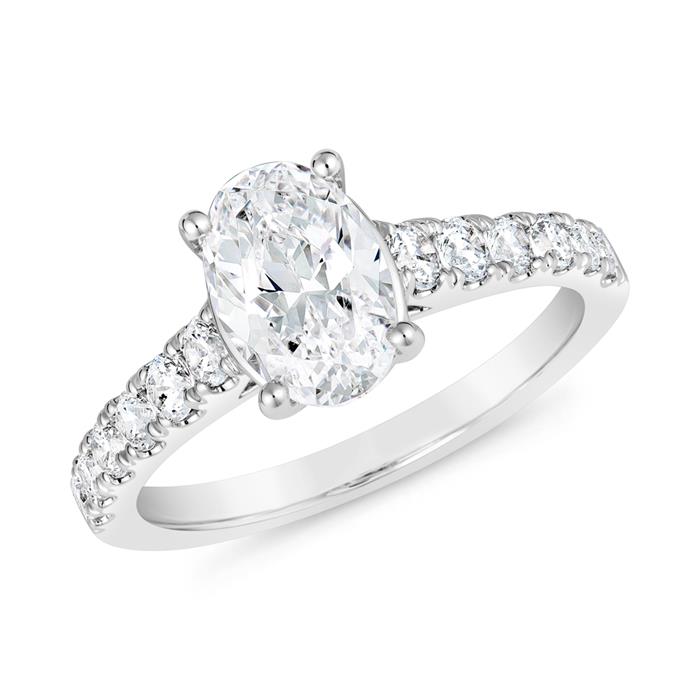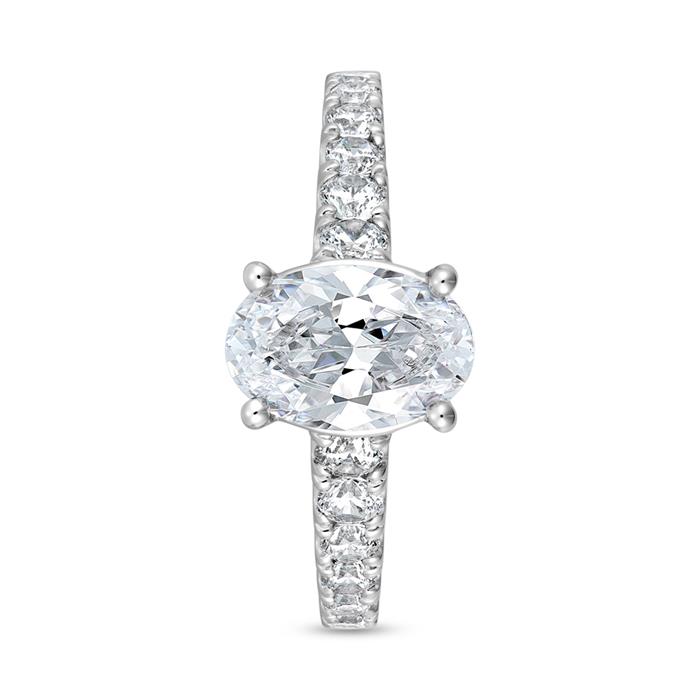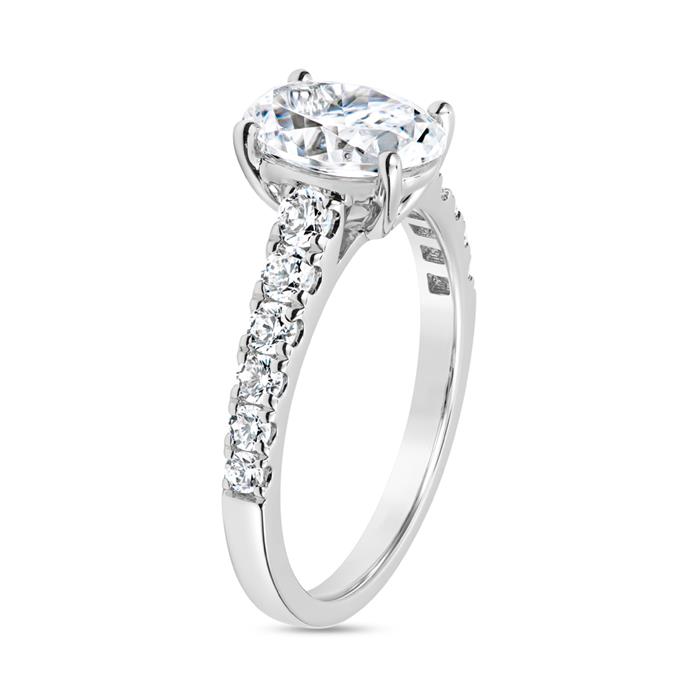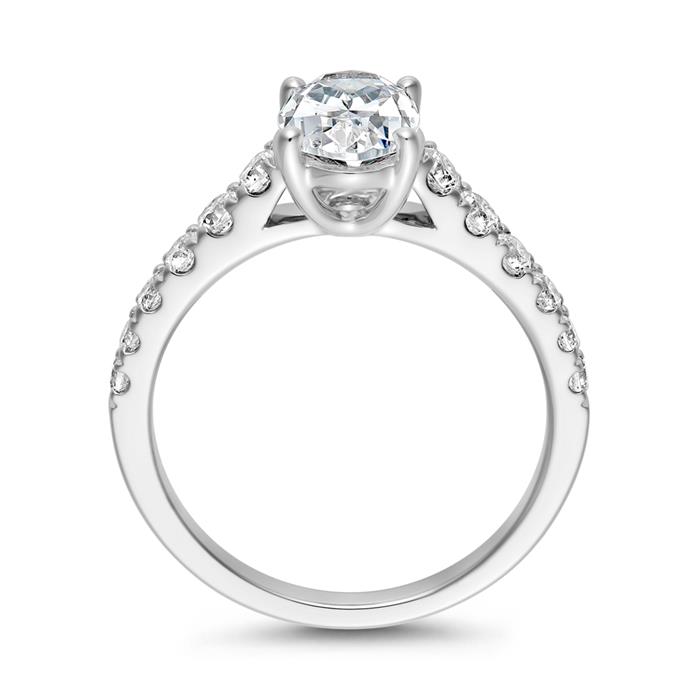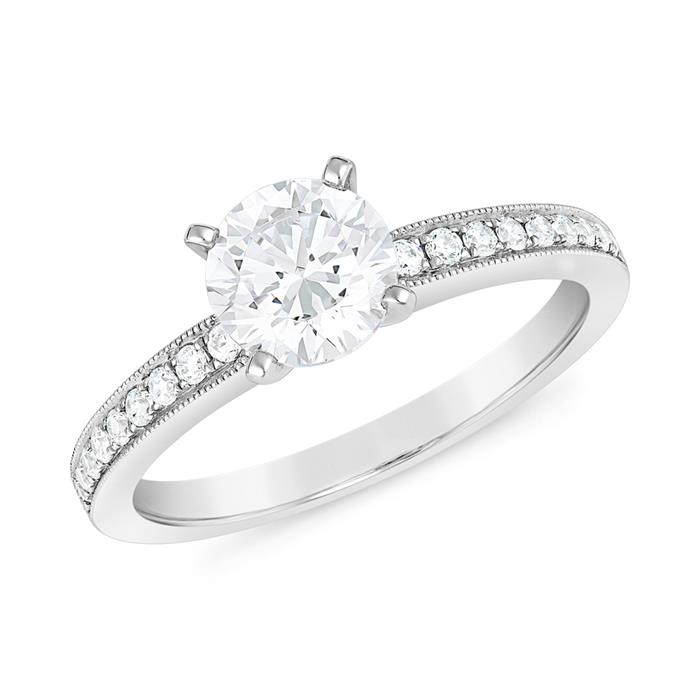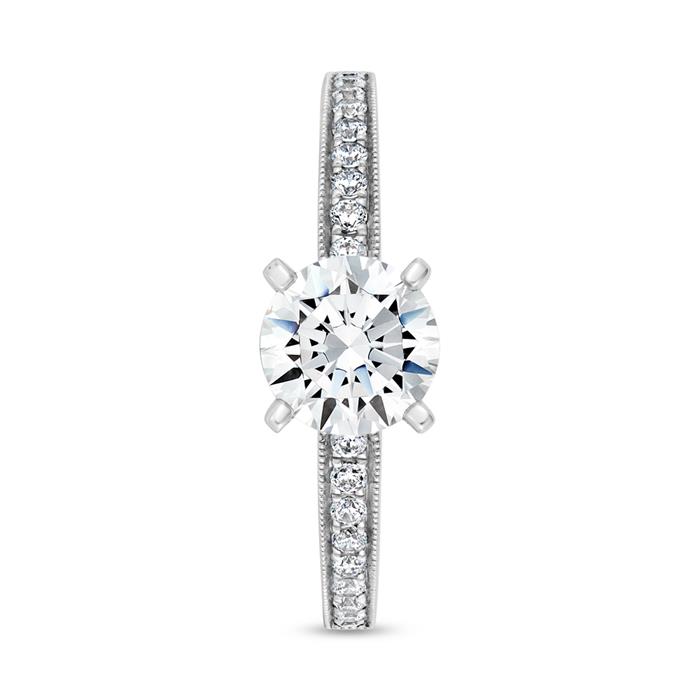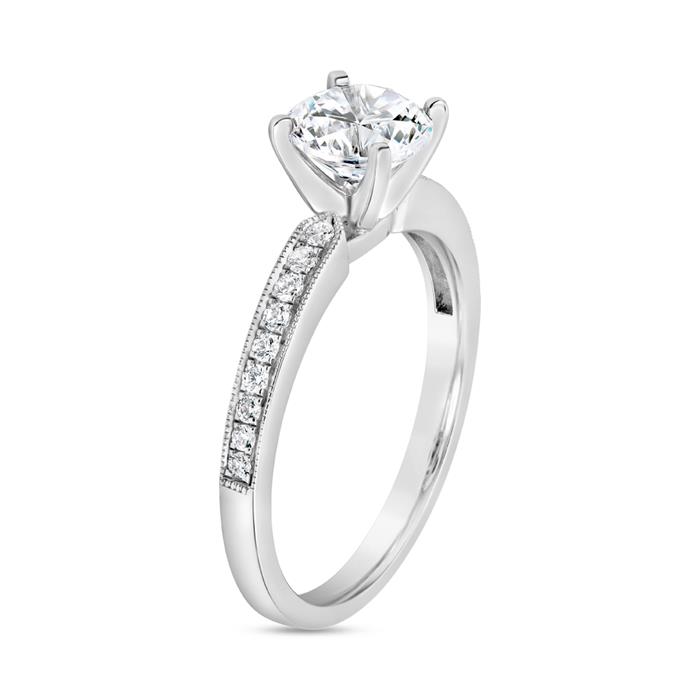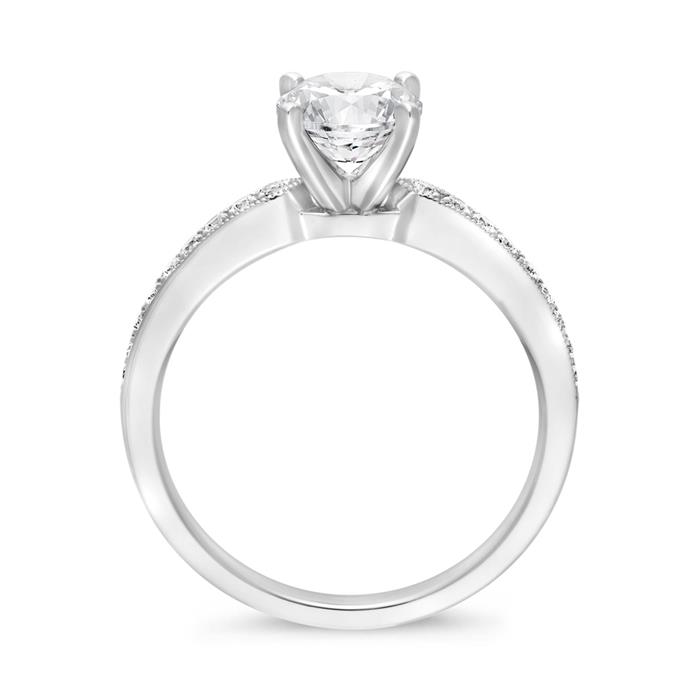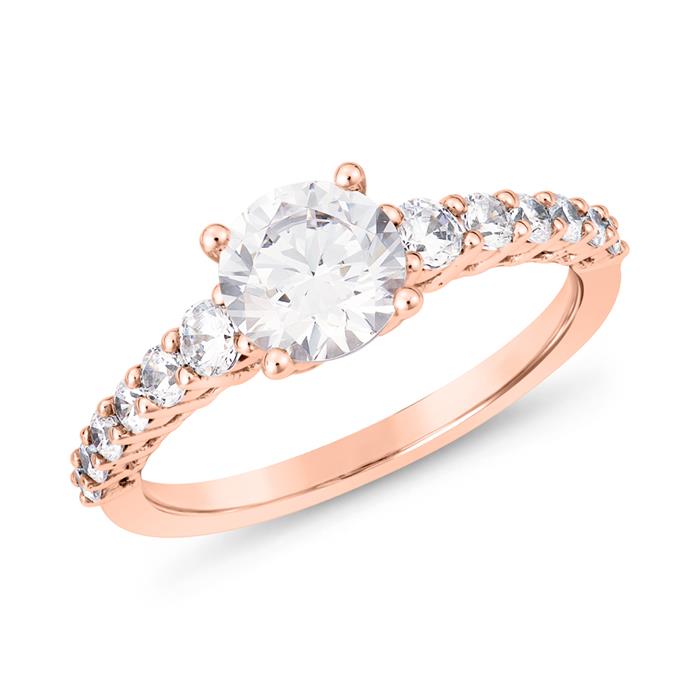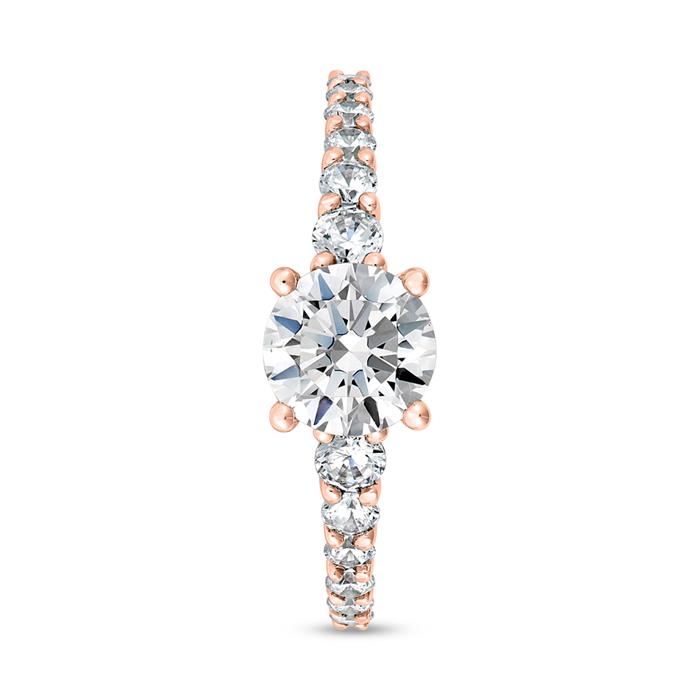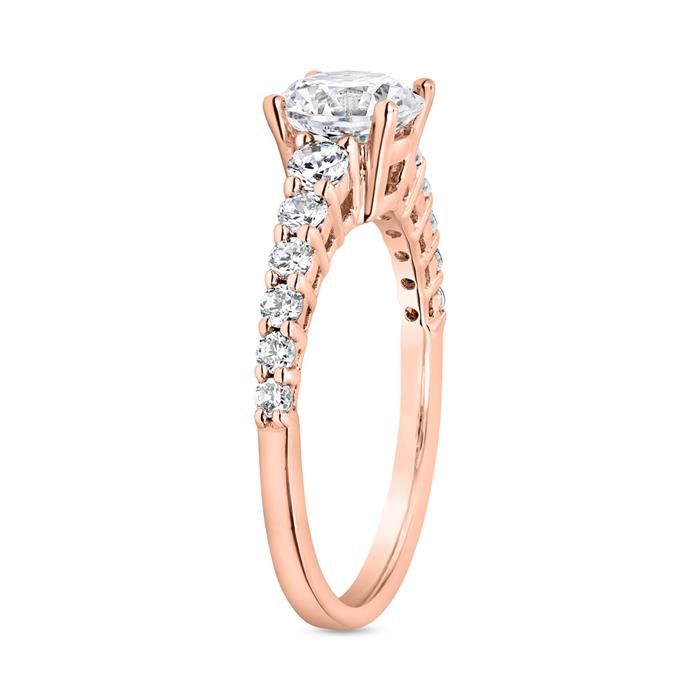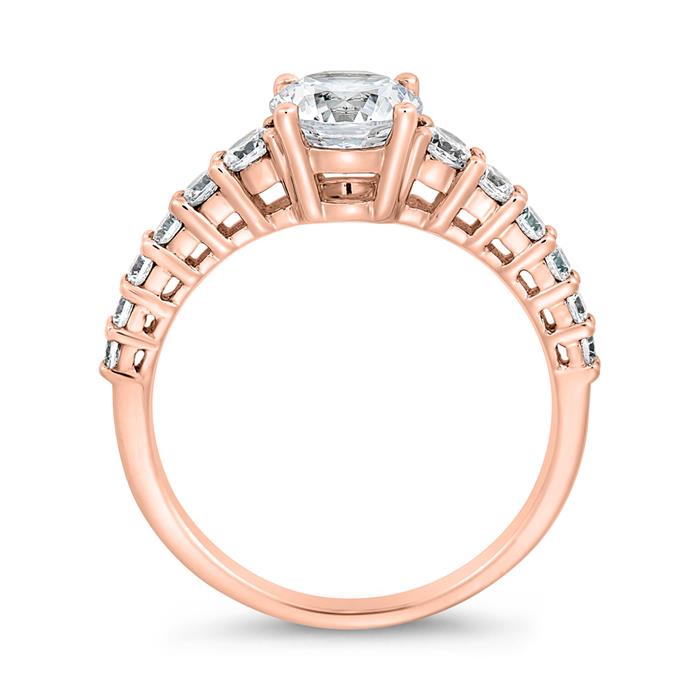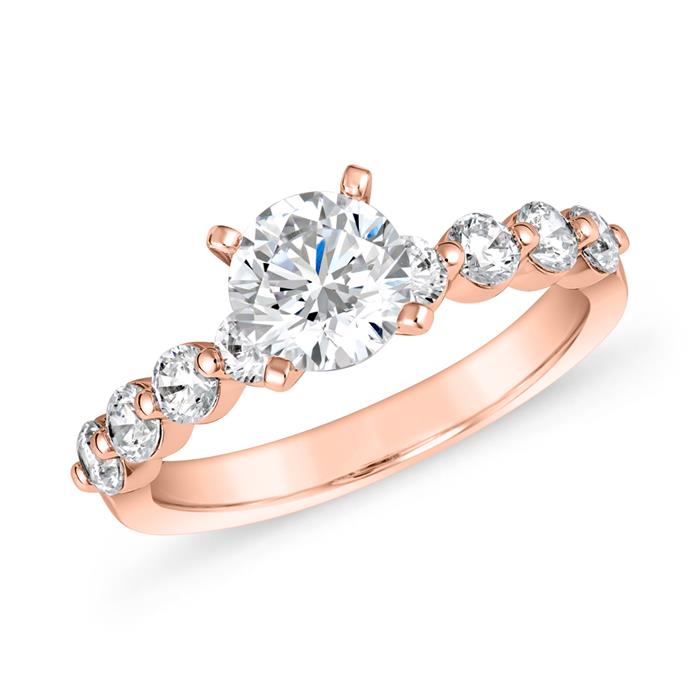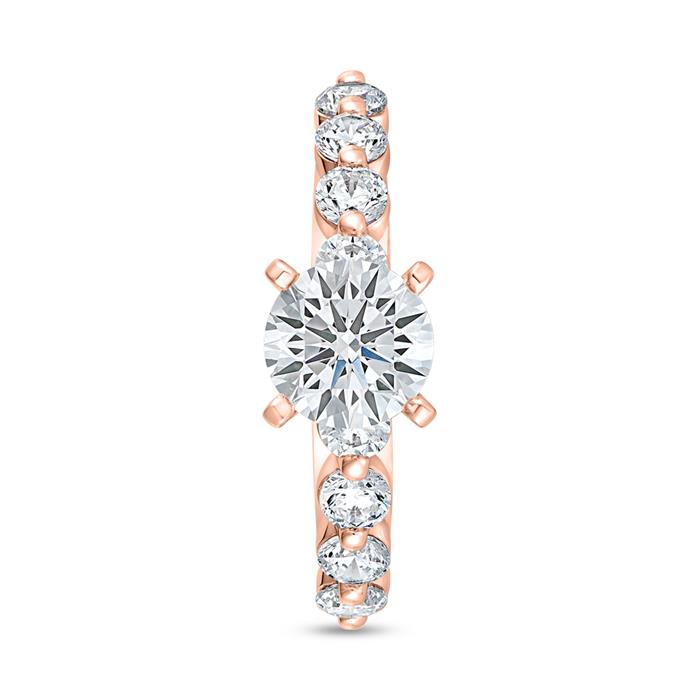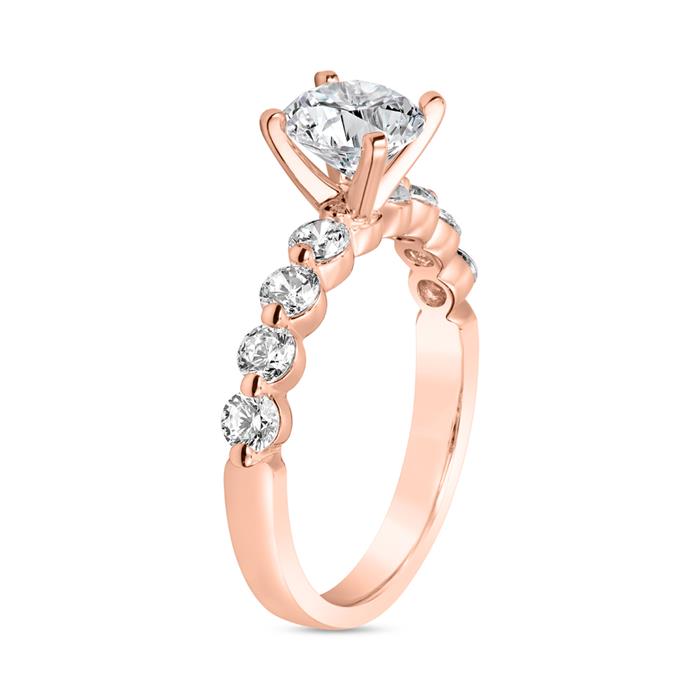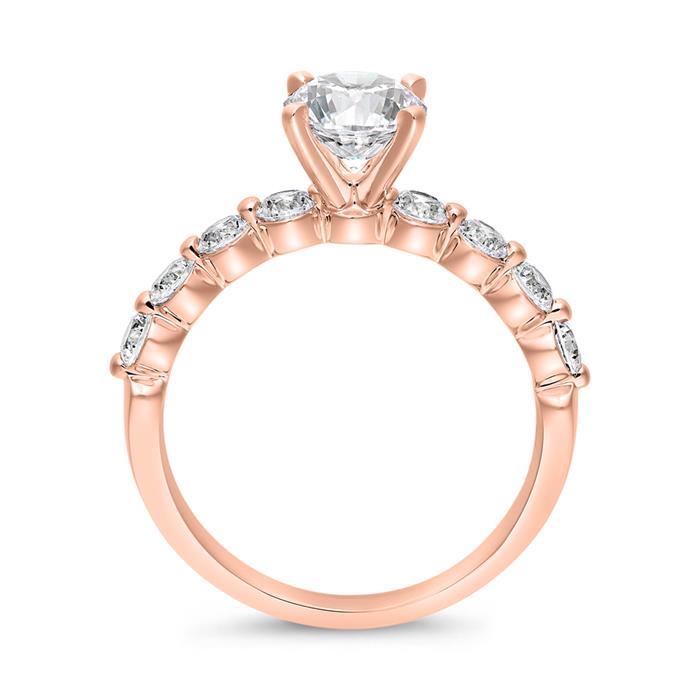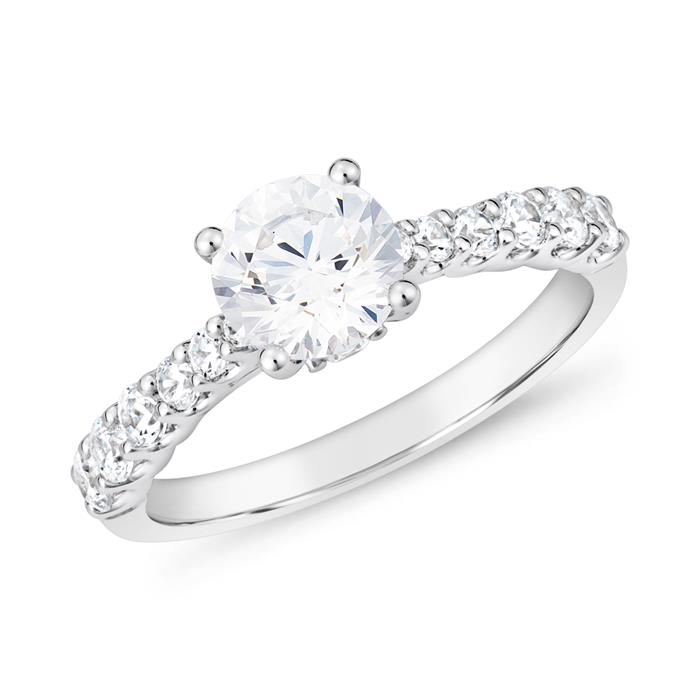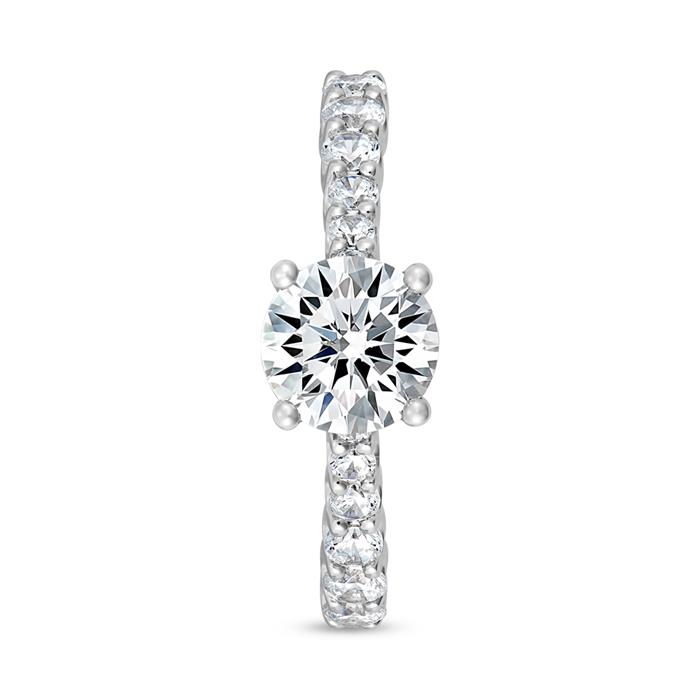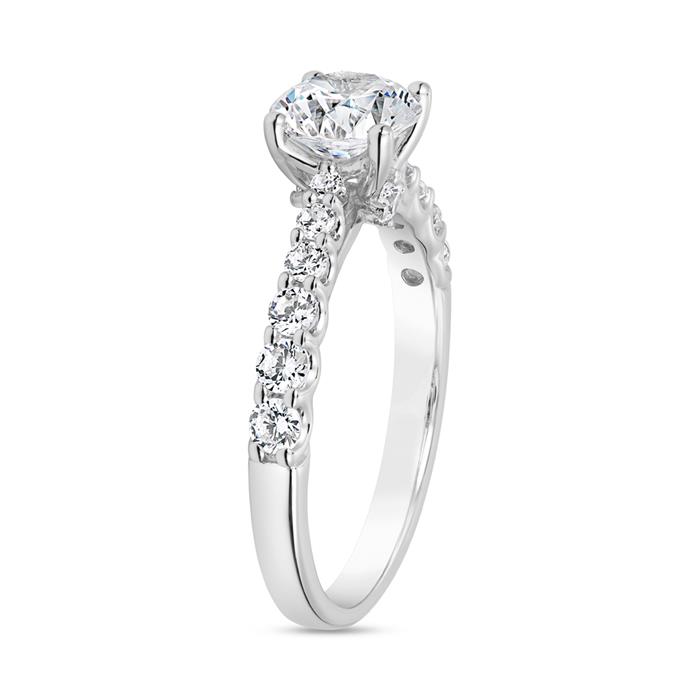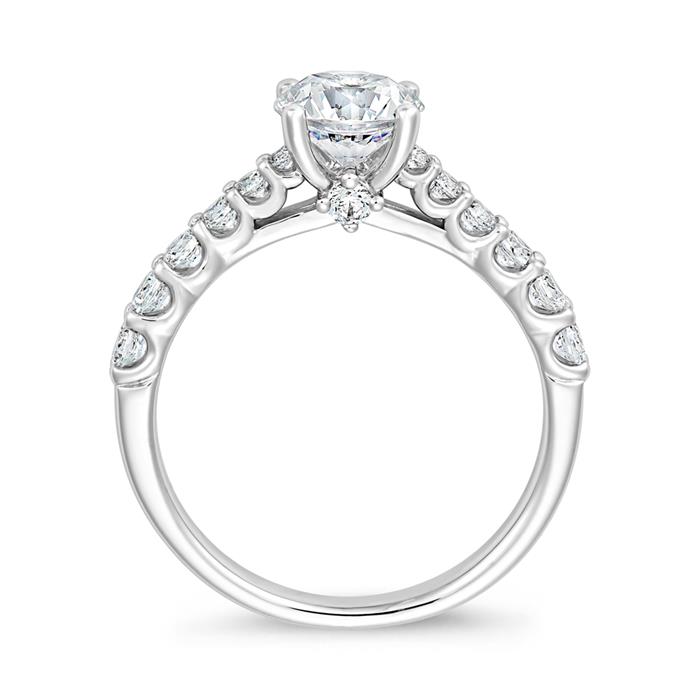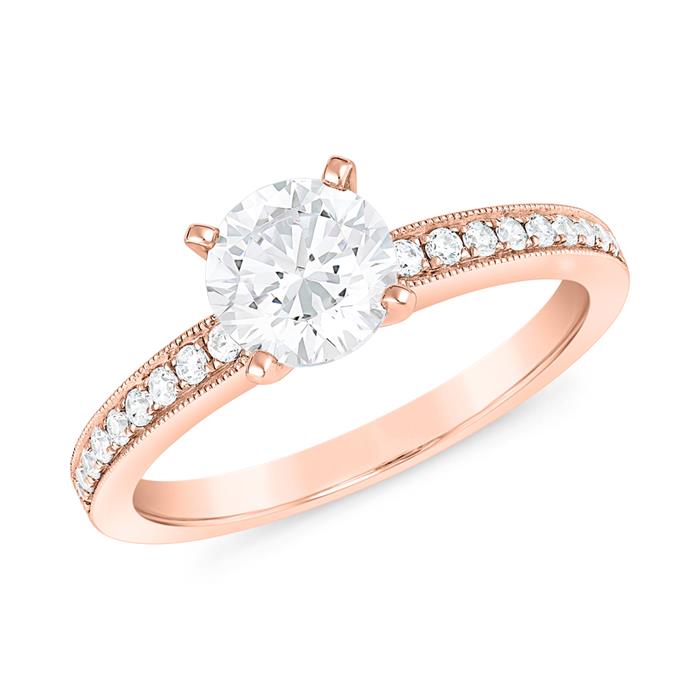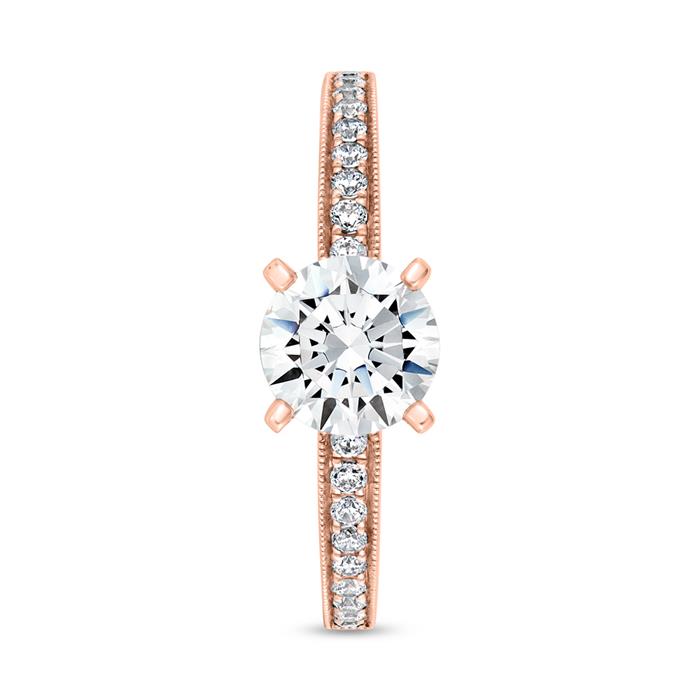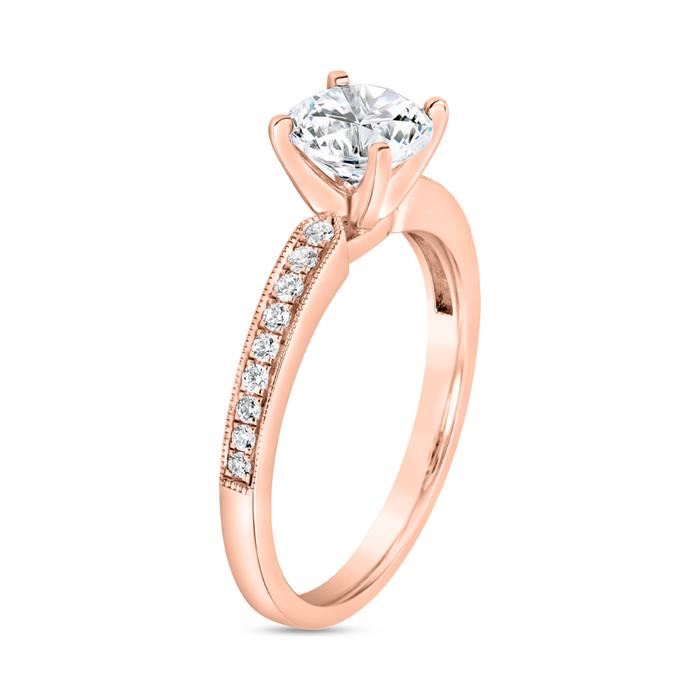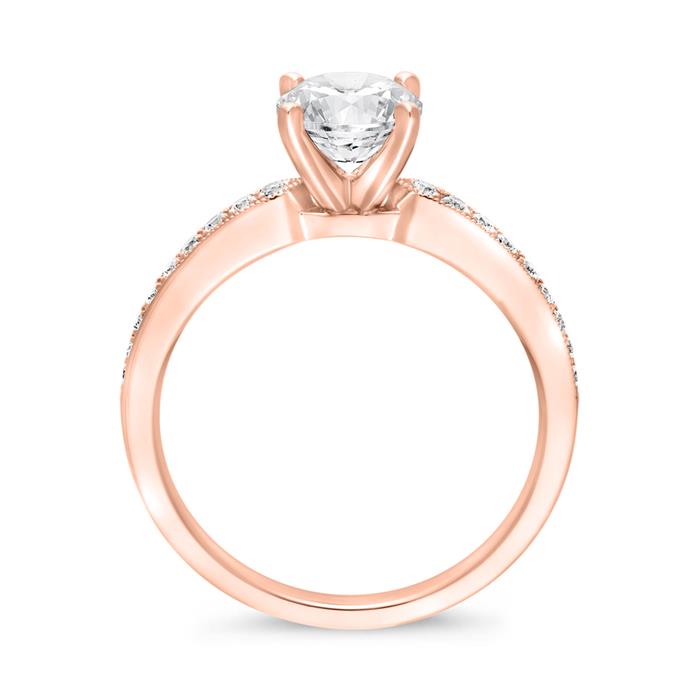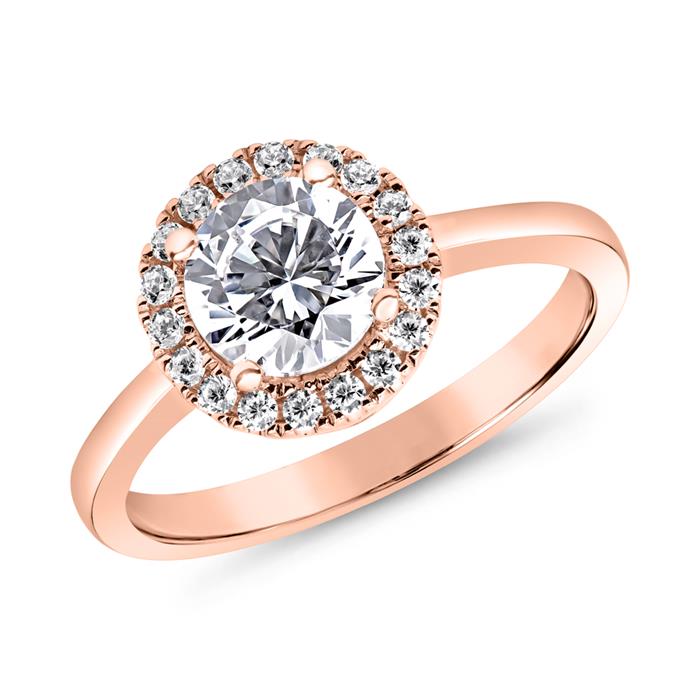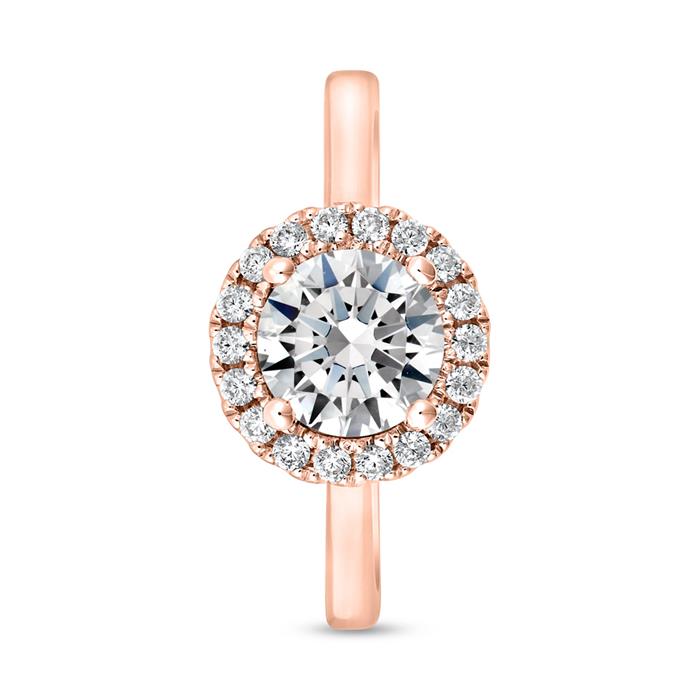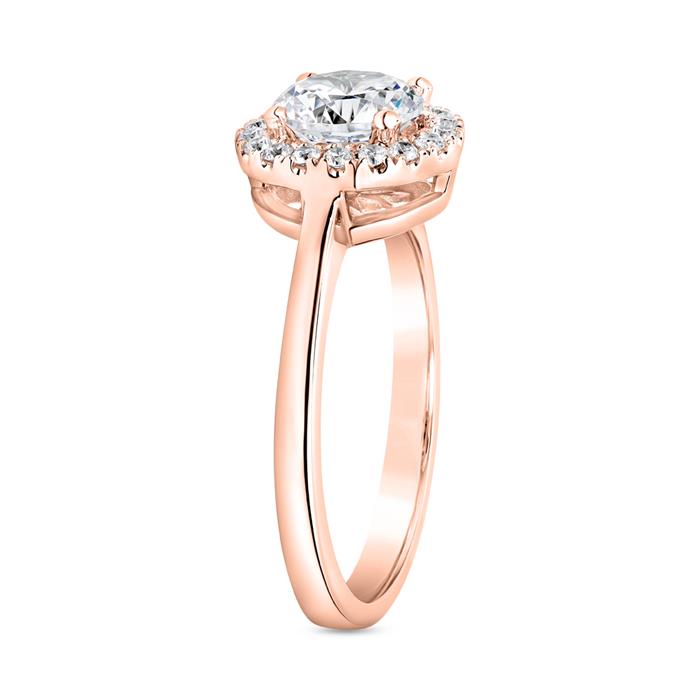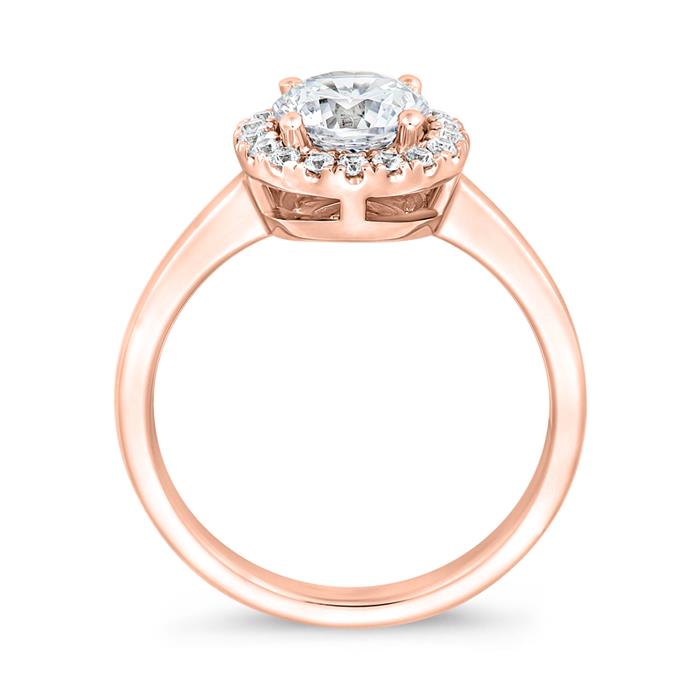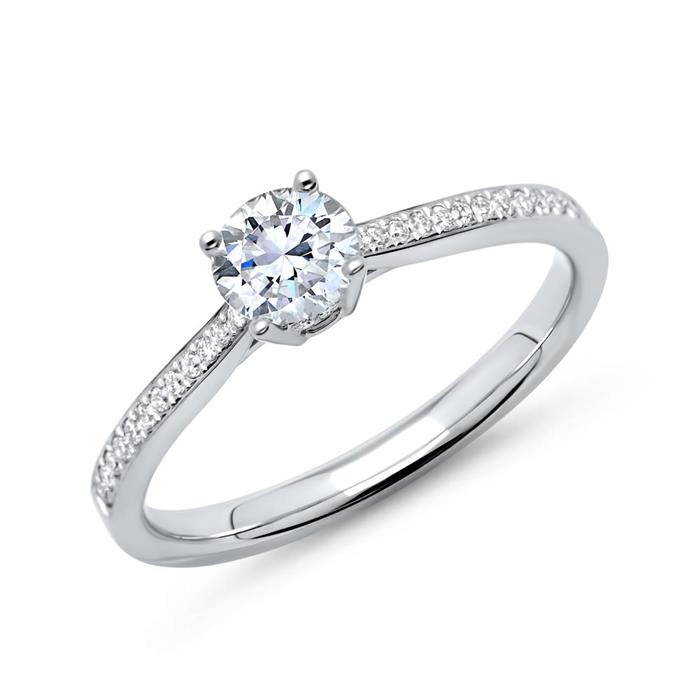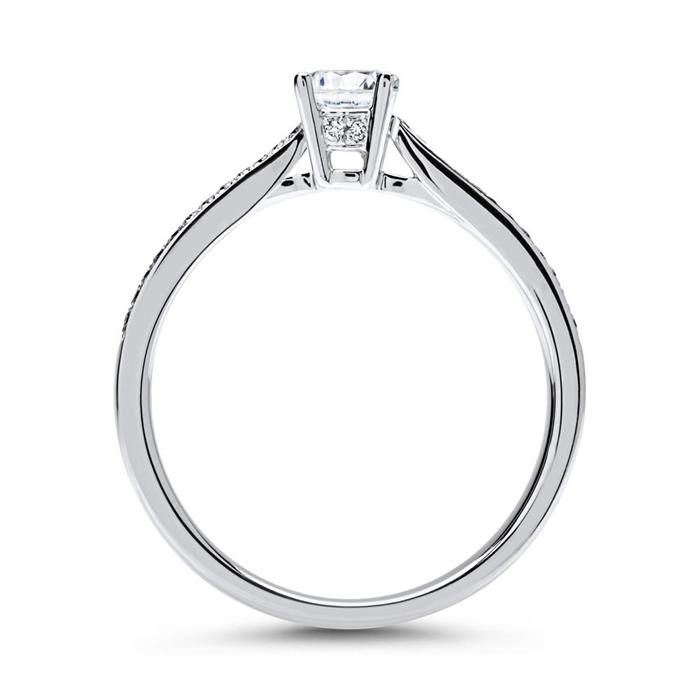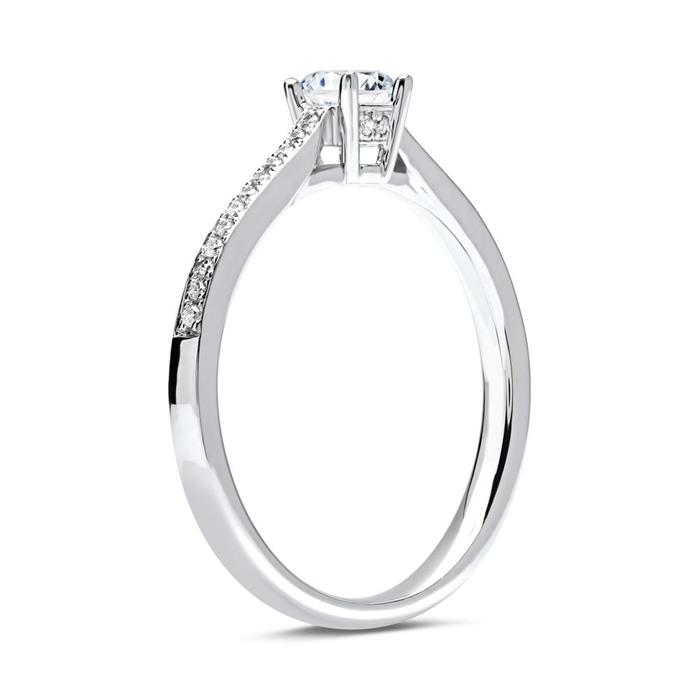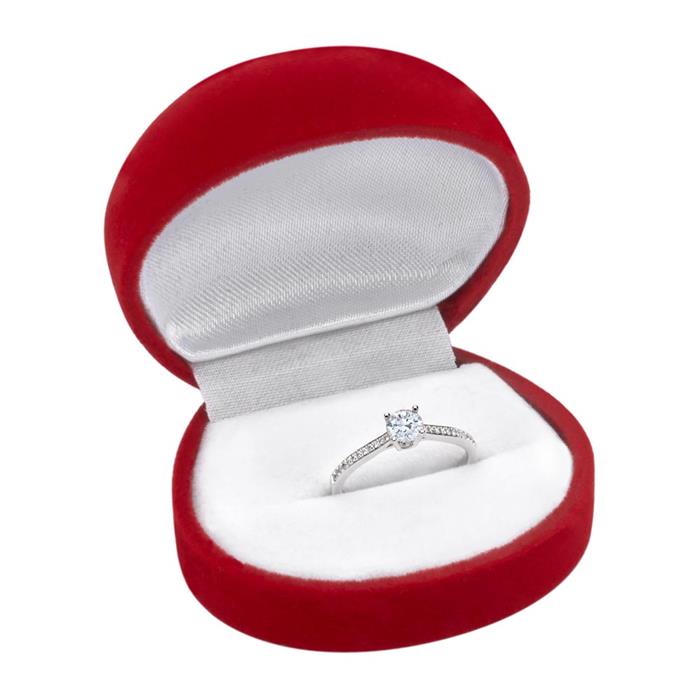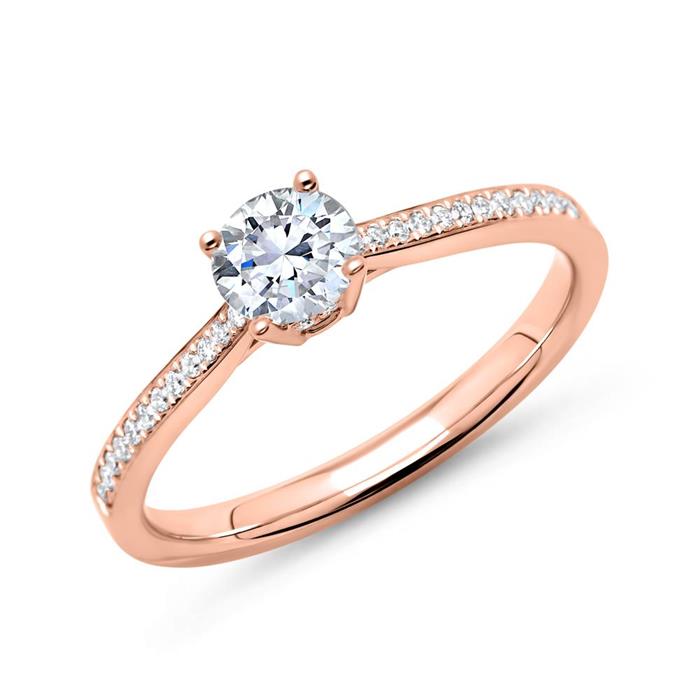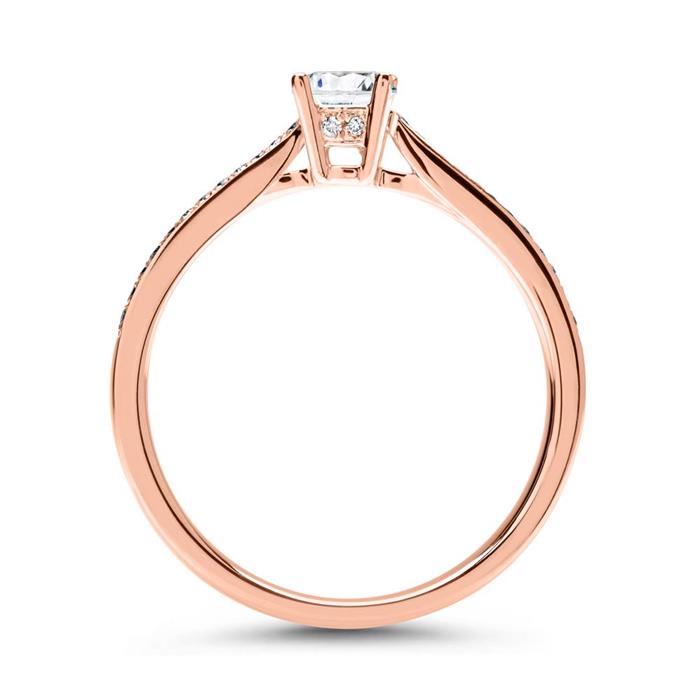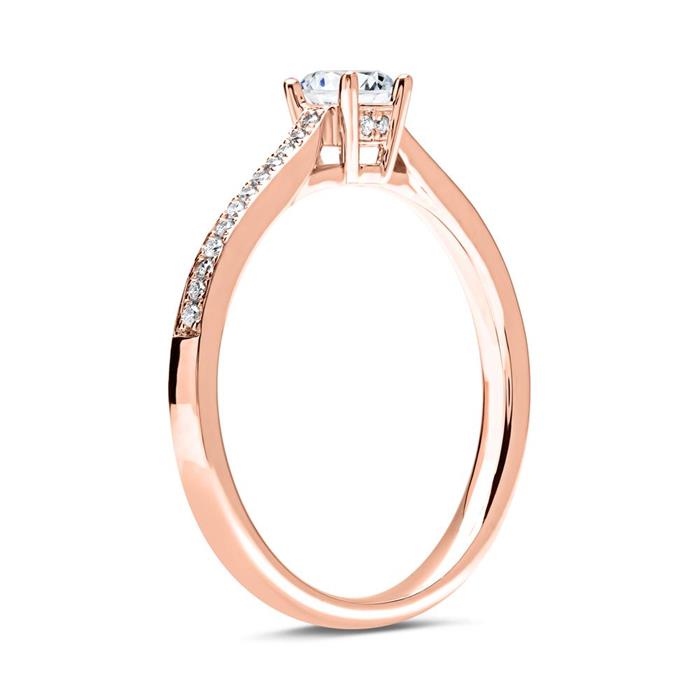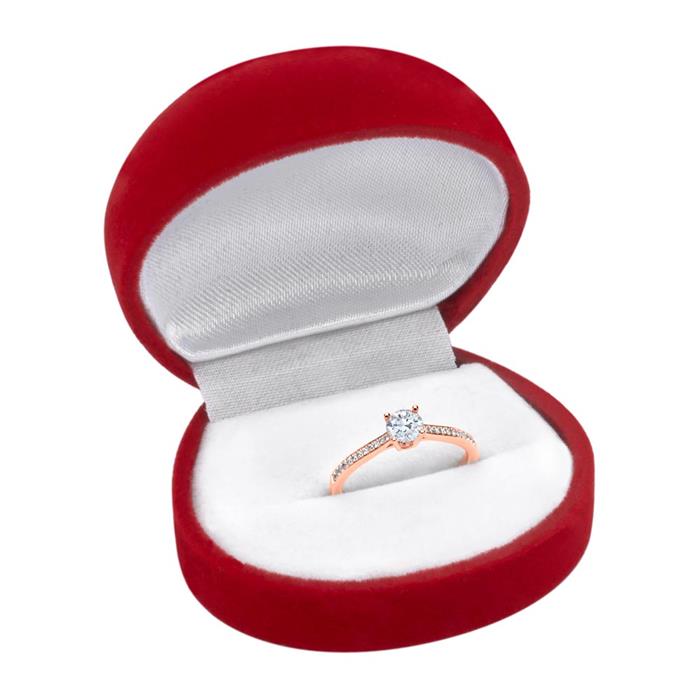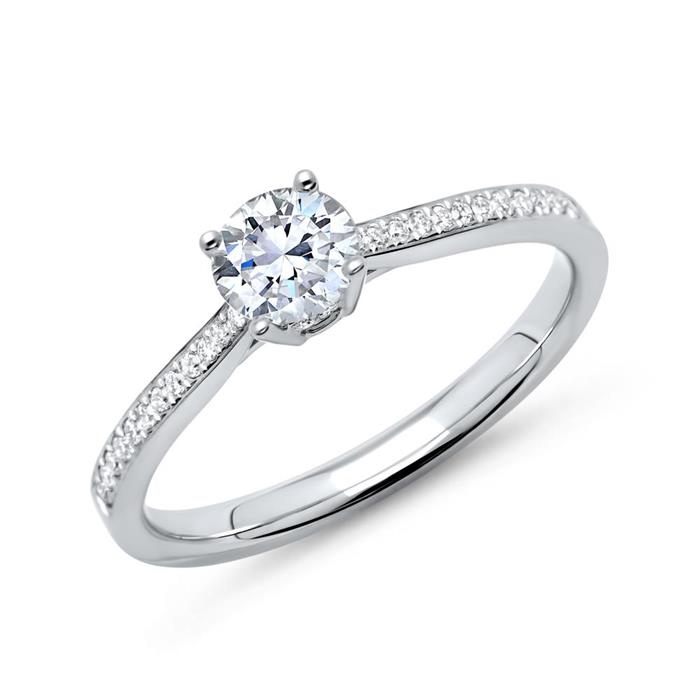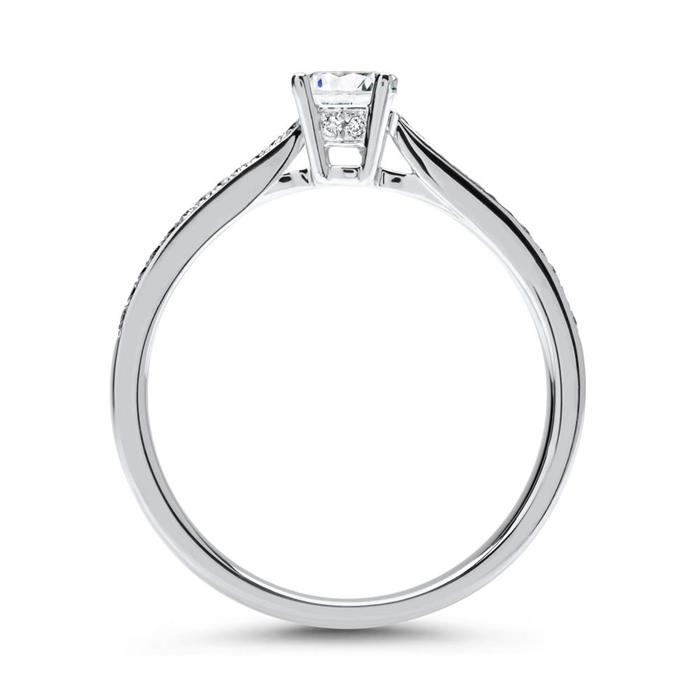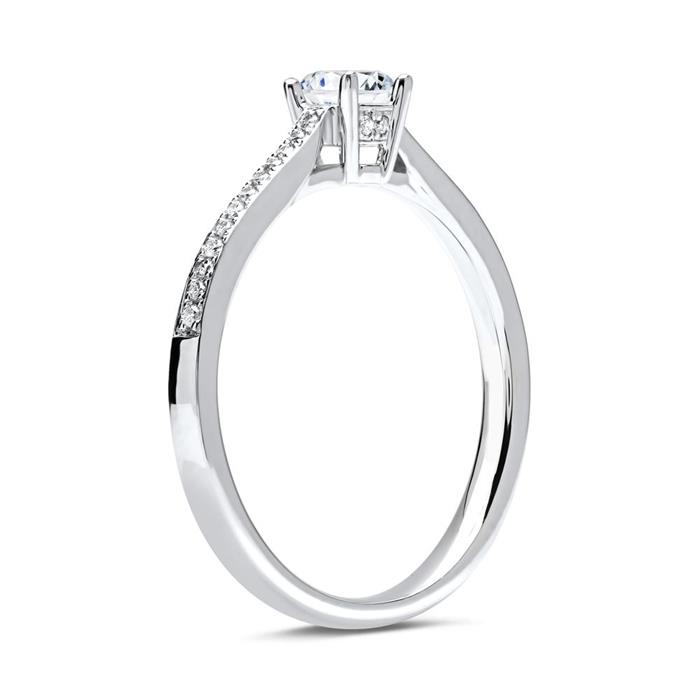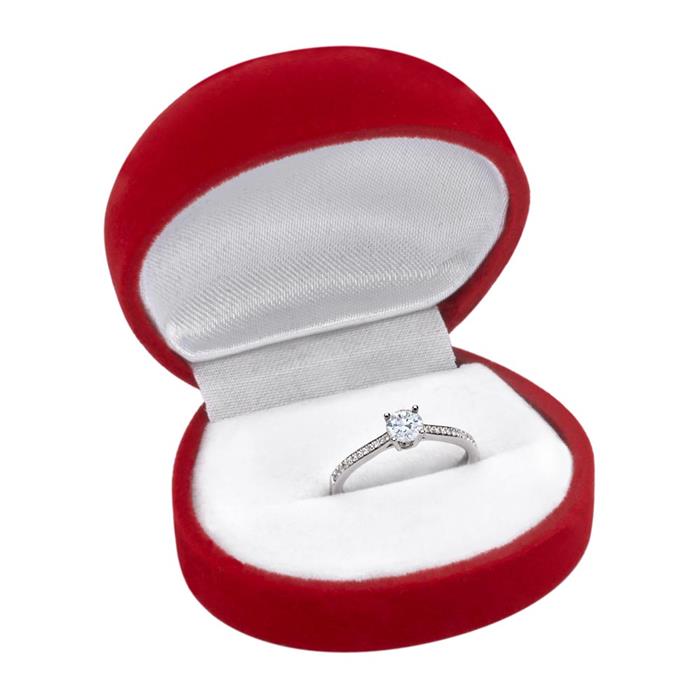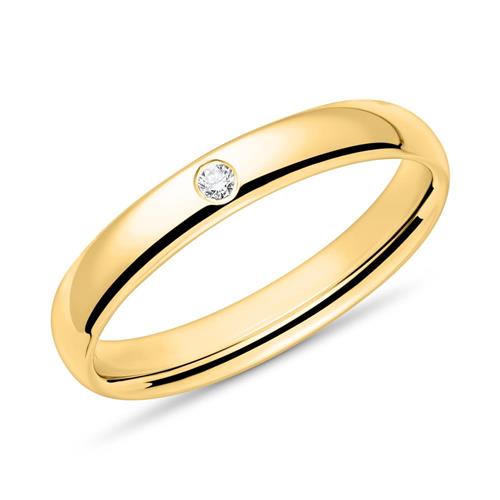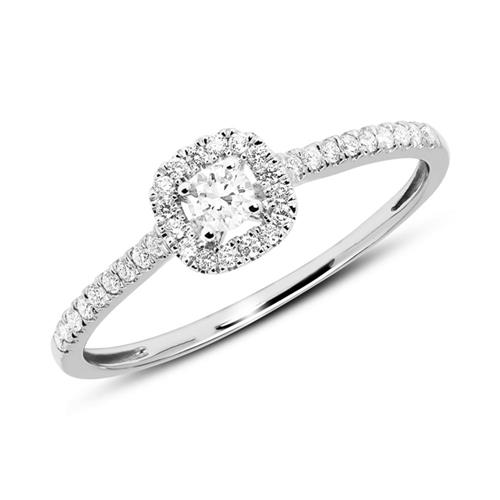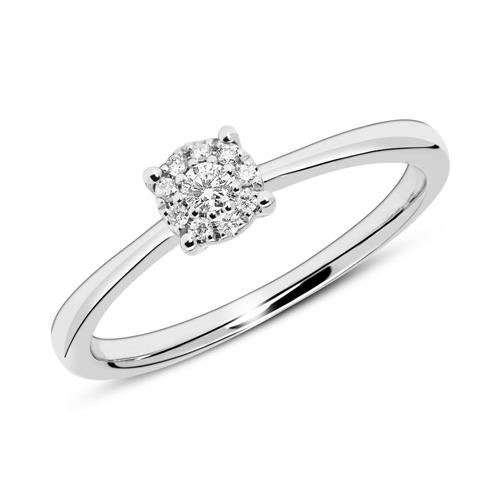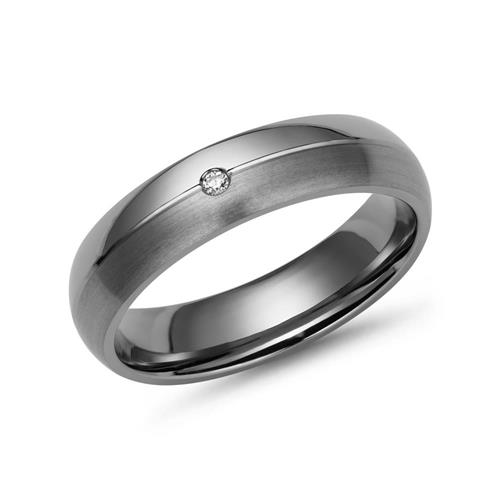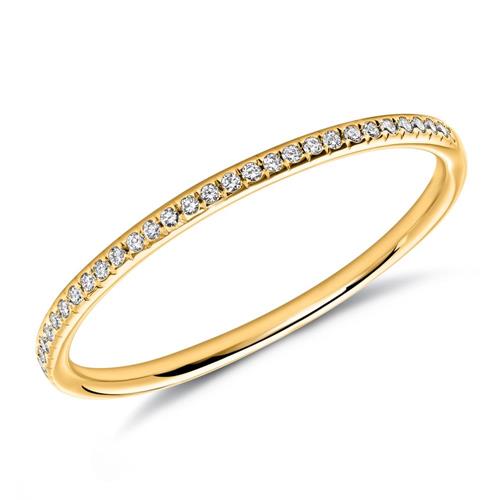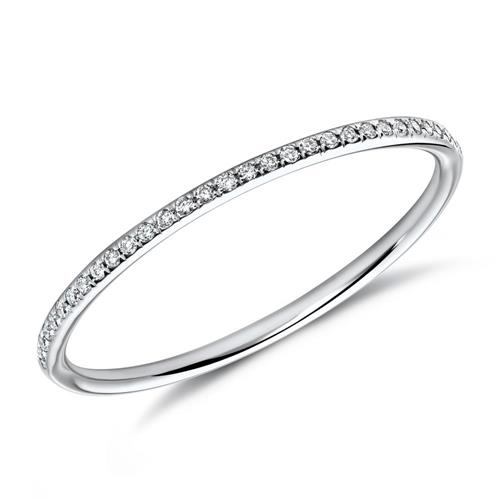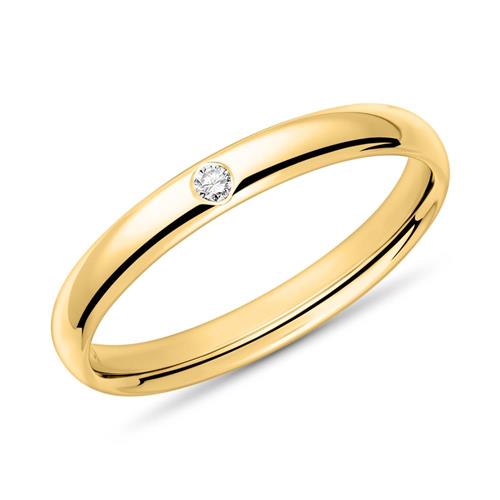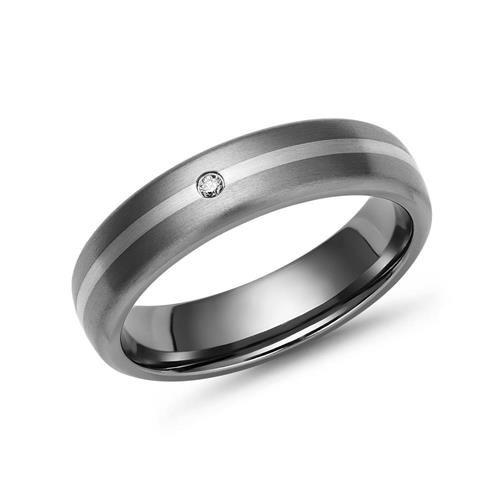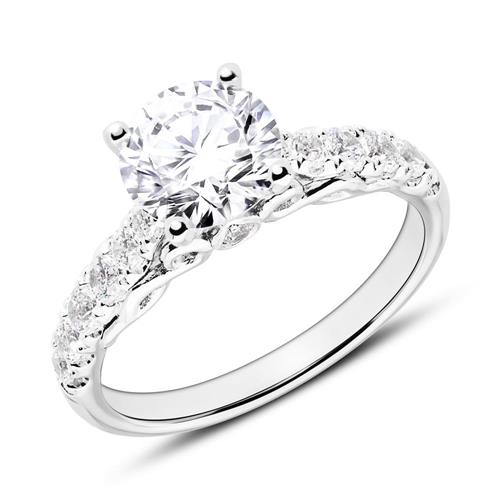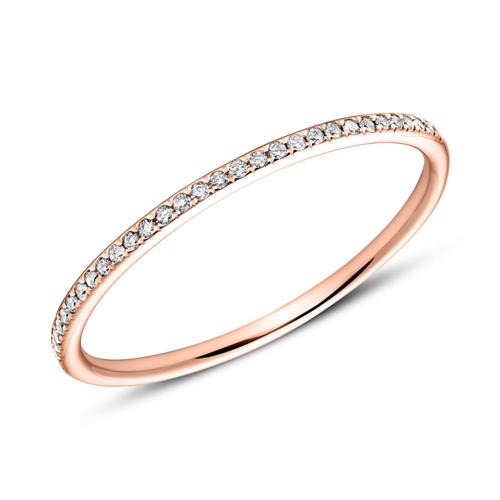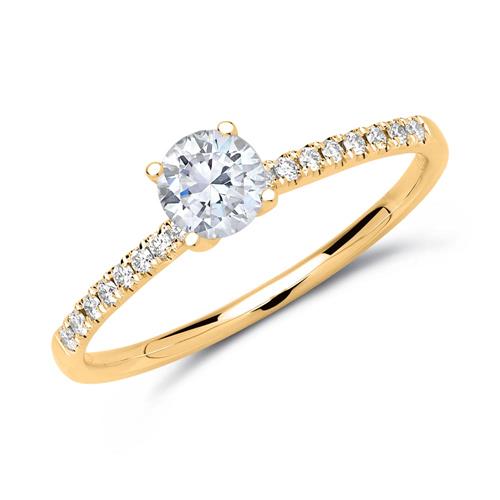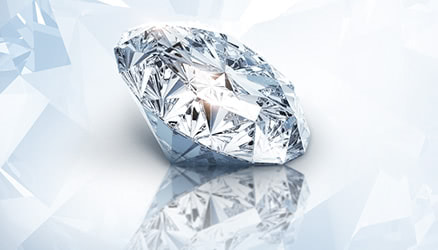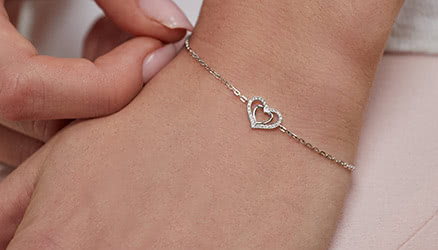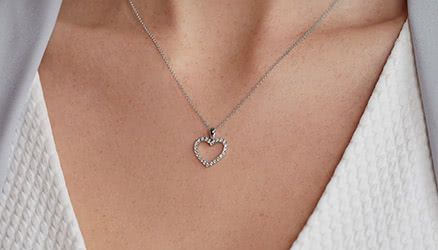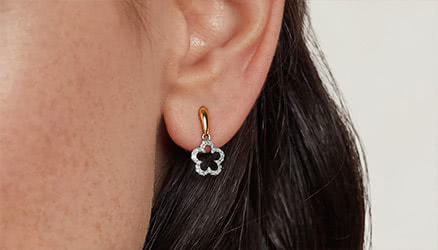Diamond Rings
Shop diamond rings online at THE JEWELLER
A breathtaking sparkle - that awaits you with our exclusive diamond rings. They are available in a wide variety of materials and designs, so there is something to suit every taste. In addition to classic designs, enchanting hearts, floral motifs and trendy creations await you. Some of the diamond rings are additionally decorated with pearls, rubies, sapphires and emeralds. Let yourself be inspired by the lovingly arranged selection in our online shop and find the diamond ring that will make your heart beat faster.
1,359.00 €
Ordering Item
1,529.00 €
Ordering Item
1,239.00 €
Ordering Item
1,359.00 €
Ordering Item
1,529.00 €
Ordering Item
1,649.00 €
Ordering Item
1,259.00 €
Ordering Item
1,649.00 €
Ordering Item
1,759.00 €
Ordering Item
1,479.00 €
Ordering Item
1,329.00 €
Ordering Item
1,239.00 €
Ordering Item
1,579.00 €
Ordering Item
1,119.00 €
Ordering Item
1,479.00 €
Ordering Item
1,399.00 €
Ordering Item
989.00 €
Ordering Item
1,749.00 €
Ordering Item
1,579.00 €
Ordering Item
1,749.00 €
Ordering Item
1,569.00 €
Ordering Item
1,649.00 €
Ordering Item
1,679.00 €
Ordering Item
1,829.00 €
Ordering Item
1,309.00 €
Ordering Item
1,469.00 €
Ordering Item
1,469.00 €
Ordering Item
1,779.00 €
Ordering Item
1,379.00 €
Ordering Item
1,579.00 €
Ordering Item
1,579.00 €
Ordering Item
989.00 €
Ordering Item
1,309.00 €
Ordering Item
1,479.00 €
Ordering Item
1,829.00 €
Ordering Item
1,449.00 €
Ordering Item
1,779.00 €
Ordering Item
1,529.00 €
Ordering Item
1,379.00 €
Ordering Item
1,679.00 €
Ordering Item
1,469.00 €
Ordering Item
1,529.00 €
Ordering Item
1,449.00 €
Ordering Item
Diamonds - timeless beauty
Diamonds have a breathtaking sparkle, have a profound symbolism and have fascinated people for thousands of years. As stone trimmings they refine any gold or platinum jewellery and round it off with a stylish elegance. The term diamond is derived from the ancient Greek word adamas, which means as much as impregnable. And this translation could hardly be more accurate, because the diamond is actually the hardest, naturally occurring material. On the Mohs hardness scale, the diamond has a value of 10; diamonds are formed in the mantle at a depth of approximately 150-660 kilometres. Only there is the right pressure-heat combination in combination with a sufficient carbon deposit. At such a depth, industrial mining is of course impossible. It is only through volcanic eruptions that the rough diamonds used for jewellery production are brought further to the earth's surface. Since the 1950s it has been possible to produce diamonds synthetically. There are three different procedures for this: In the high-pressure high-temperature process developed in 1955, a catalyst is added to the graphite. With the help of a hydraulic press the raw material is put under extreme pressure, an enormous heat is generated and after a few weeks a diamond is formed. There is also detonation synthesis and shock wave synthesis. Both processes use explosives and, as in the first process, the conversion process is initiated with pressure and heat. The value of a diamond depends on several factors. The most important features are known as the 4 Cs. This means cut, color, clarity and carat. The cut turns rough diamonds into the sparkling gems we love so much. Basically, a stone can either be faceted or polished. With an ideal facet cut, the optimal refraction of light is aimed for so that the typical fire of the diamond is produced. Polishing a diamond, as in cabochon-cutting, promises an ideal view of the purity of the gemstone. Popular cuts are: the brilliant cut, marquis cut, oval cut, drop cut, heart cut, emerald cut, baguette cut and the princess cut. The colour of diamonds is classified according to a standardised colour scale. This ranges from D (High-Fine White+) to Z (Maximum Tinted Yellow). In almost all cases the stones we process fall under G (fine white). The purity of a diamond is influenced by the number and size of inclusions present in the stone. The classification table ranges from flawless to inclusions that are easily visible to the naked eye and significantly reduce the brilliance of the diamond. Almost all our diamonds fall into the category small inclusions. This means that the inclusions are easily visible under the microscope at tenfold magnification, but by no means with the naked eye. Carat is the weight of gemstones and should not be confused with the carat number, which indicates the purity of gold. The carat number influences the price of the respective diamond piece of jewellery most strongly from the 4 Cs. Your trust is important to us: In addition to the highest quality standards, which we check by hand for each individual piece of jewellery, we also pay attention to ethical aspects. That is why our diamonds come exclusively from conflict-free sources.
Exclusive and perfectly shaped - Diamond rings
In our wide range of diamond rings you will find the right ring for every occasion and for every taste. You can choose between 585 or 750 gold (yellow gold, white gold and pink gold) and Platinum. The settings for the diamonds contribute to the overall appearance of the ring and should therefore be given exemplary attention here. One of the most popular frames is the"Krappenfassung". Because the main diamond is held exclusively by the filigree claws, it receives the maximum amount of light and thus appears even larger and more brilliant. The pavé setting is used when many small diamonds are to be arranged close together. Each diamond sits in a small recess and the edges of the metal will be rubbed over the edges of the diamond until tiny beads are formed. In this way, the respective stone is held in position. The same procedure is also used for grain detection. The only difference is that the stones are only placed in one row. The frame or bezel version is also extremely popular. The diamond is held by a collar that surrounds the stone. The channel socket is often used for Eternity rings. The diamonds are set side by side in a channel and their edge is worked over the edges of the diamonds. The bar setting is similar to the channel setting, but here vertical struts separate the diamonds from each other. Remains the clamping ring, with which the stone is clamped between the ring rail. The classic ring types for diamond jewellery are the Solitaire, Halo and Memoire/Eternityring. The solitaire ring is the epitome of the engagement ring and so popular due to its classic design. In its original form, it is set with a single diamond in a dome setting. Meanwhile there are also models whose ring rail is also set with precious stones or the stone has a different cut. In a halo ring, the diamond set with a collar is surrounded by a wreath of smaller diamonds in pavé setting. Usually a brilliant cut stone is used as centrestone, but oval or princess cut diamonds are also more common. Memoire or memory rings are also known as Eternity rings. Here the ring rail is either partly or completely covered with the precious stones. In the past, often only three to five stones were set in the ring. Only gradually - on special occasions and as a reminder - with more diamonds added until the ring was finally completely set.
Buy diamond rings risk-free at THE JEWELLER
Benefit from the advantages of being an online jeweler: On THE JEWELLER you can look around for the right diamond ring at your leisure. You can take as much time as you want with your decision. Moreover, you are completely independent of opening hours, Sundays and holidays - shopping couldn't be more pleasant. Through the uncomplicated online order you can have your selection delivered directly to your home without much effort. Useful information about diamond jewellery can be found in our jewellery encyclopedia and in our diamond guide. And even if you need help finding the right diamond jewelry to give someone an exclusive gift, we are here for you.



